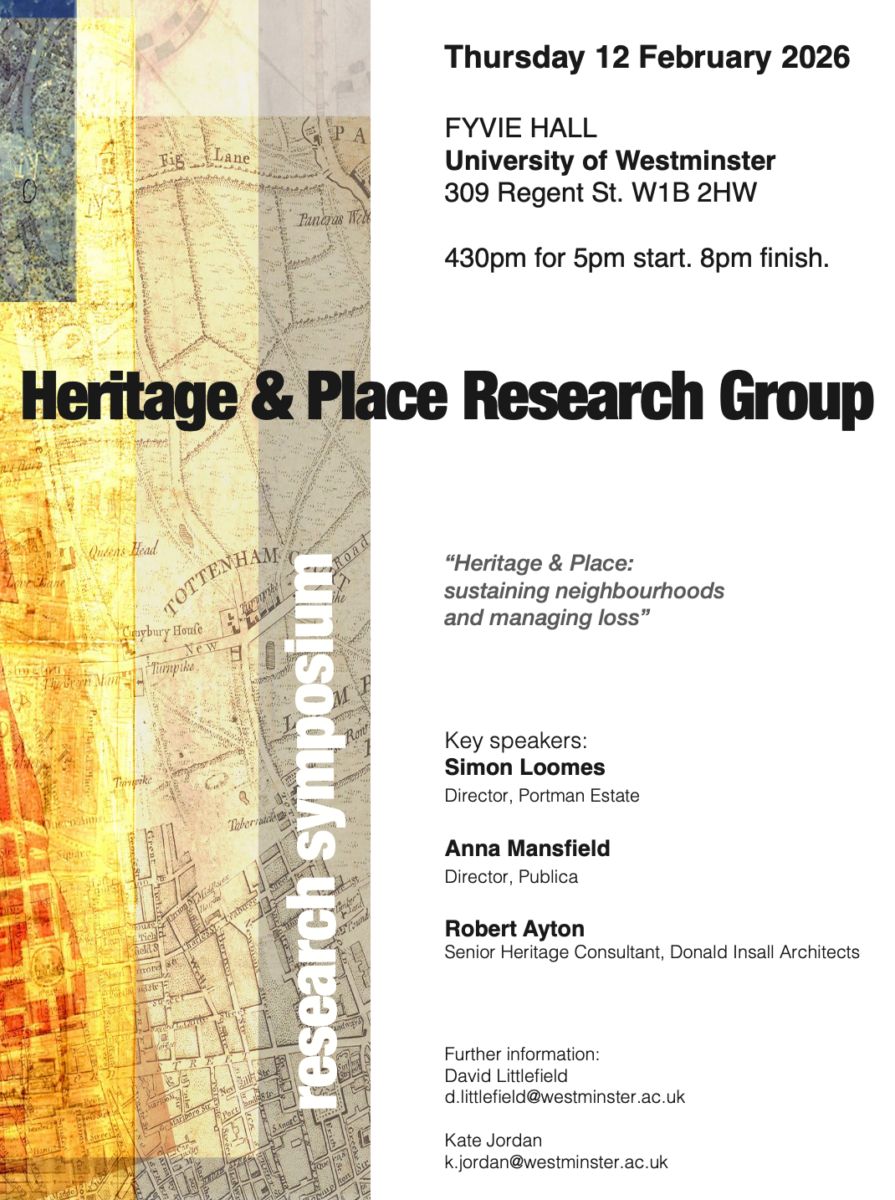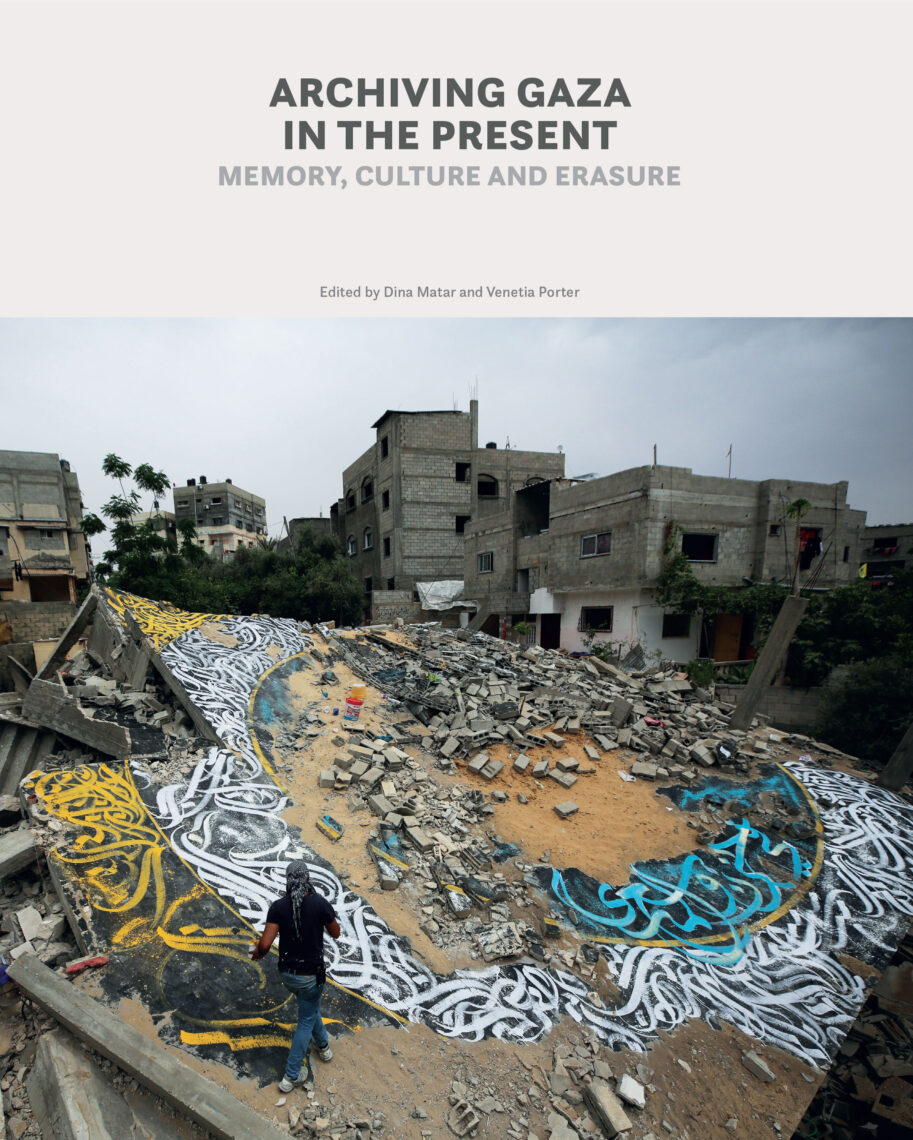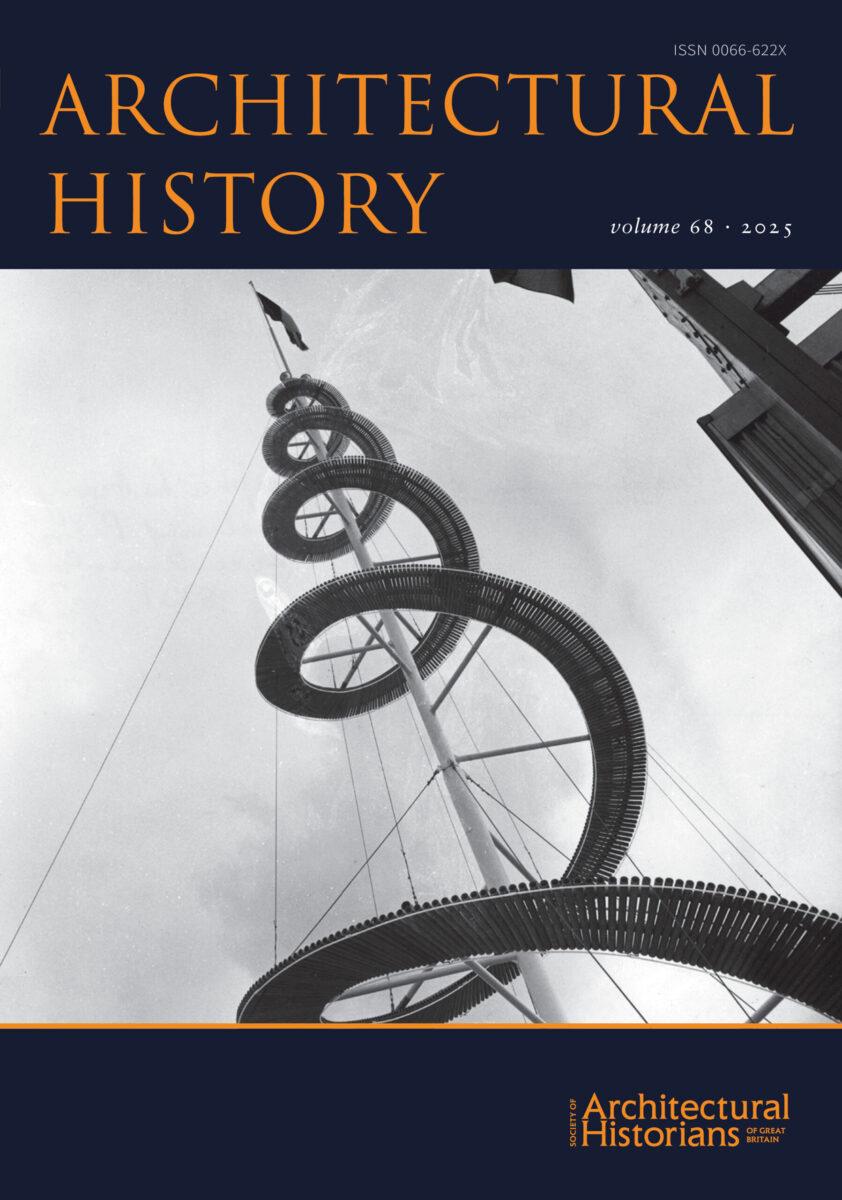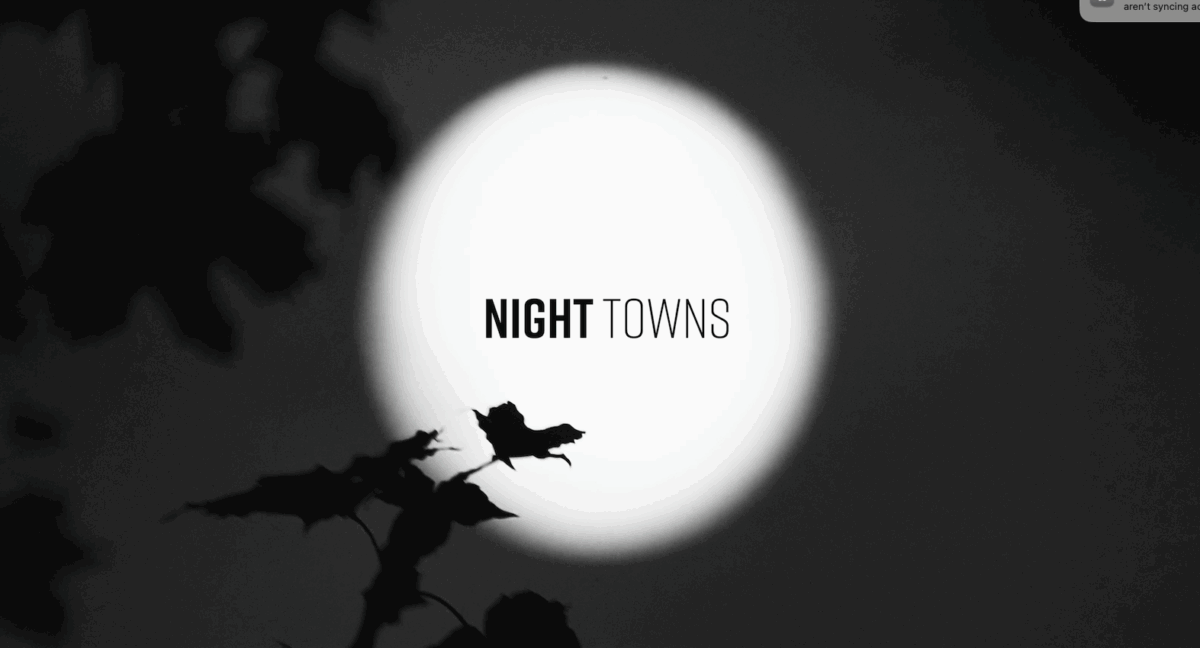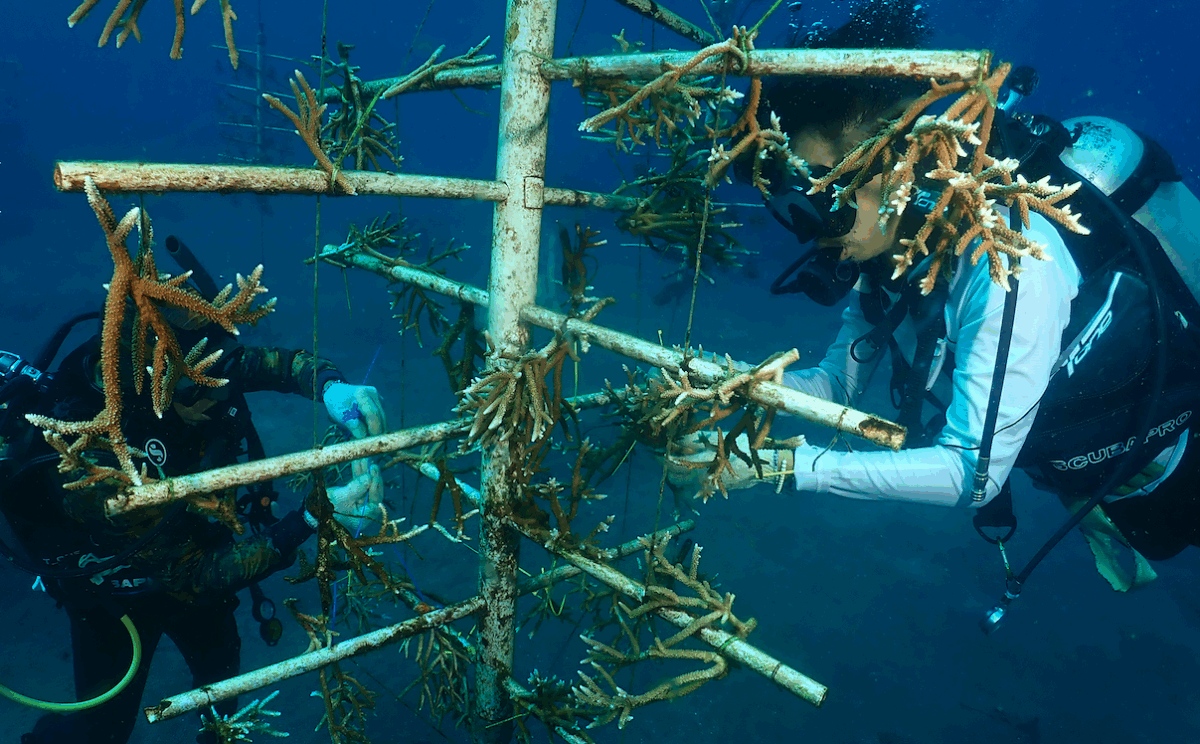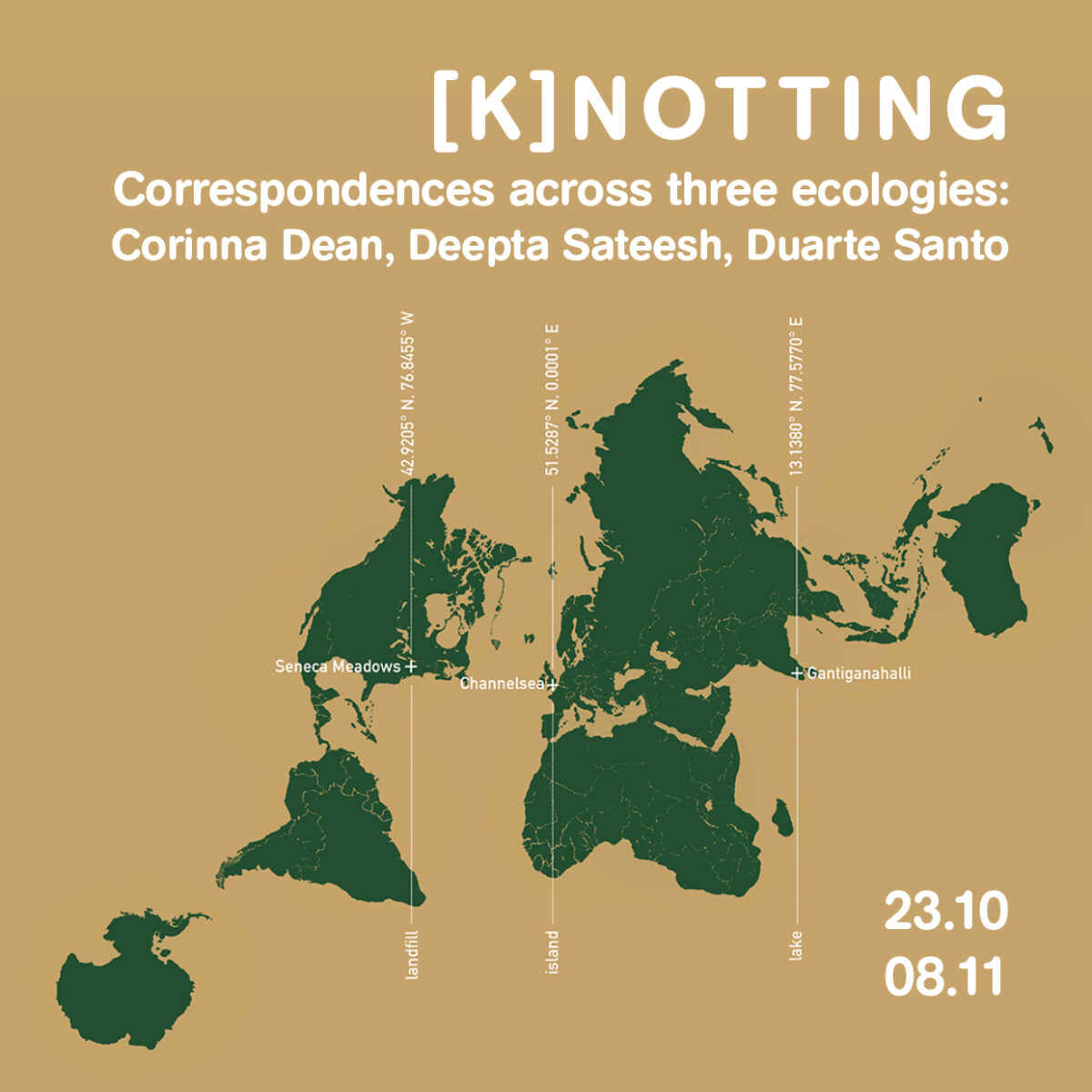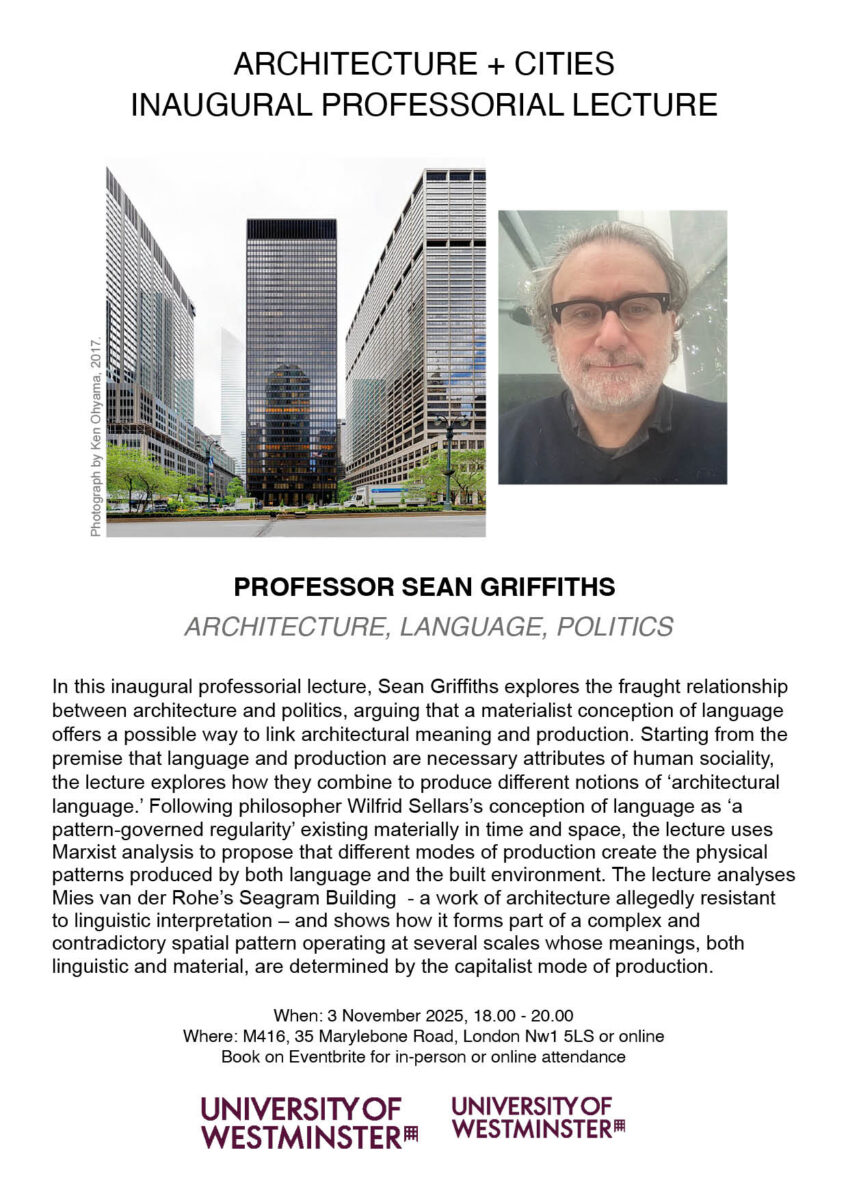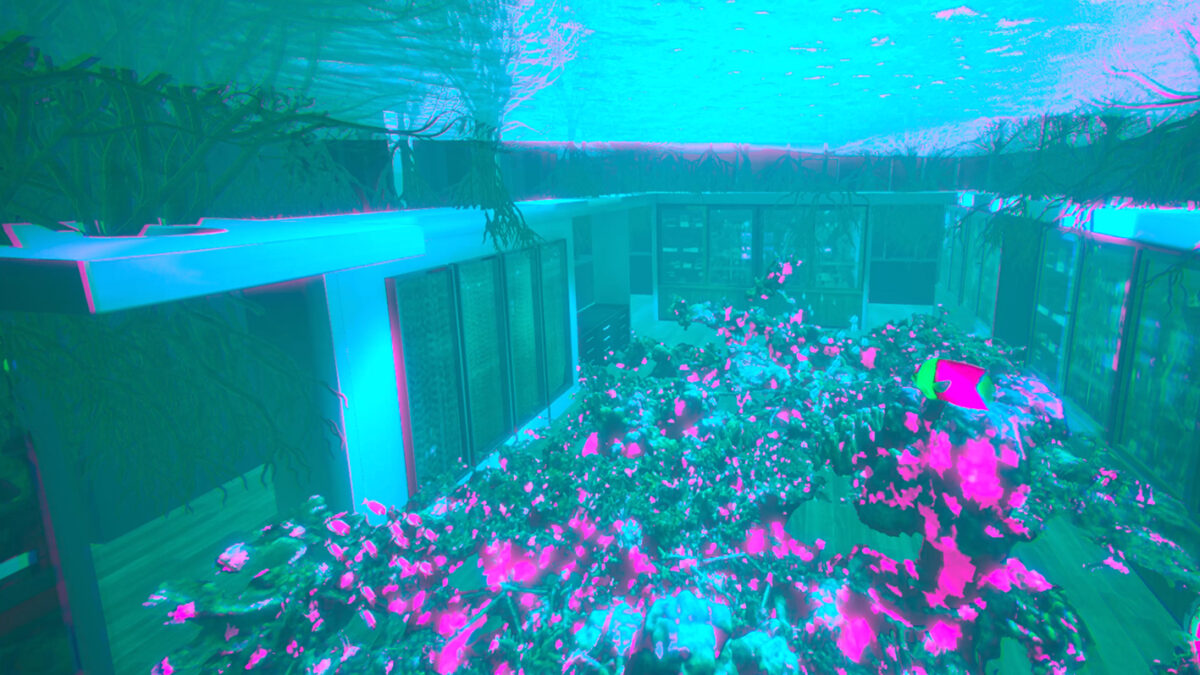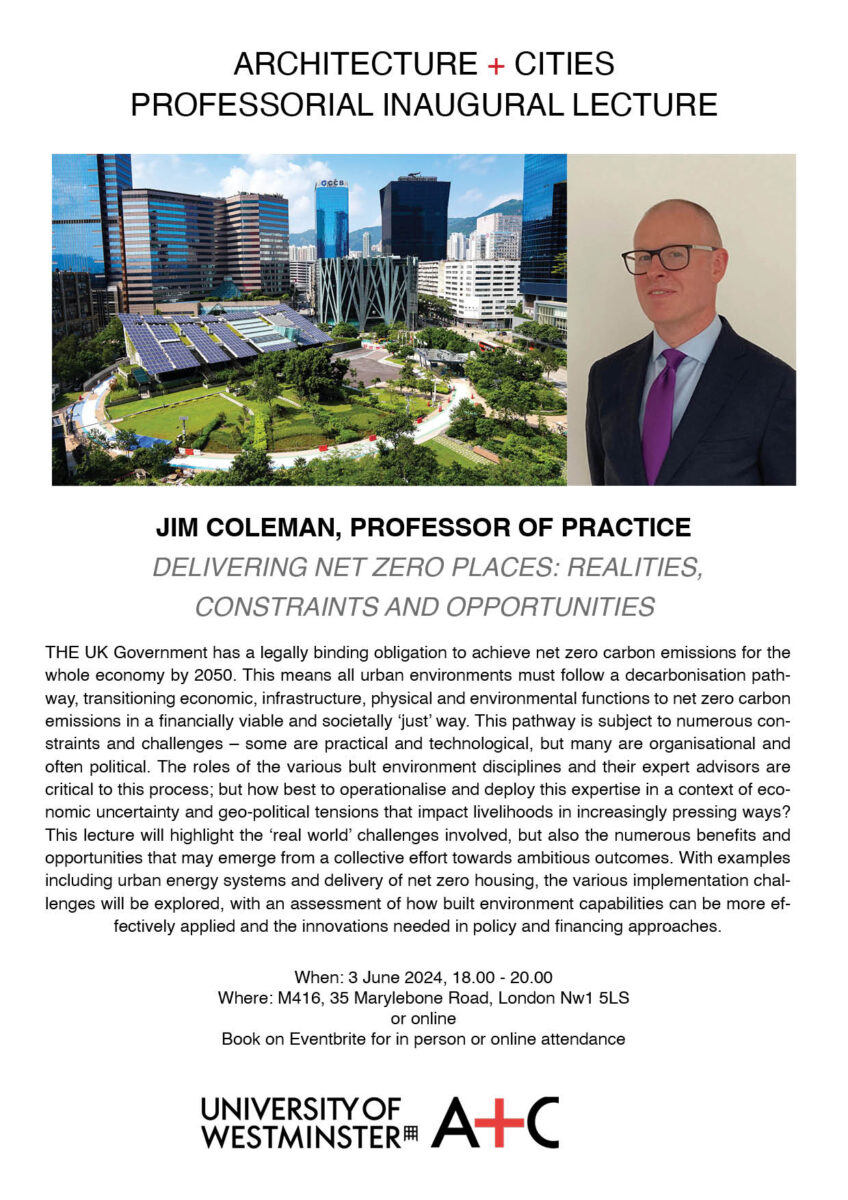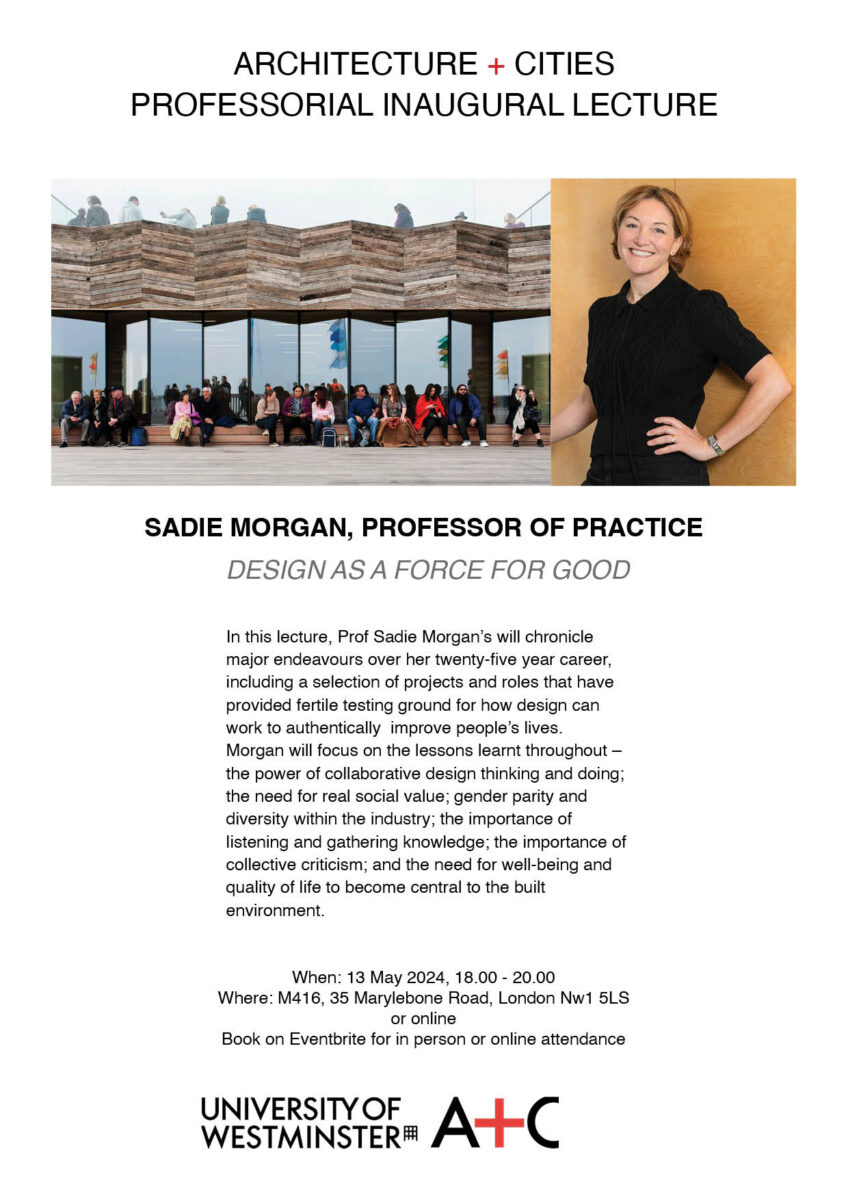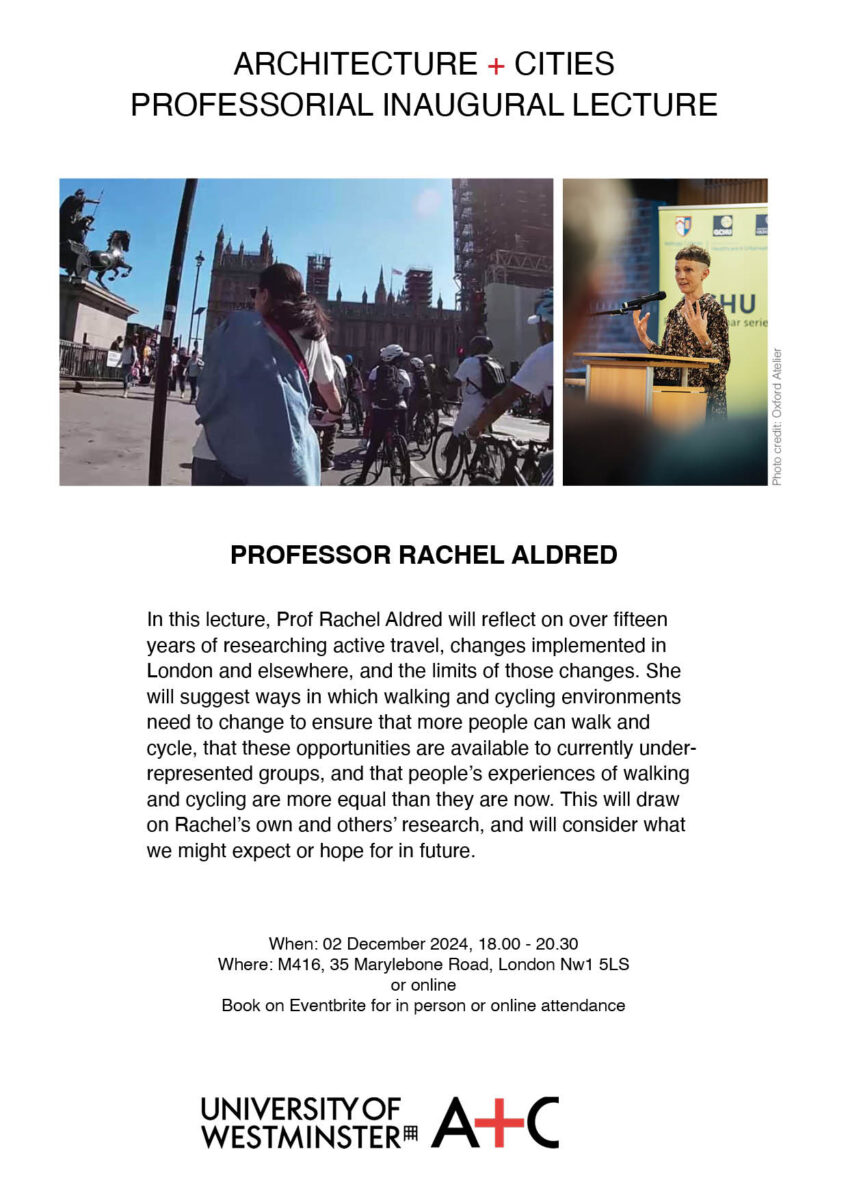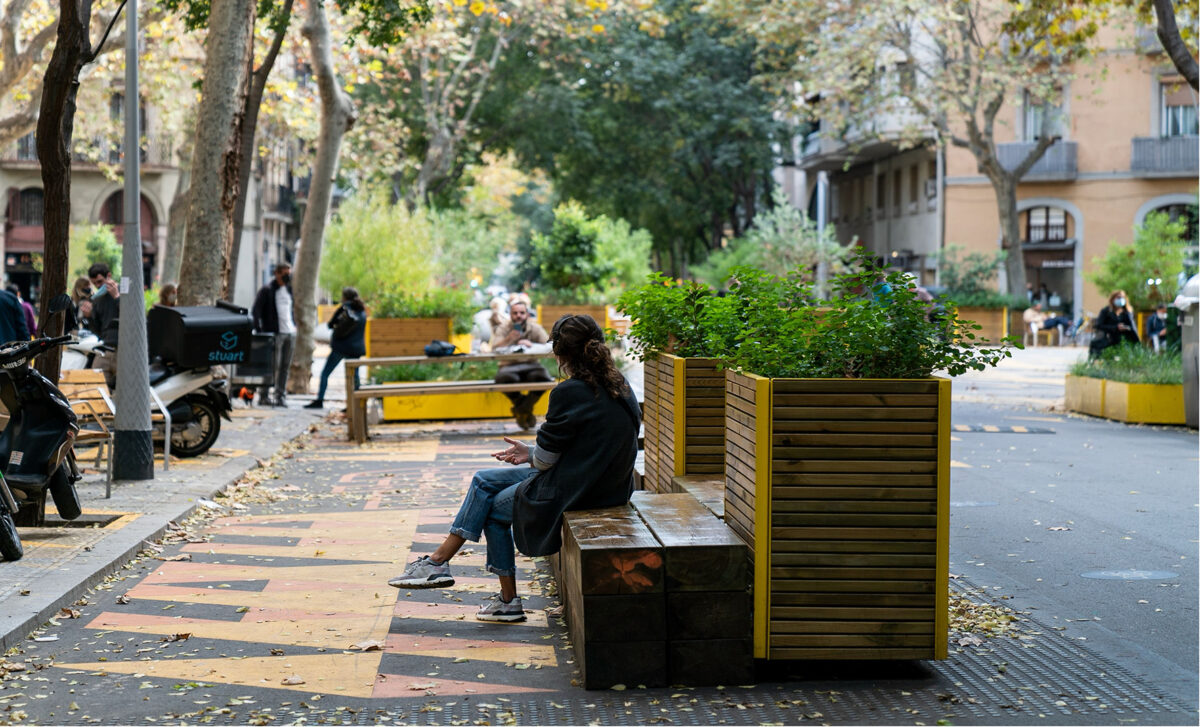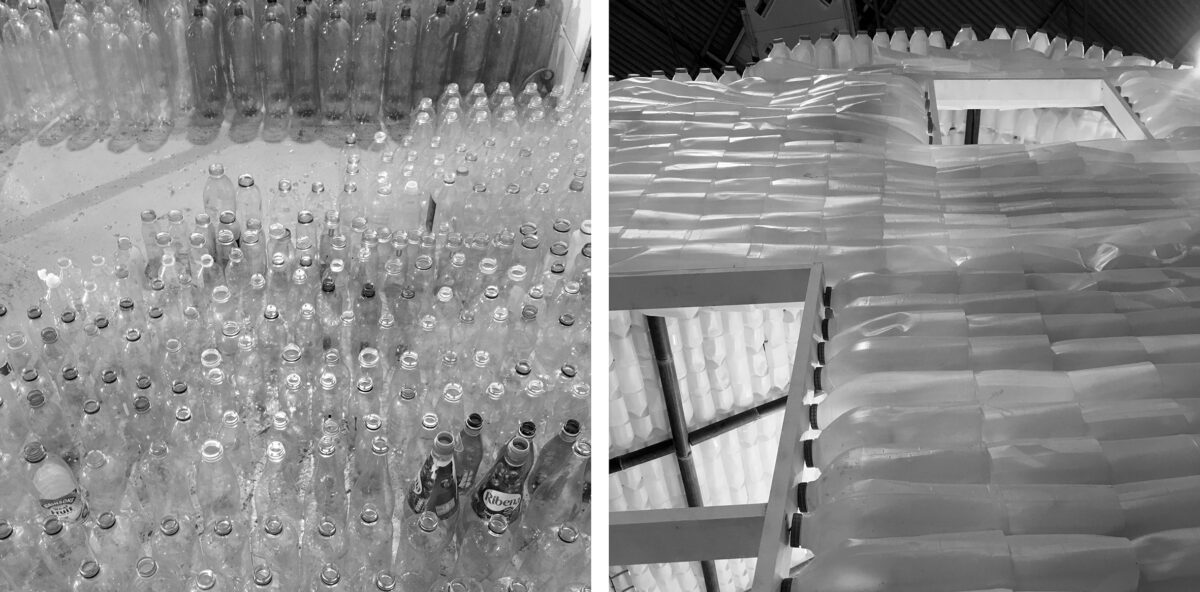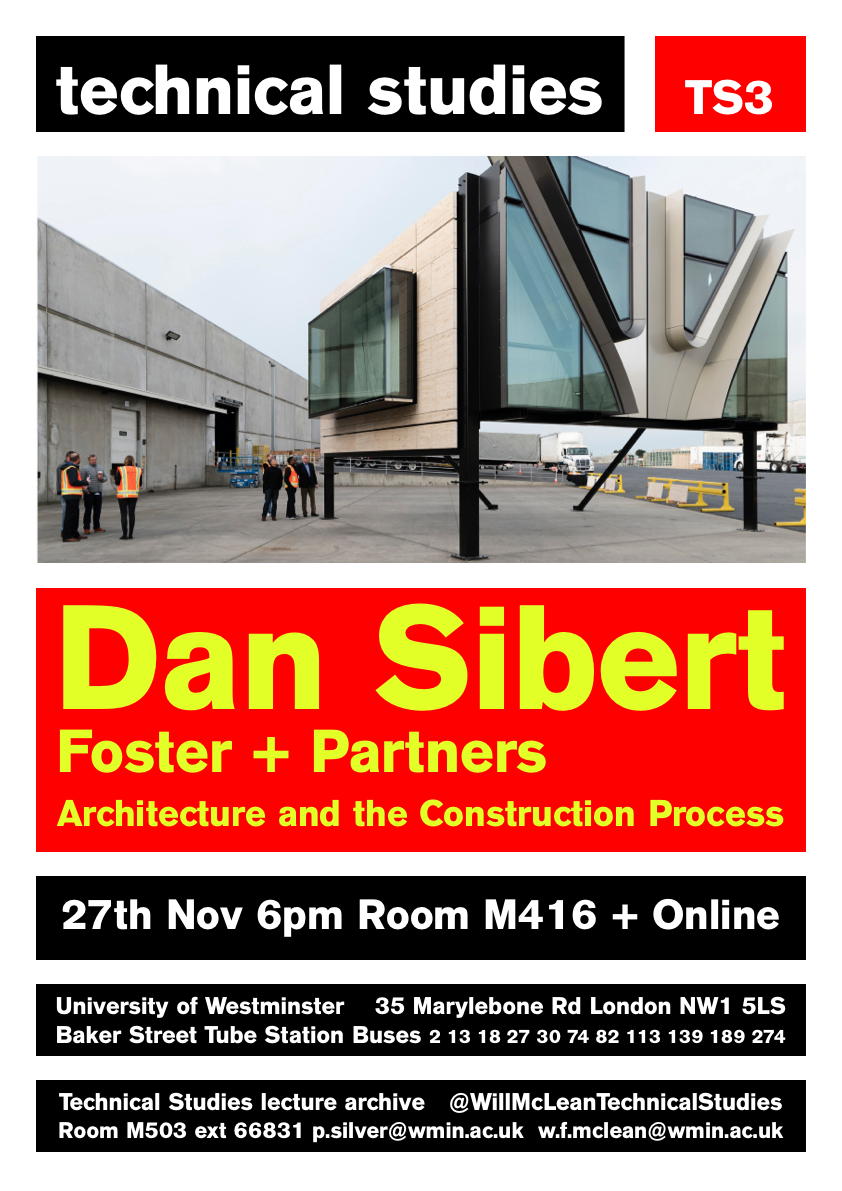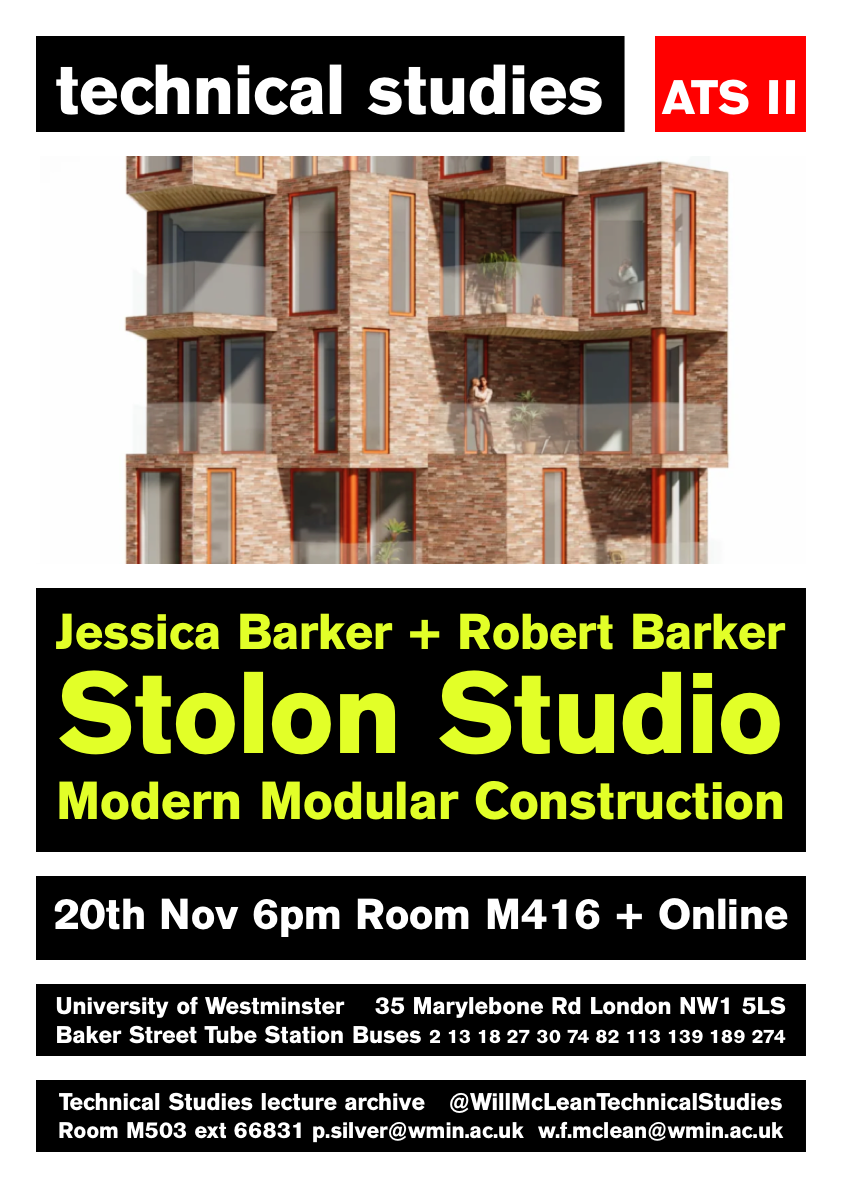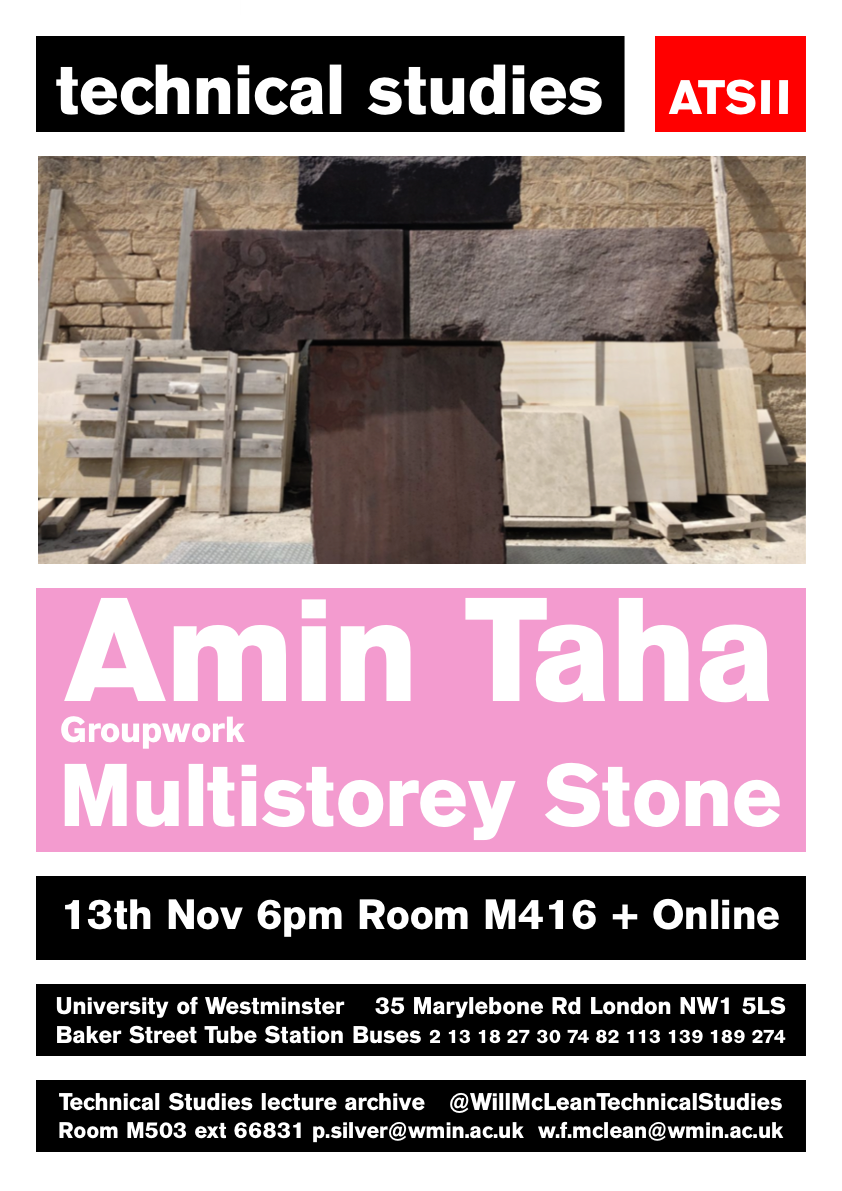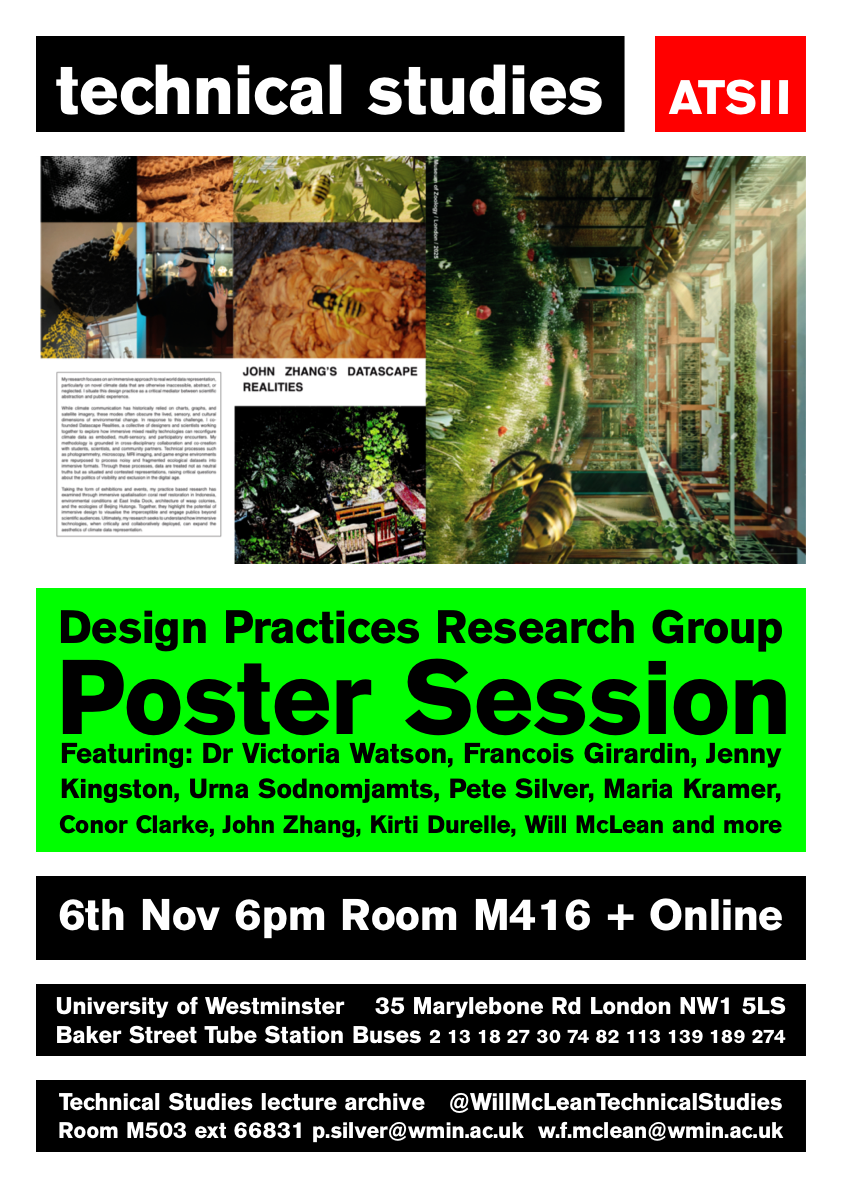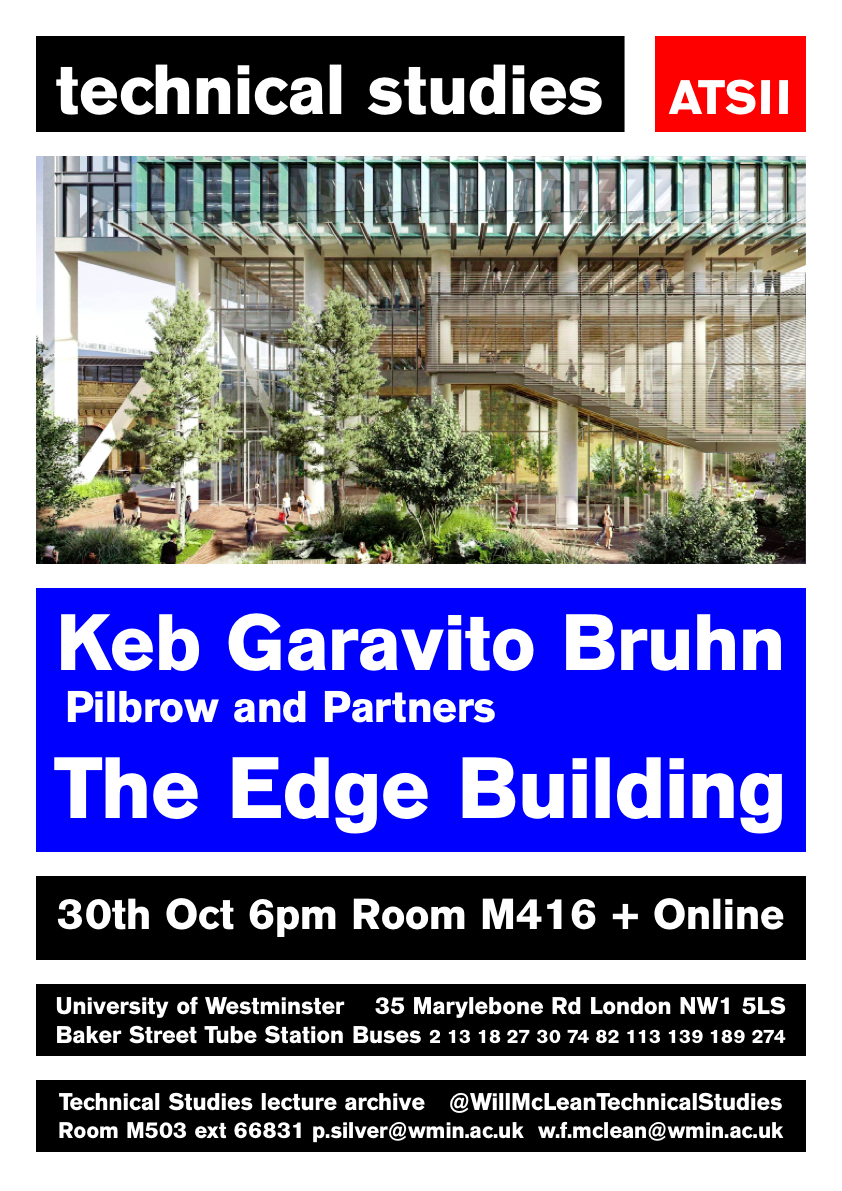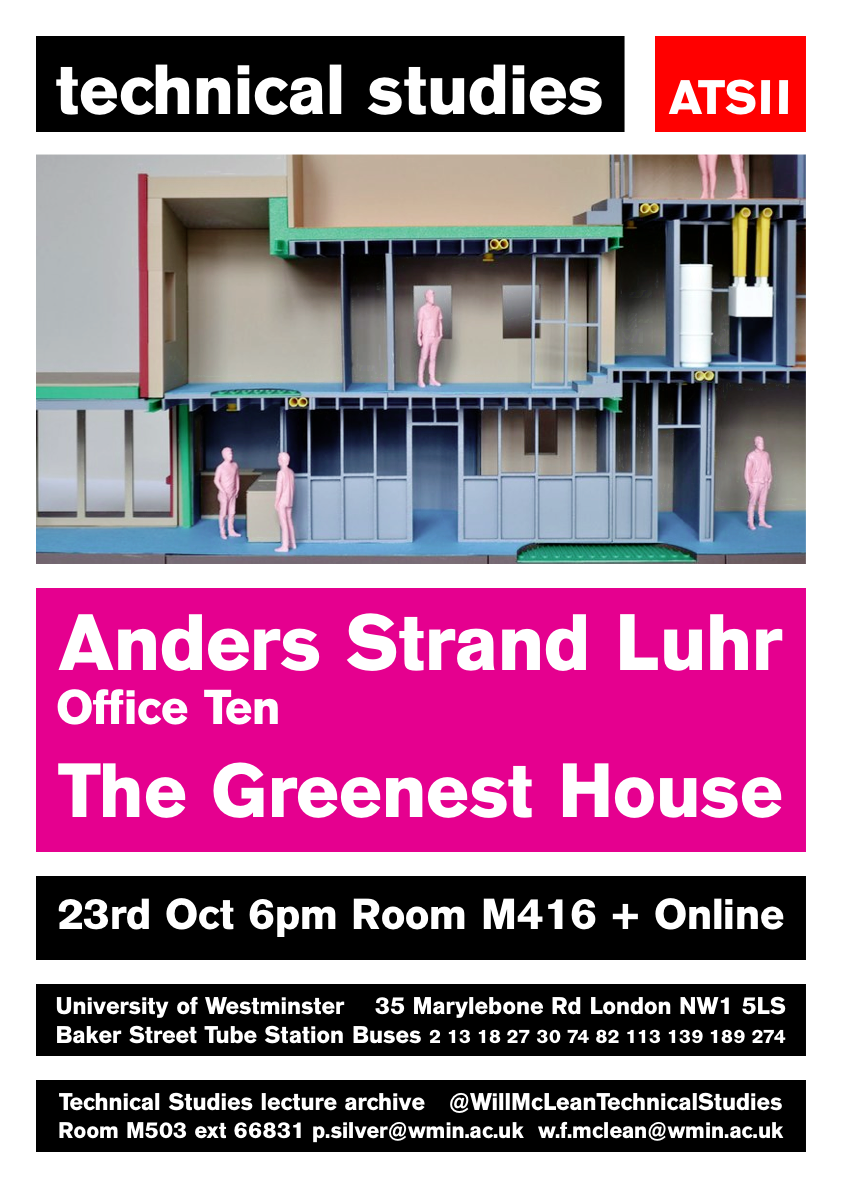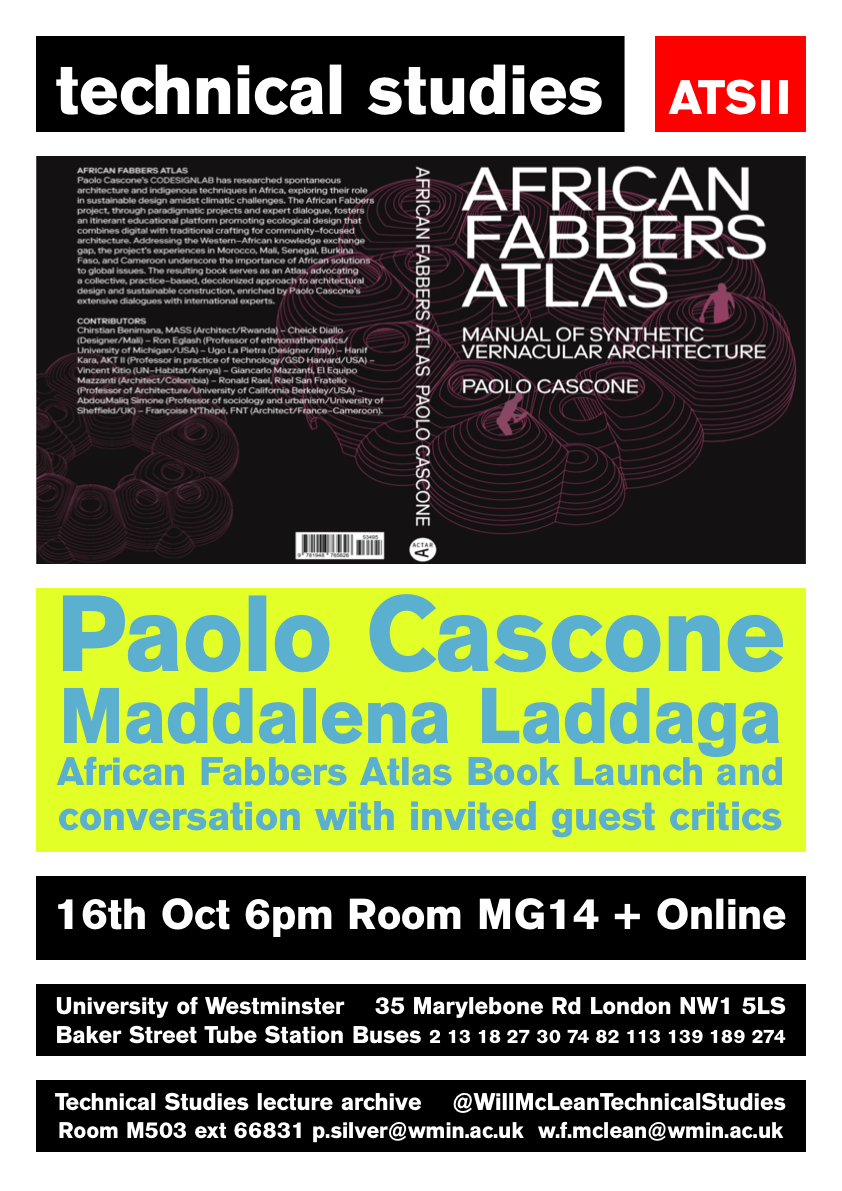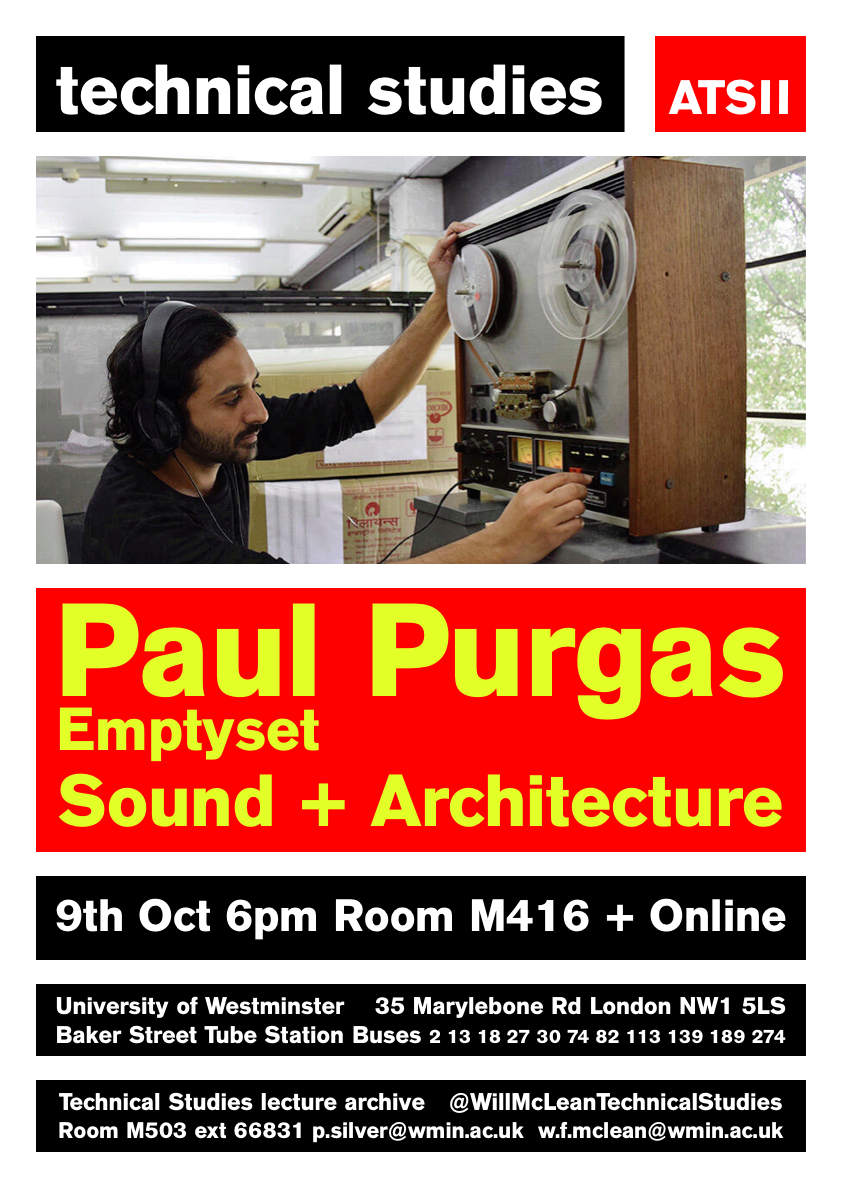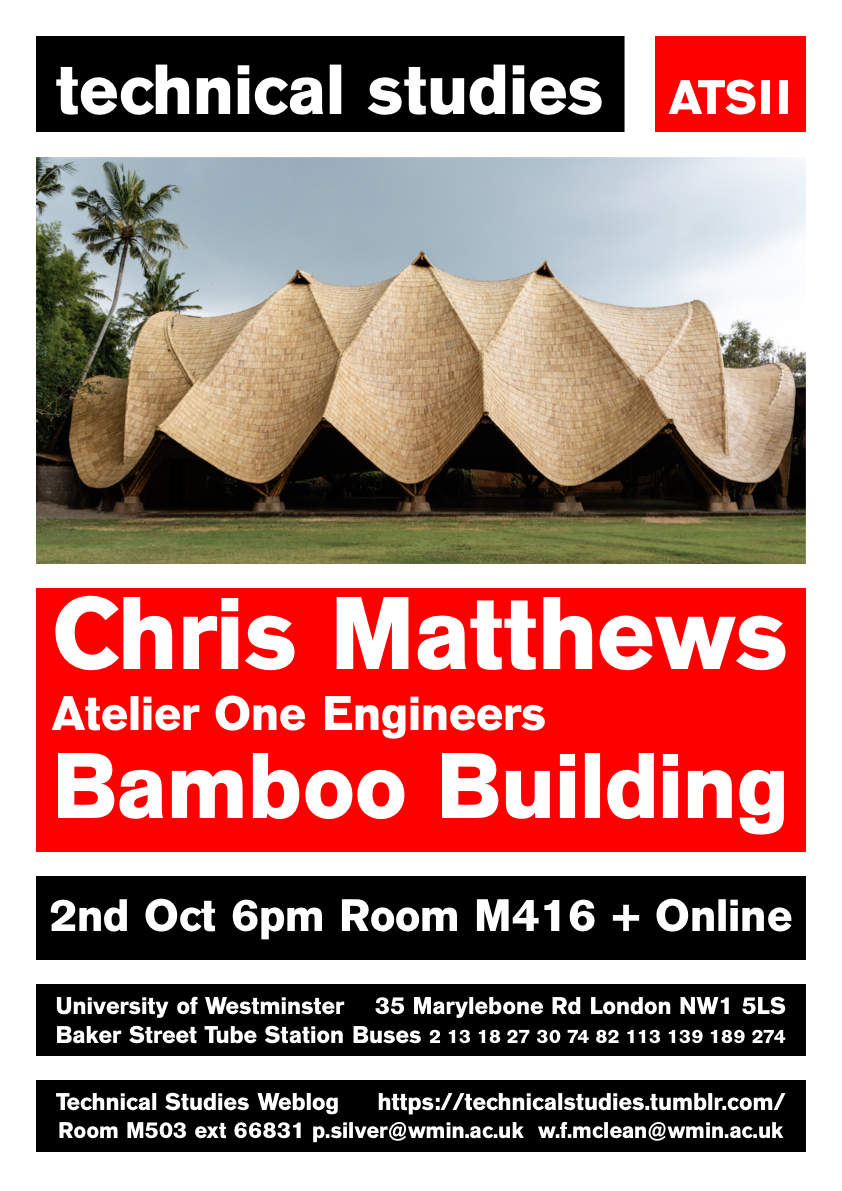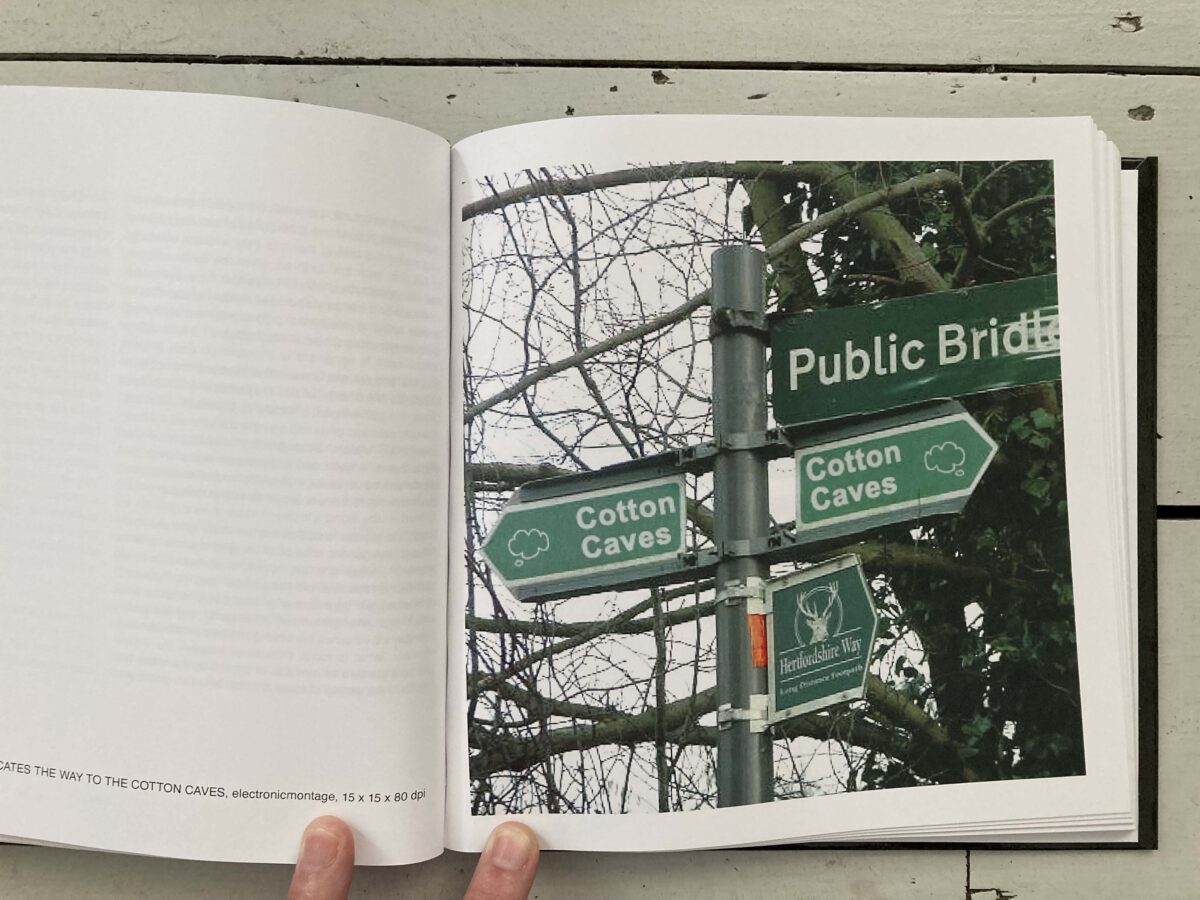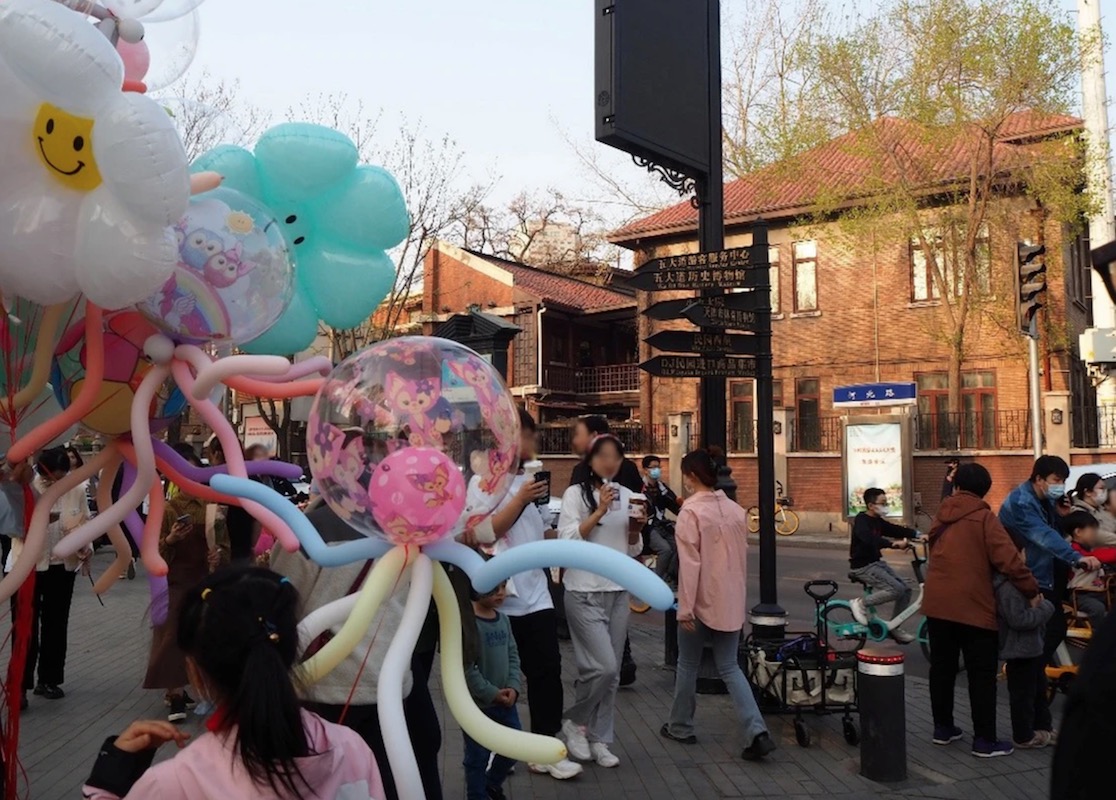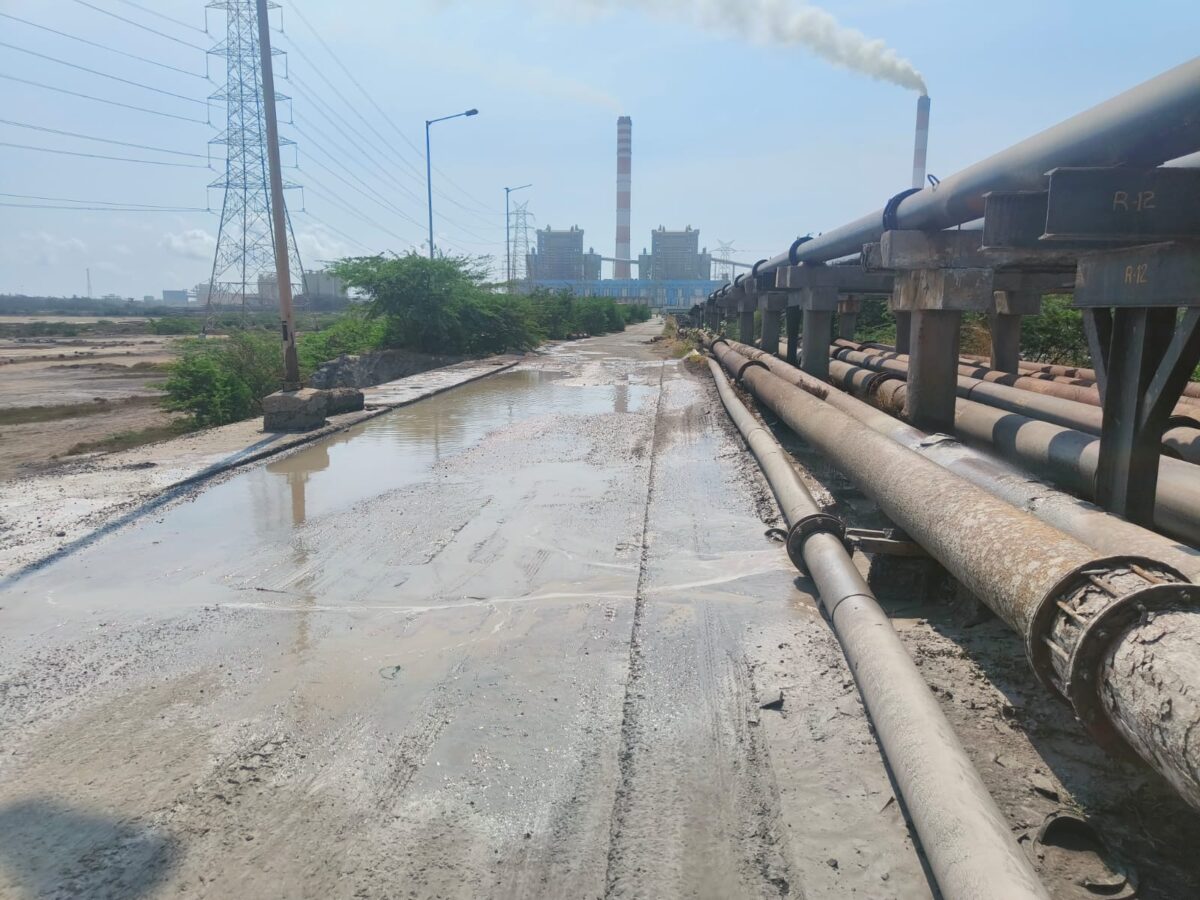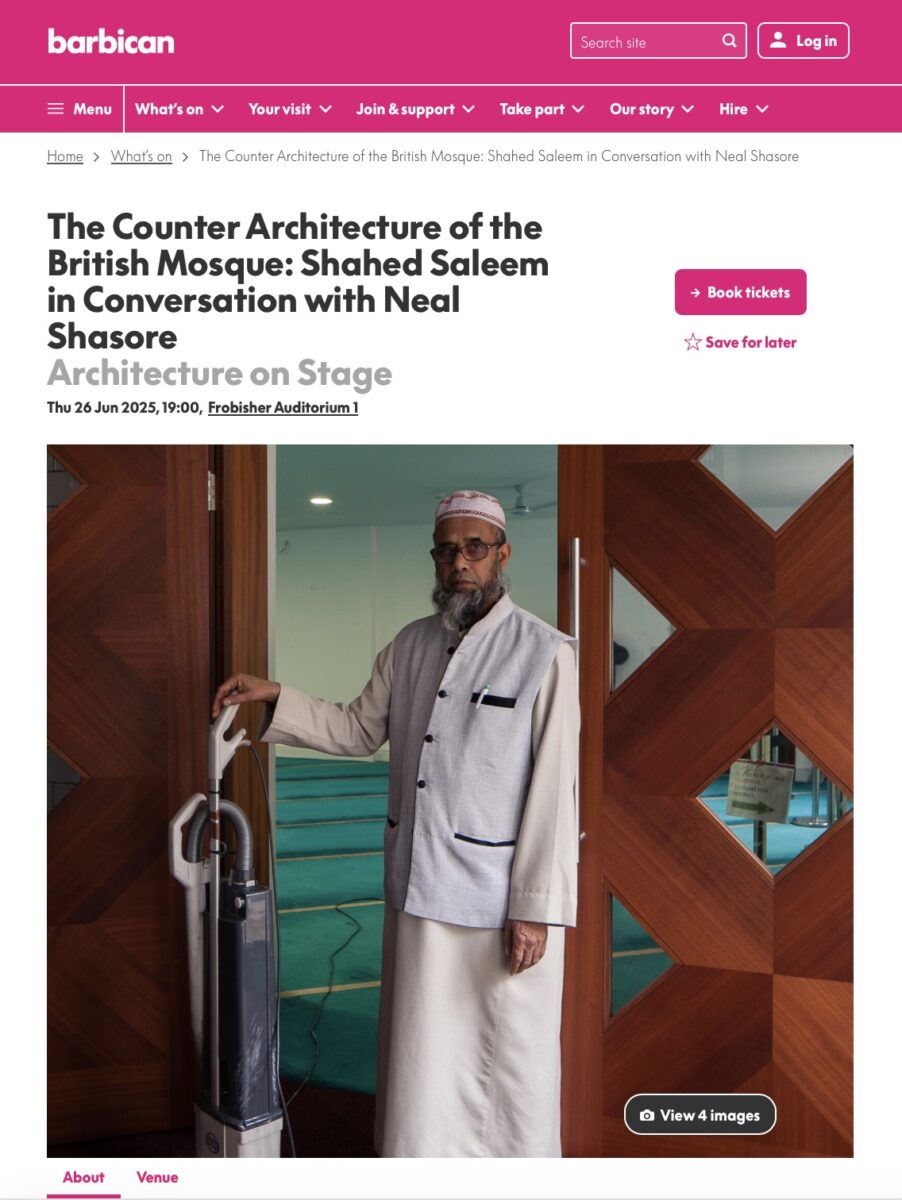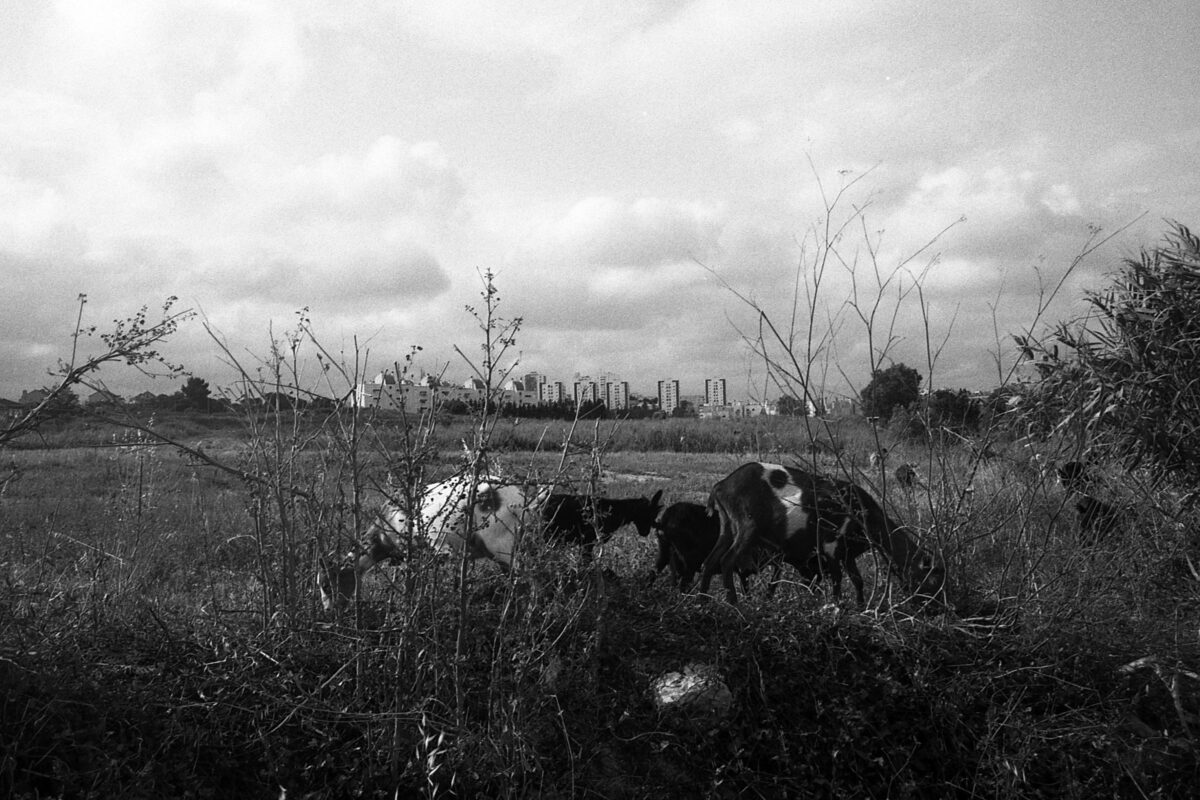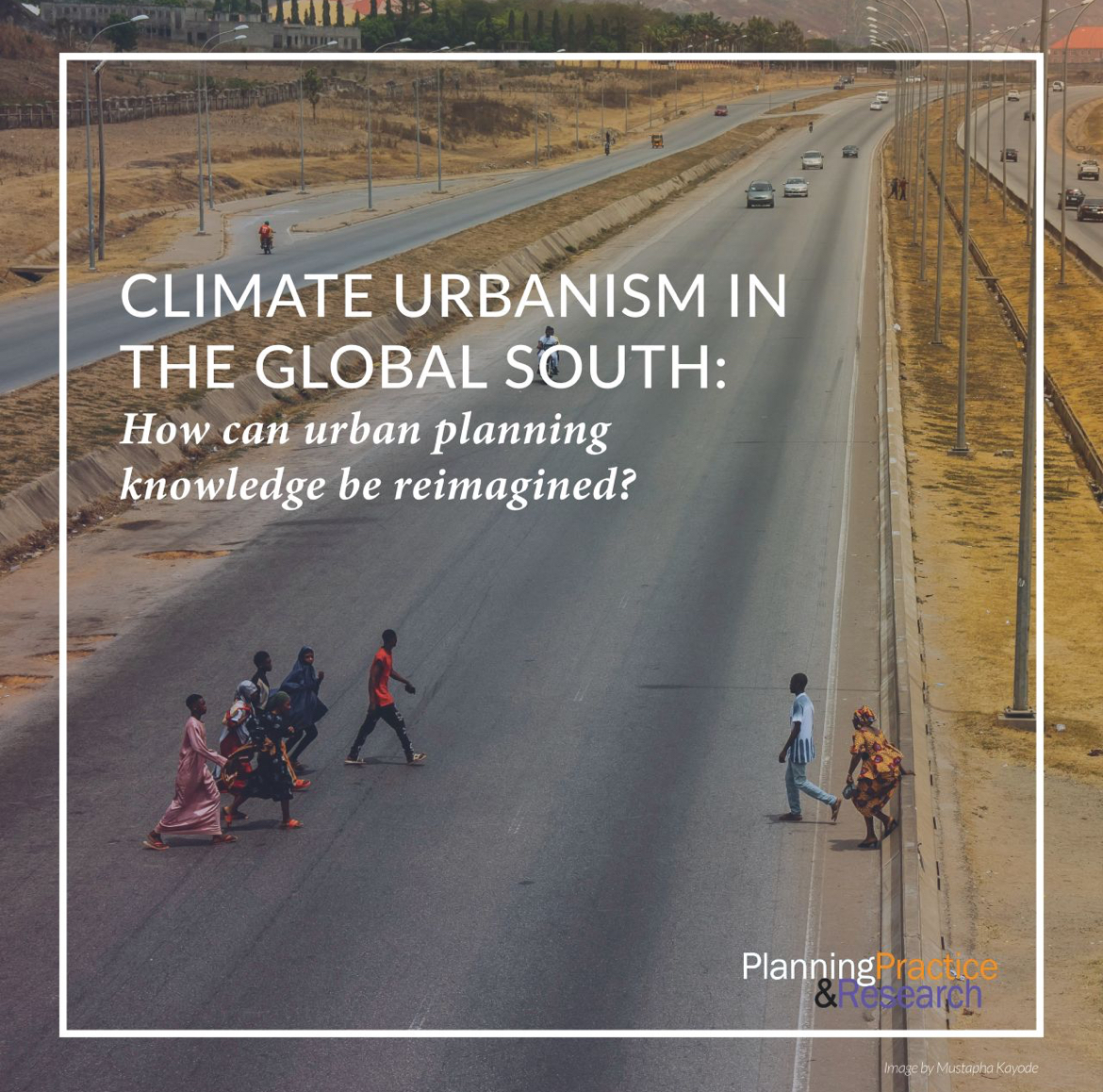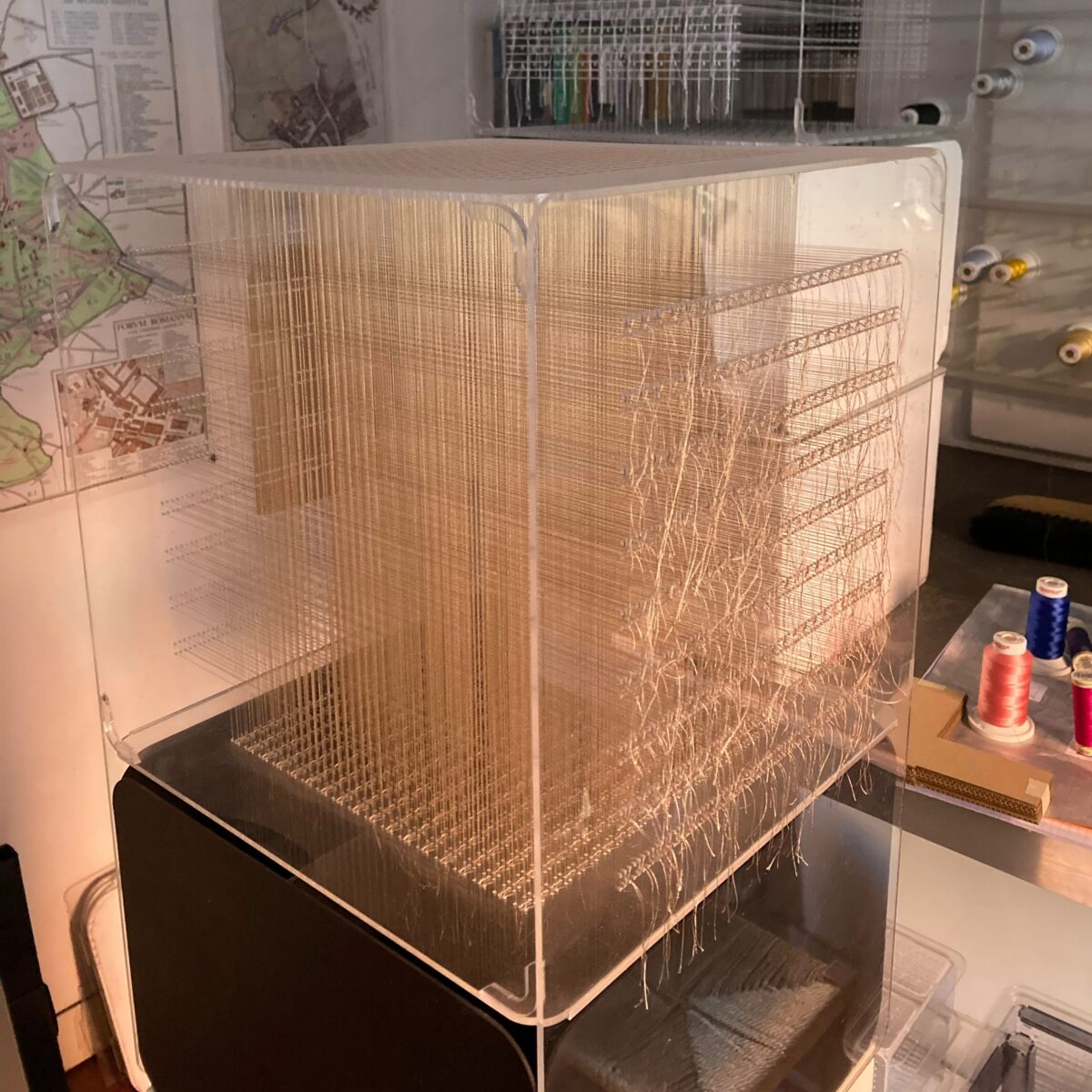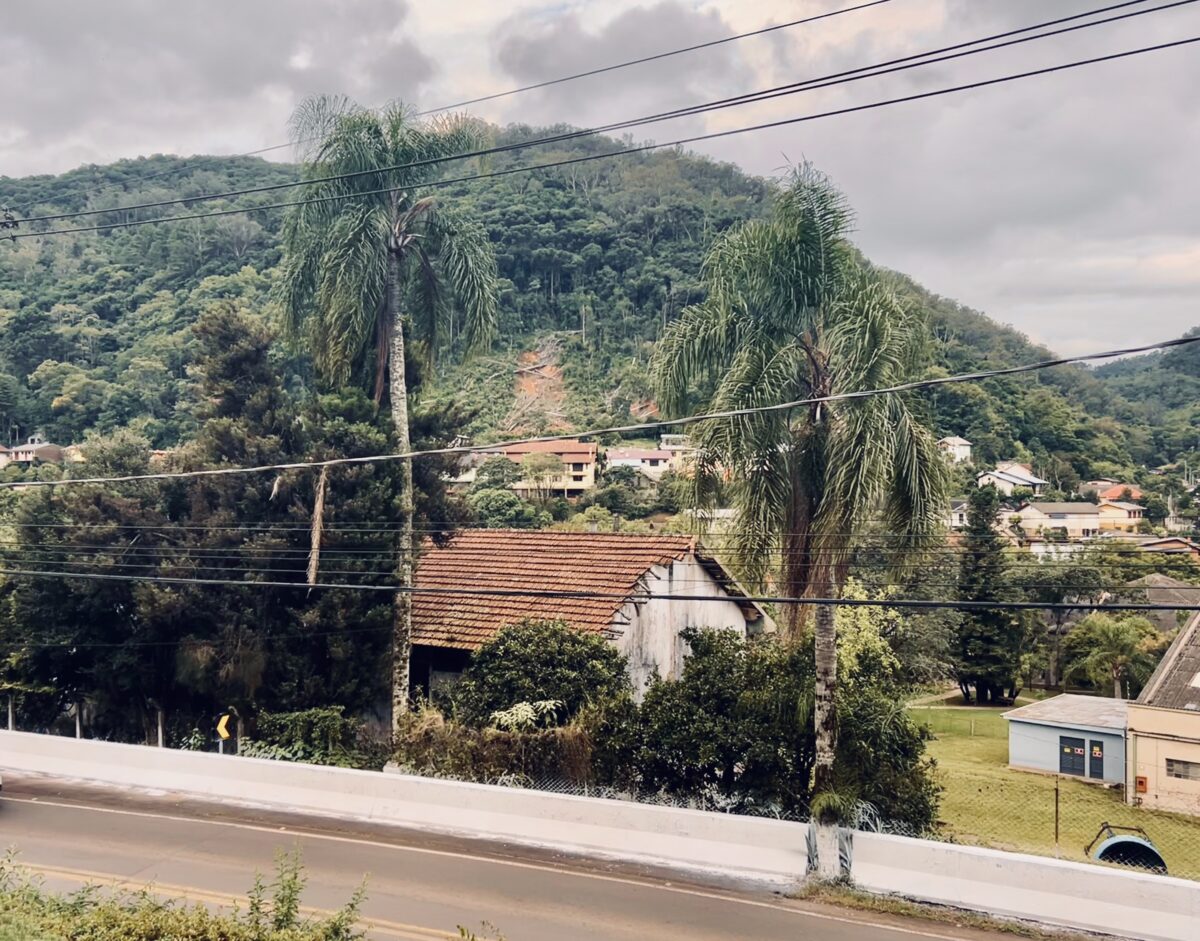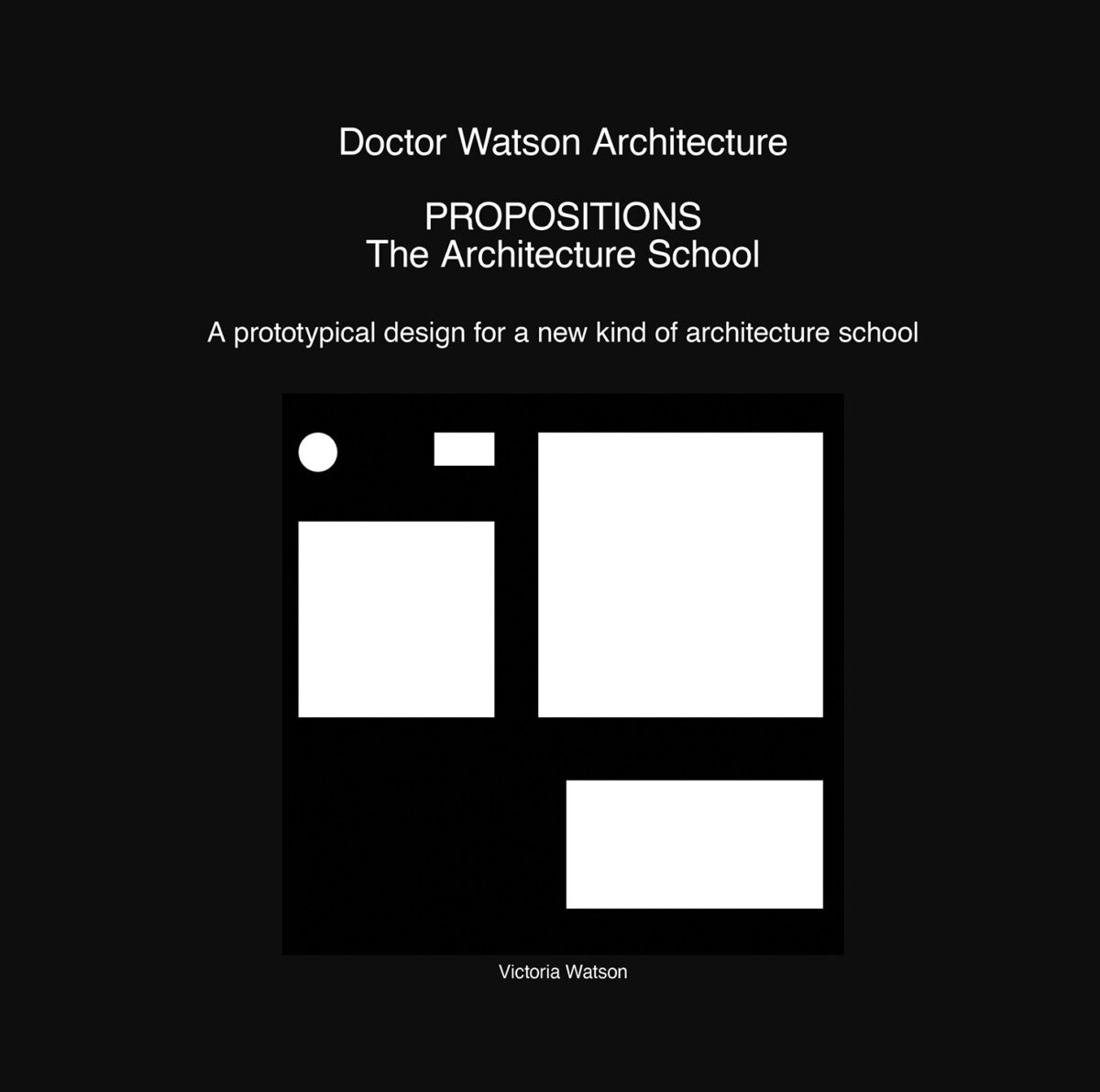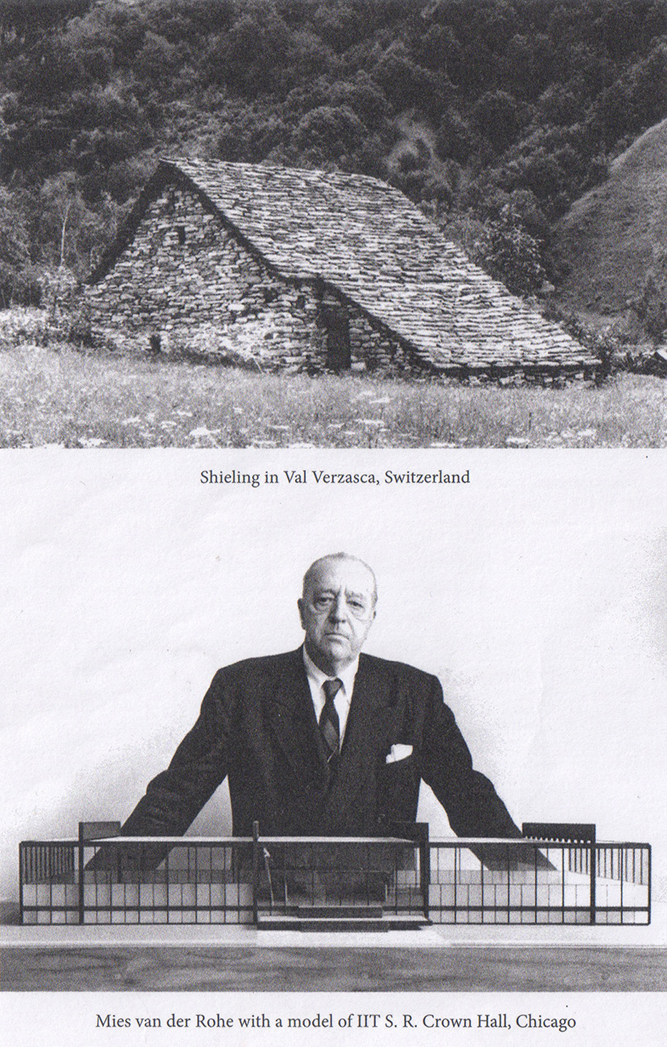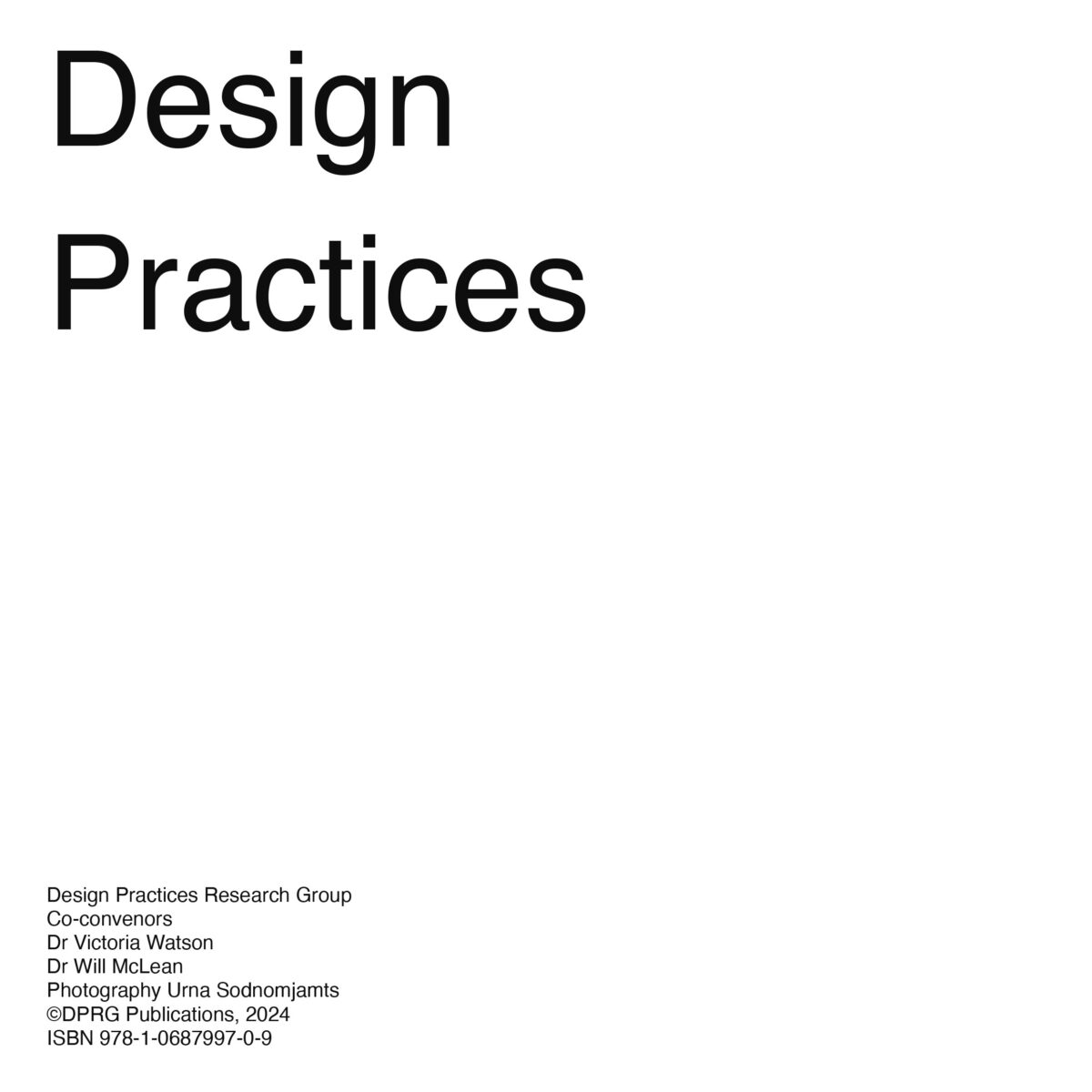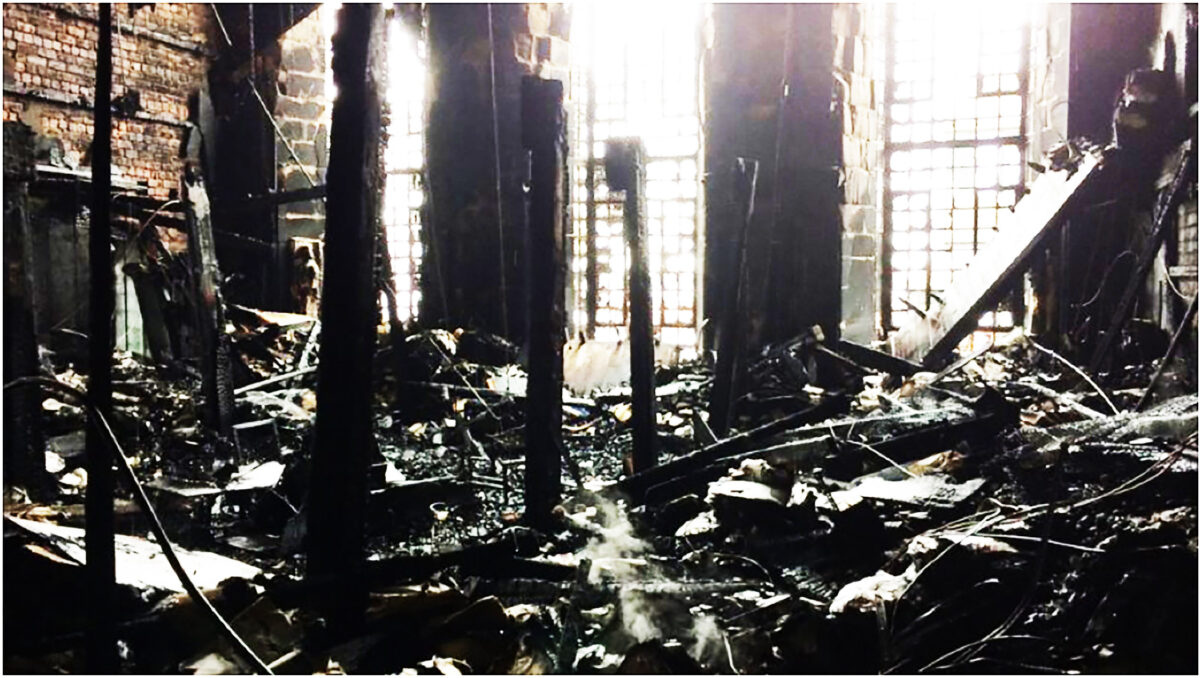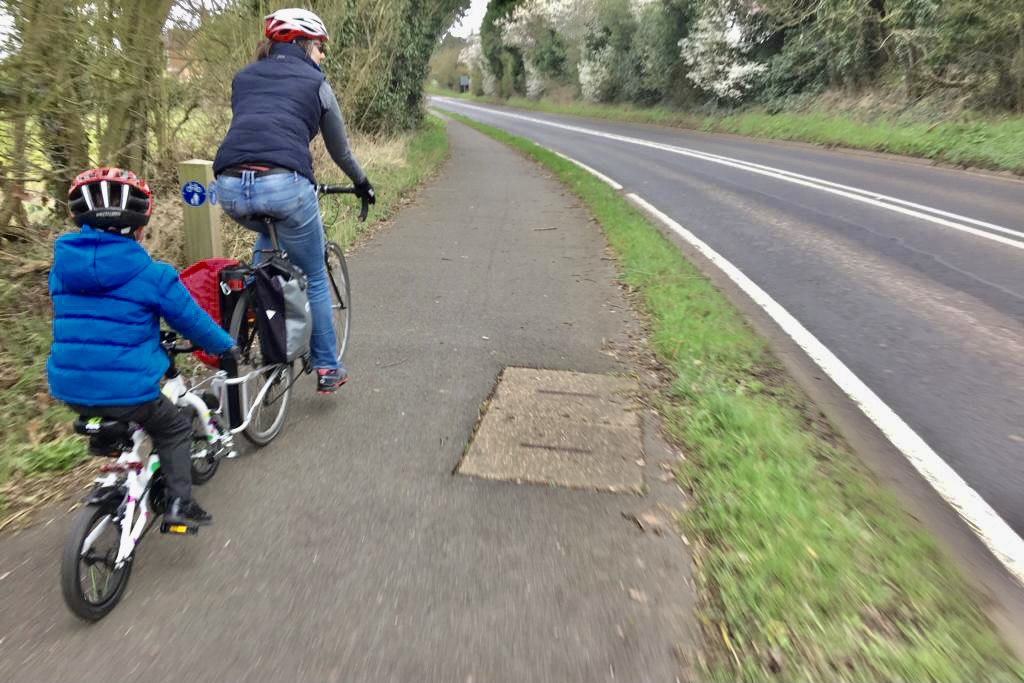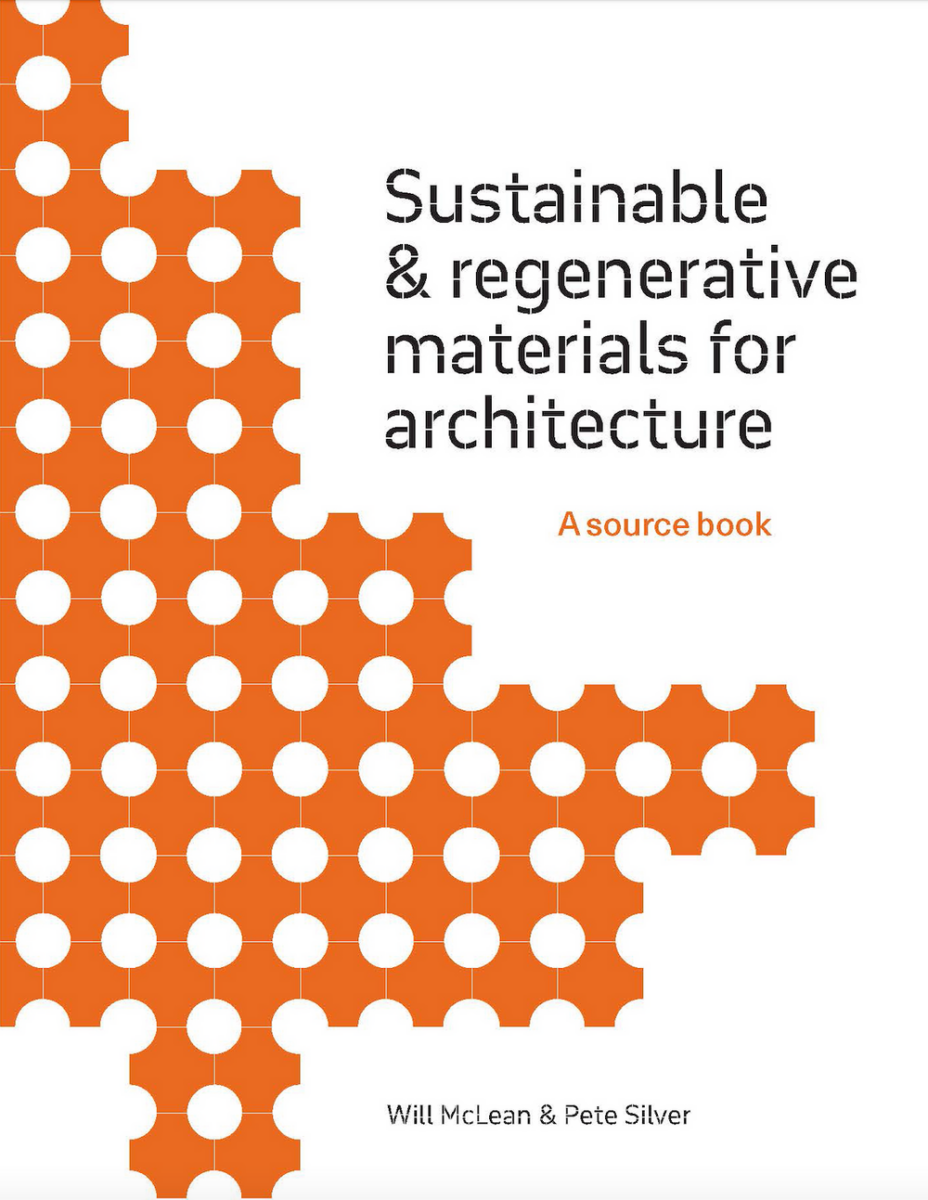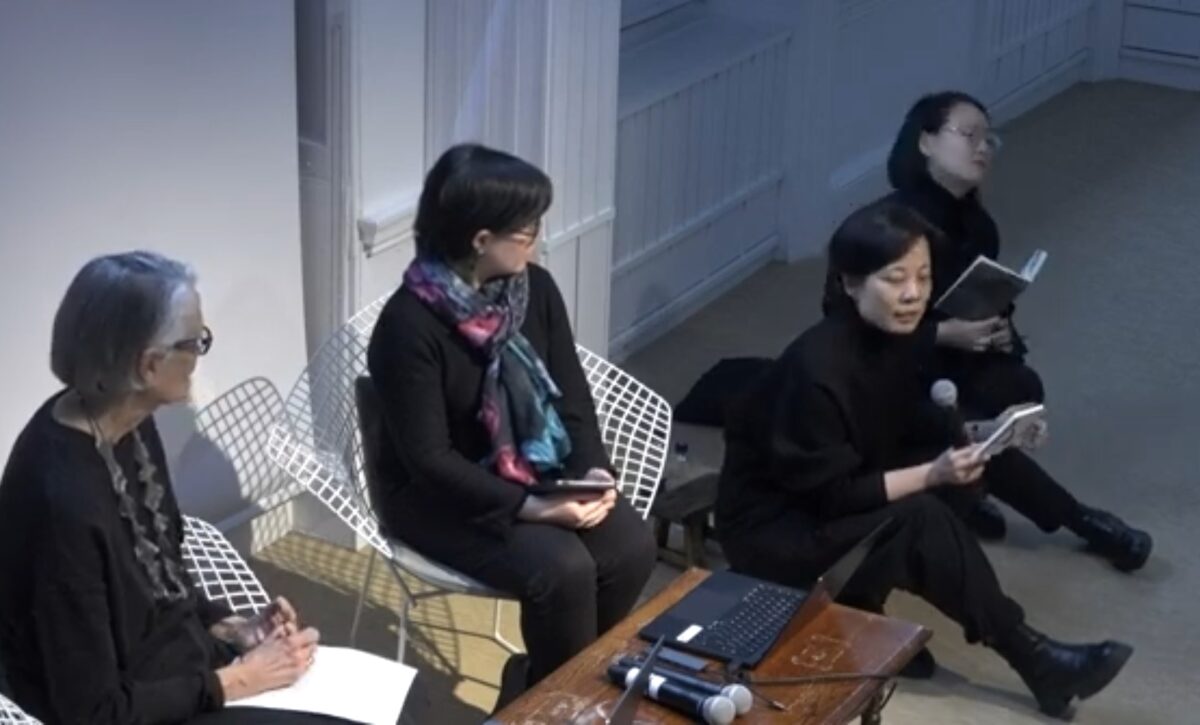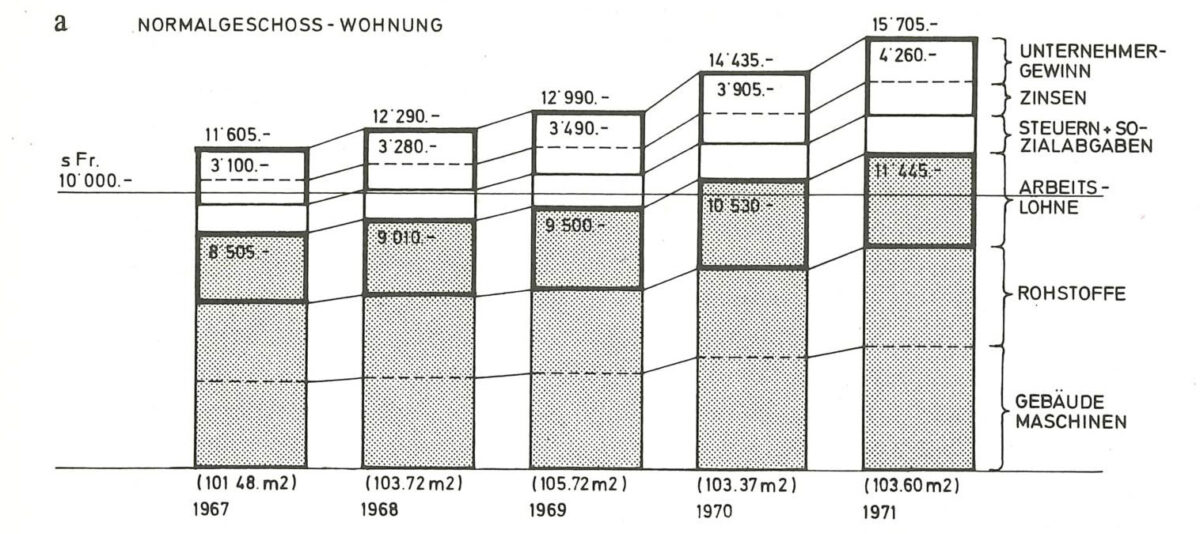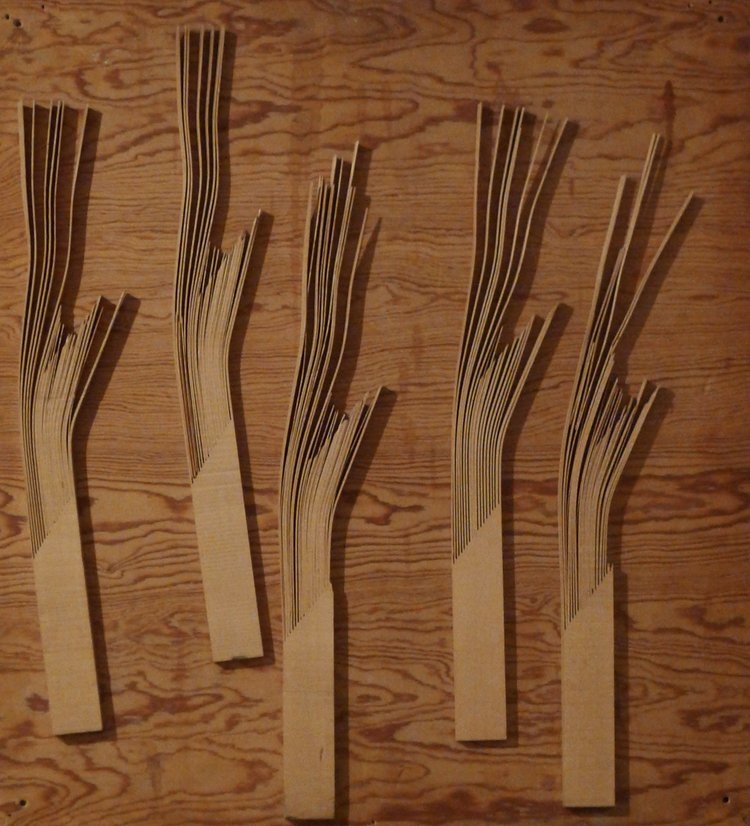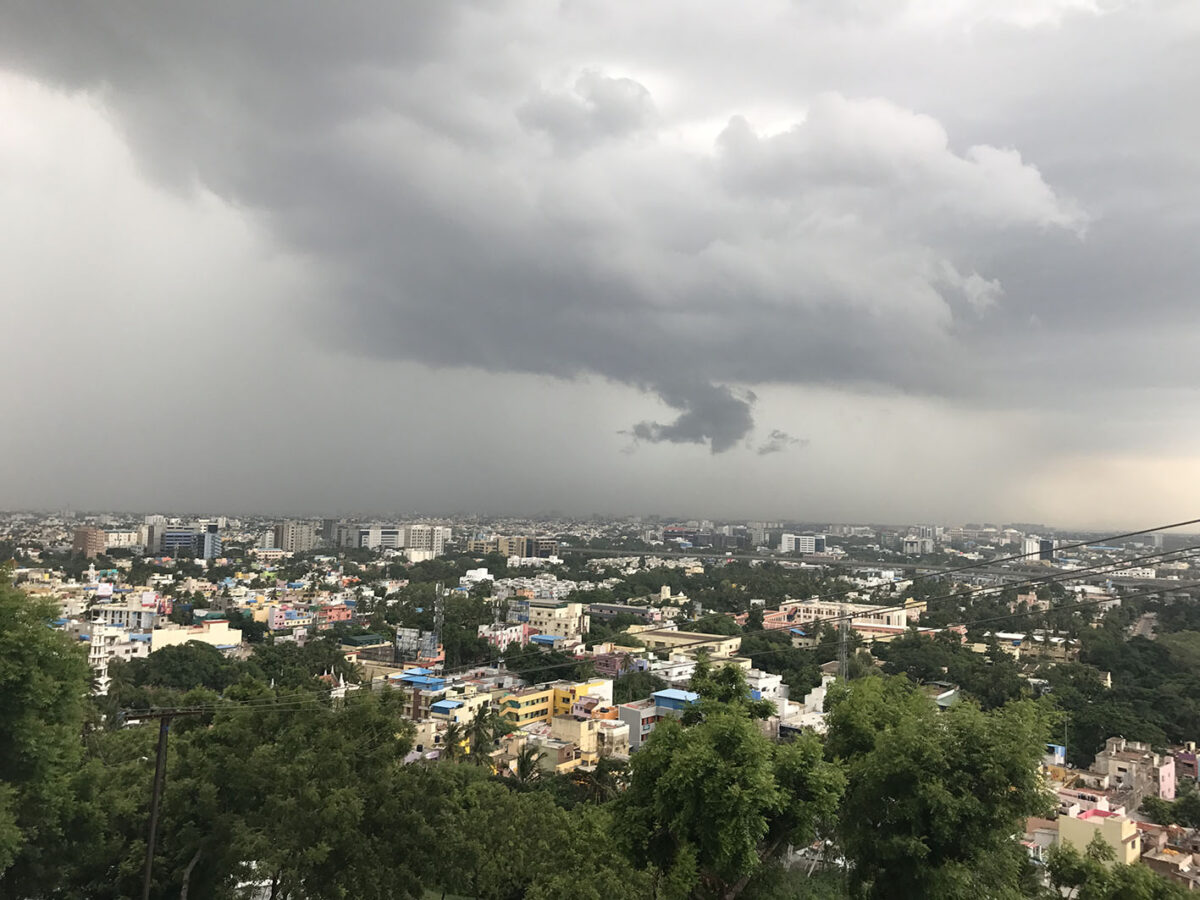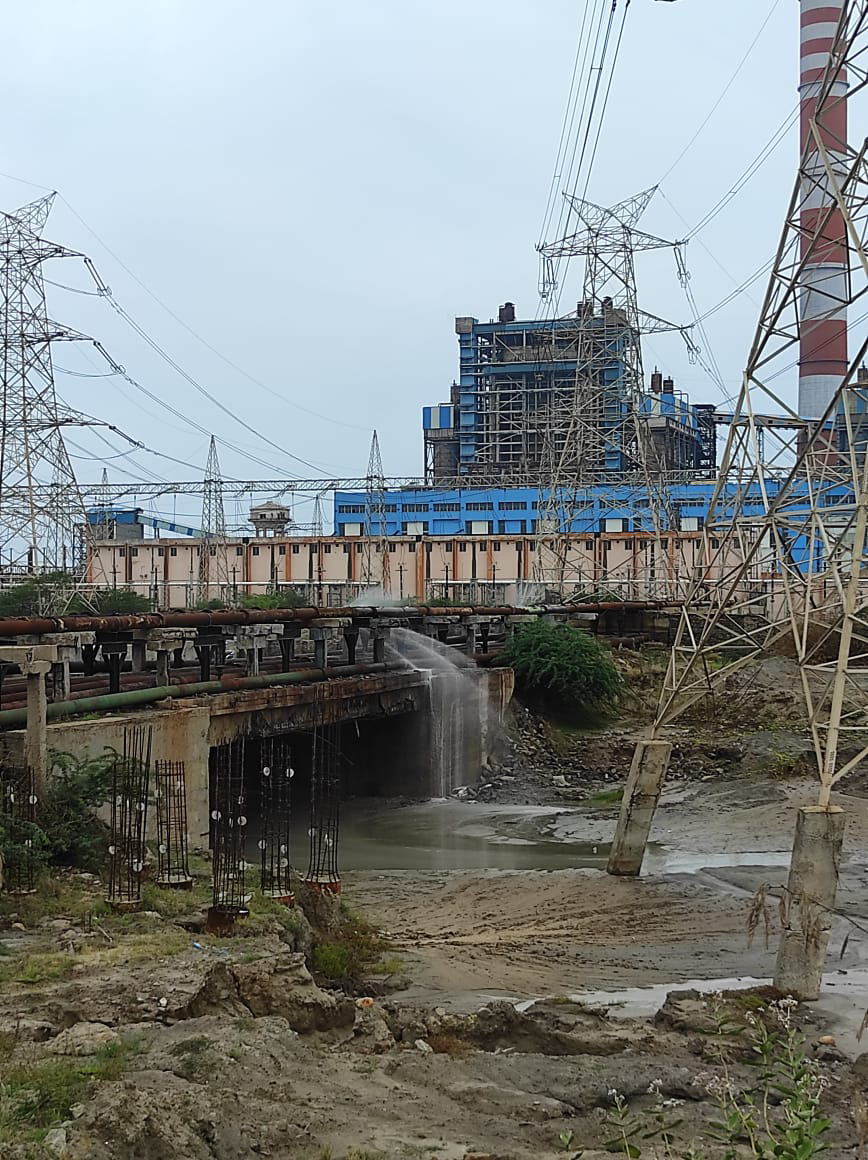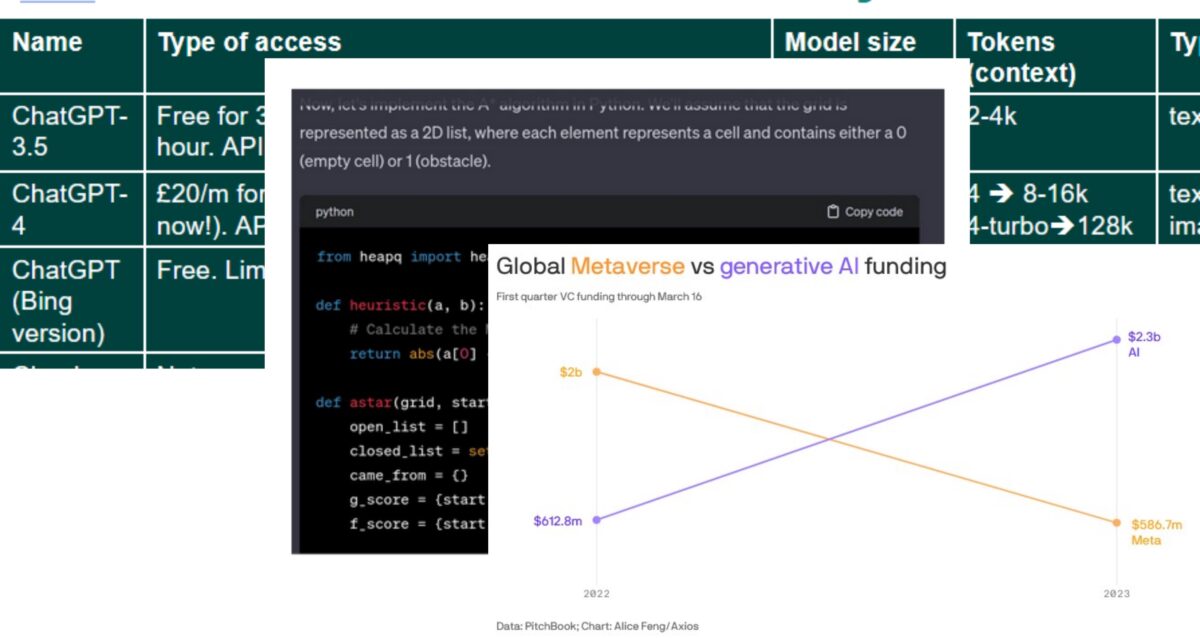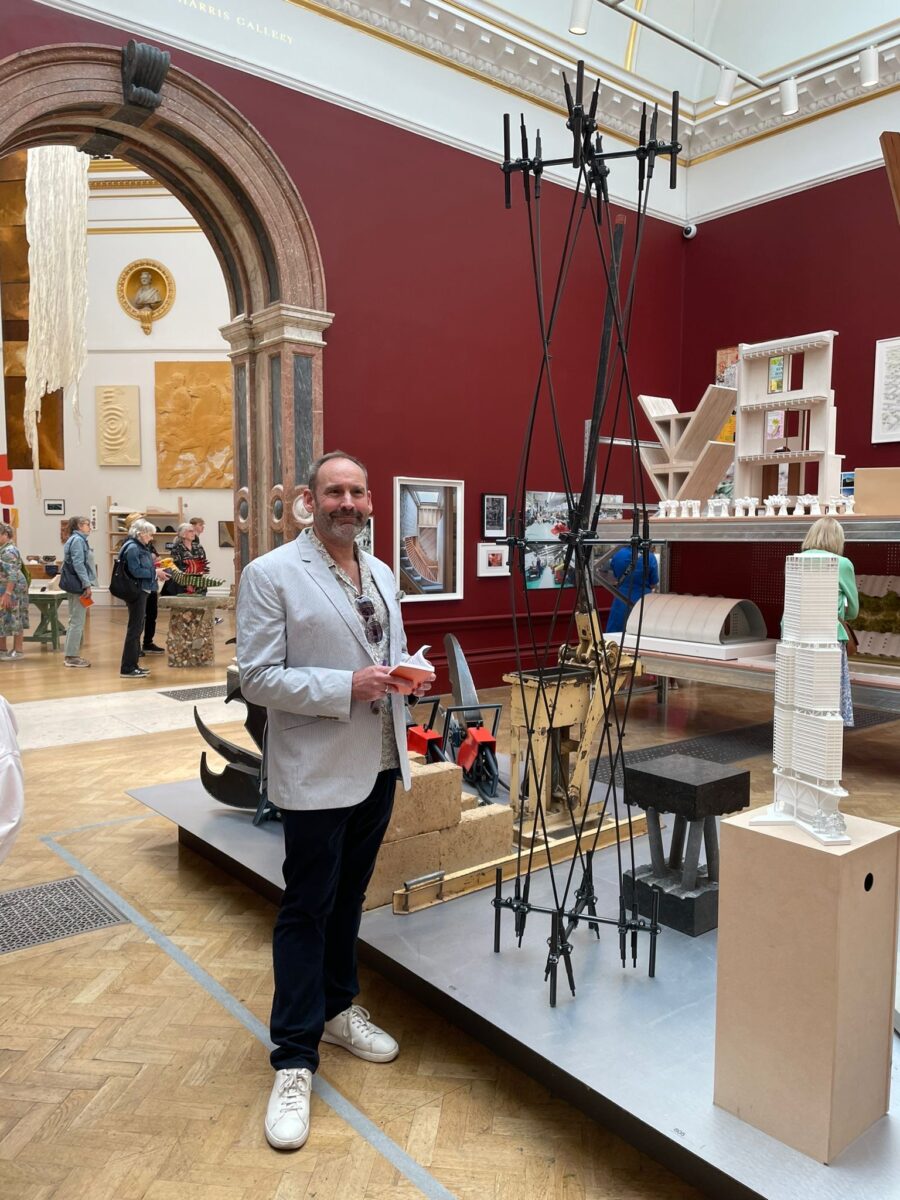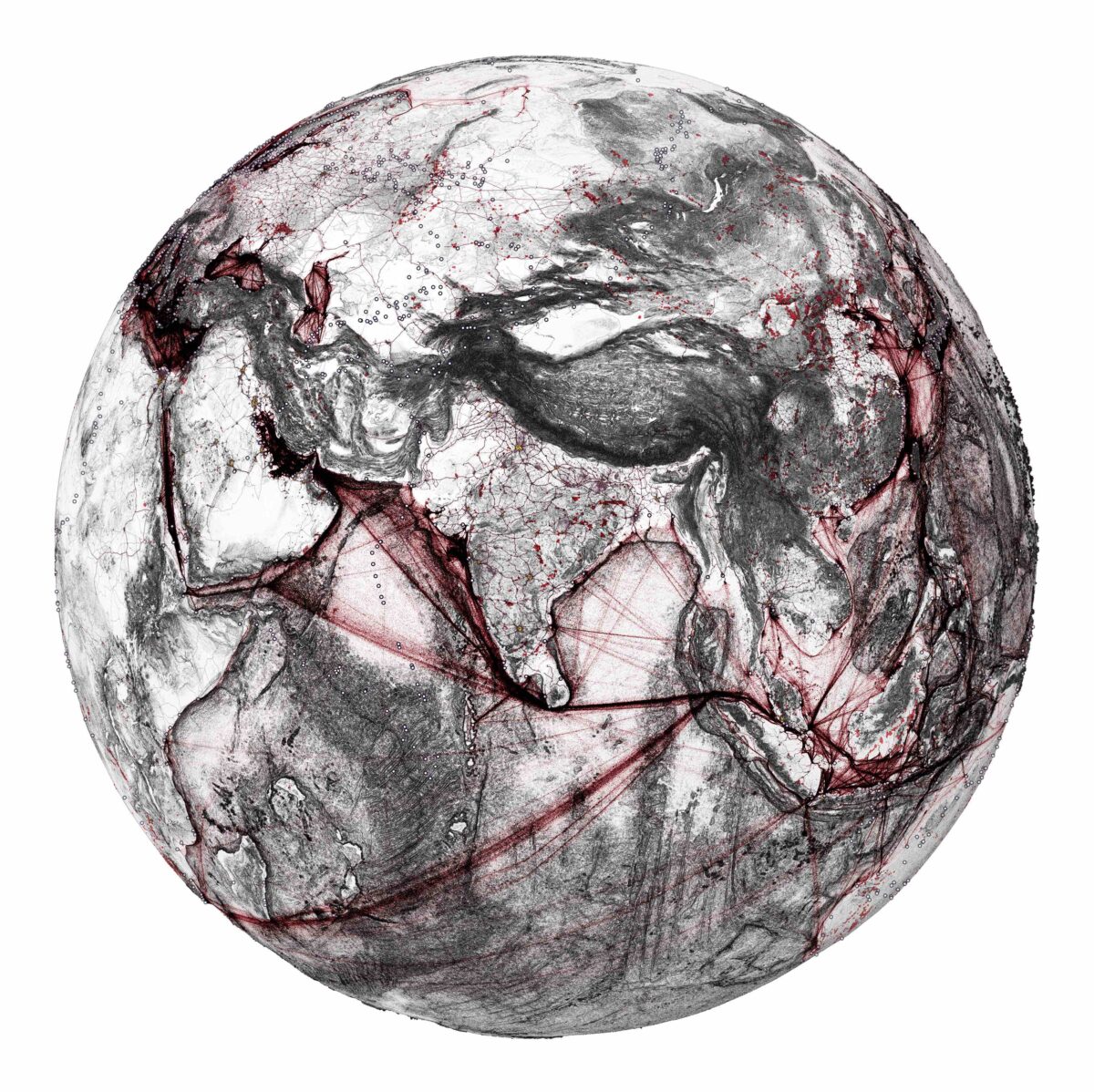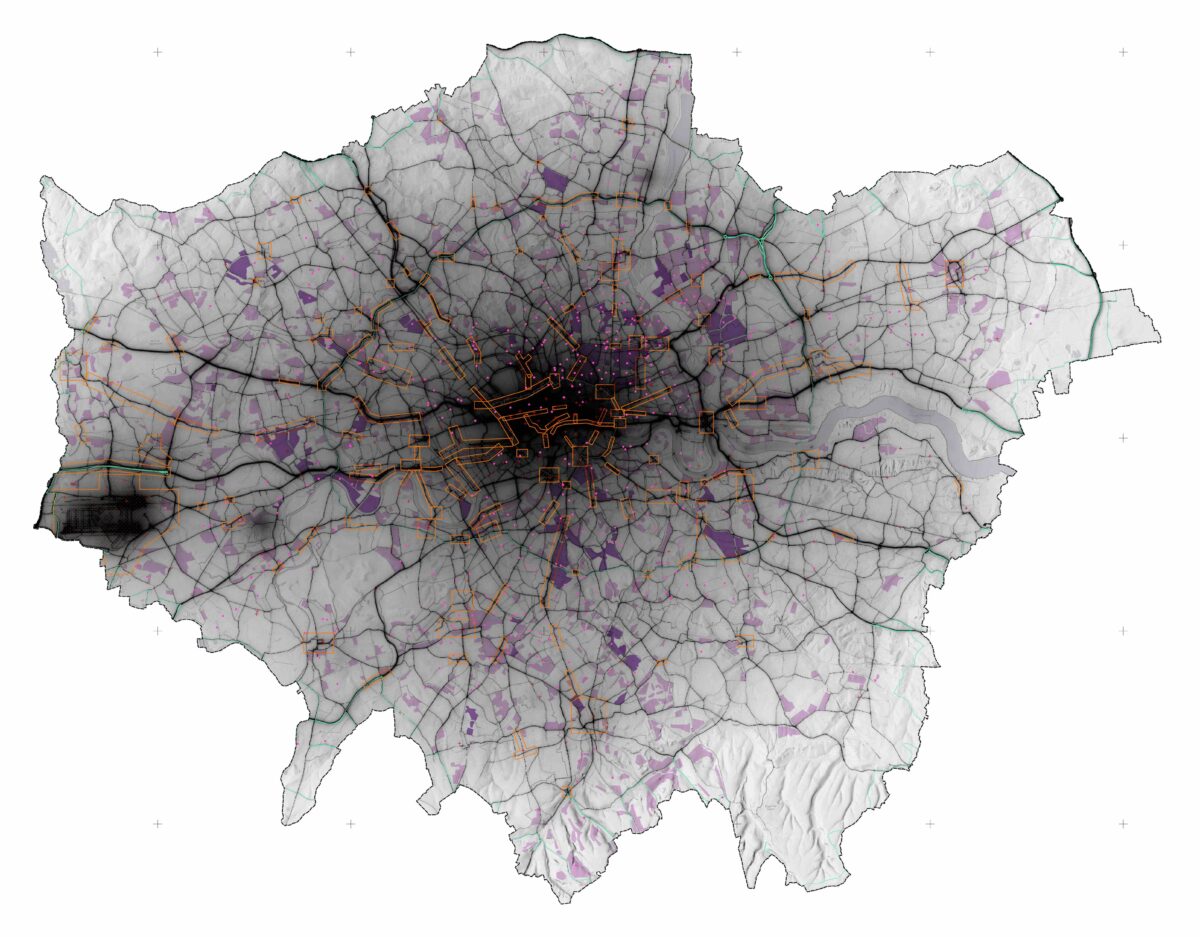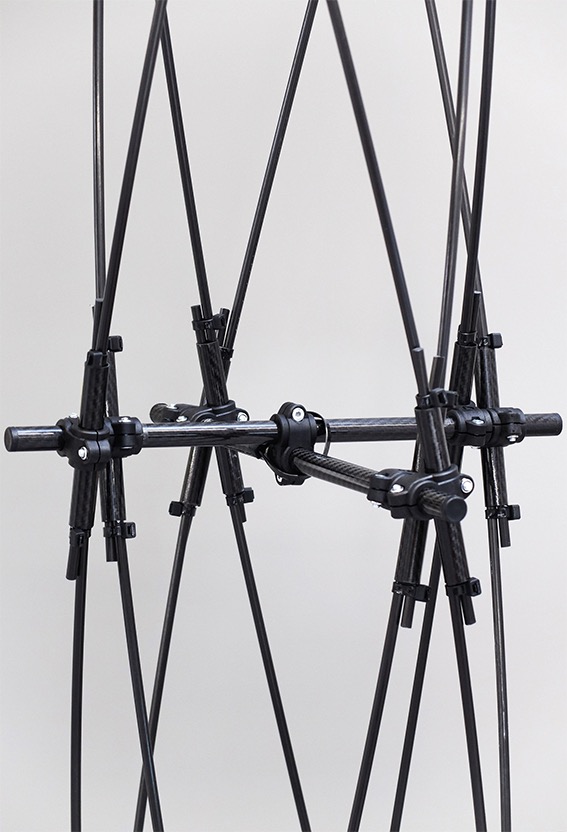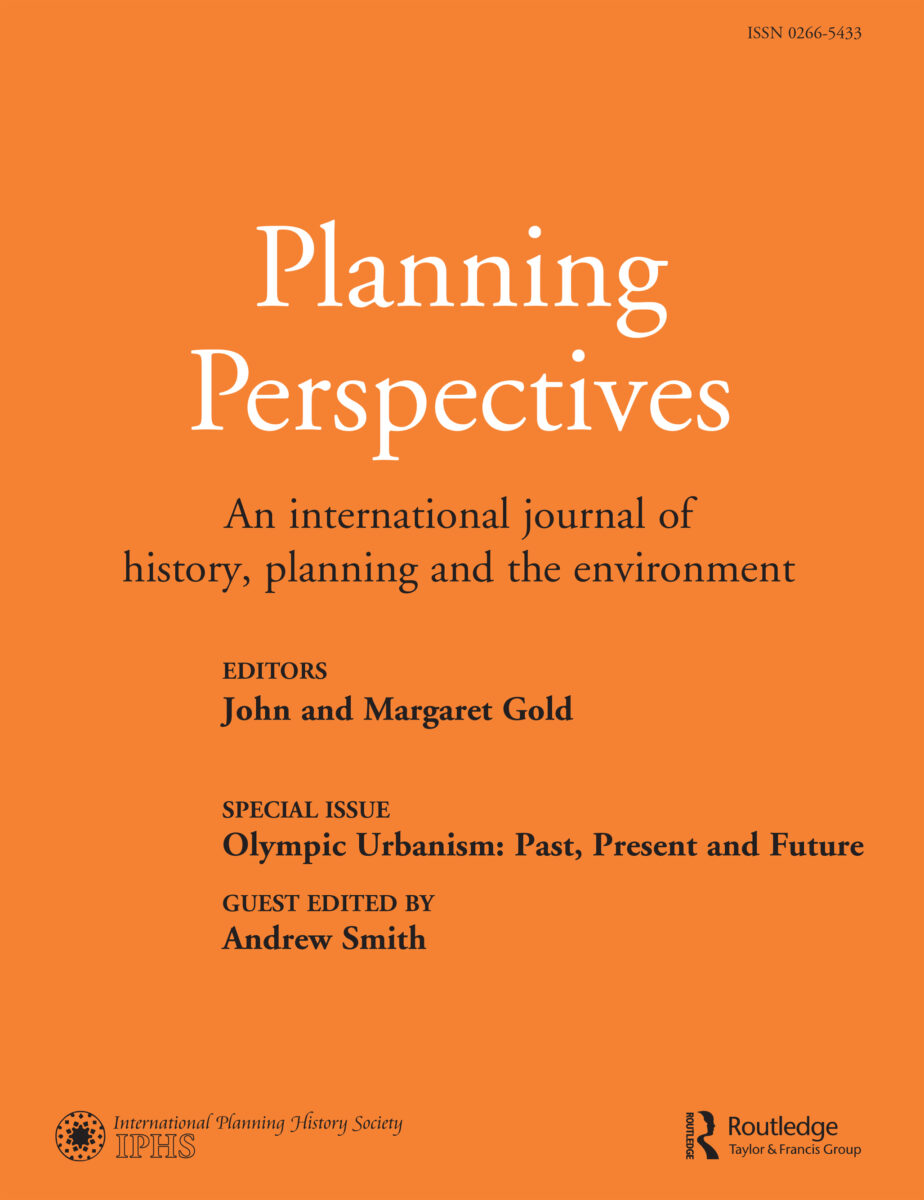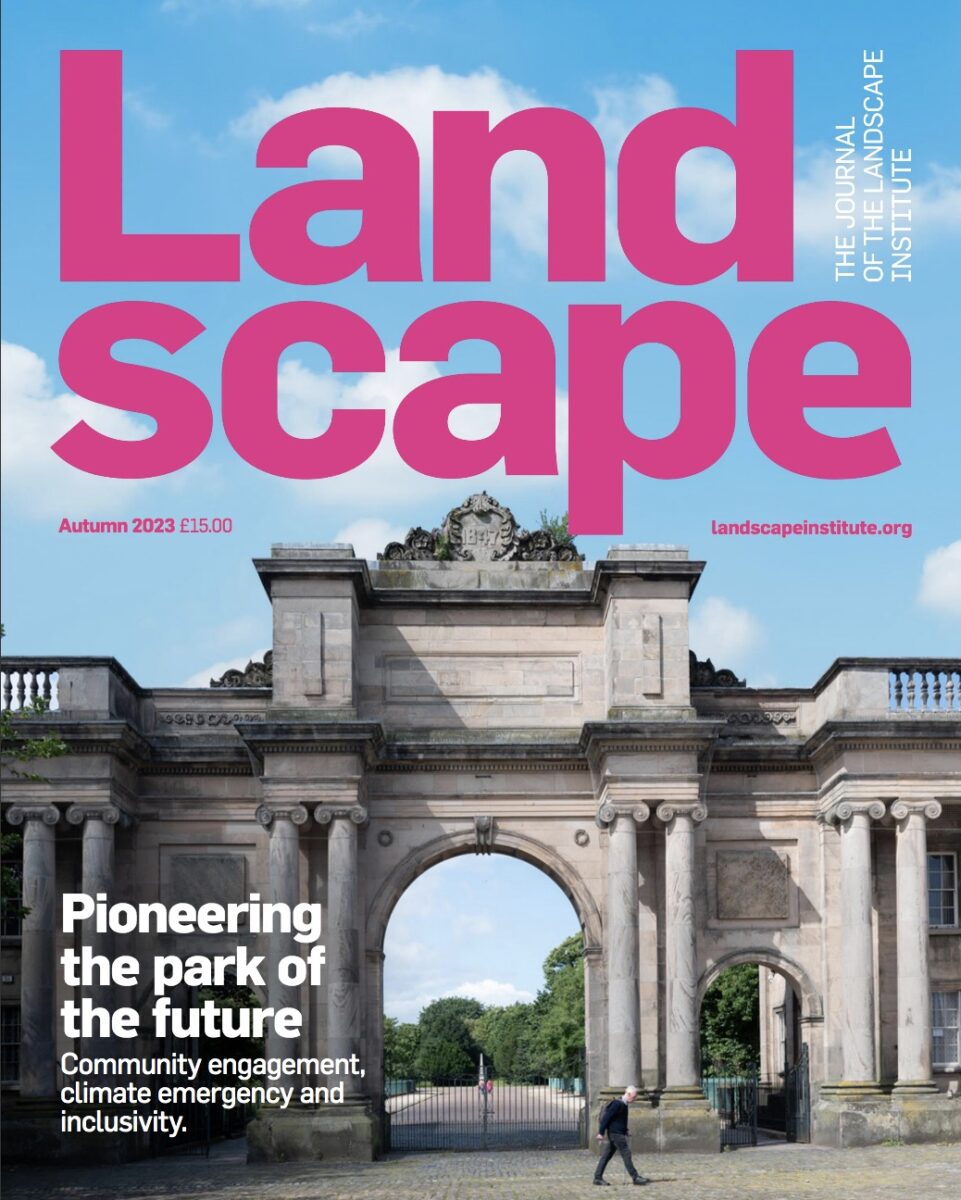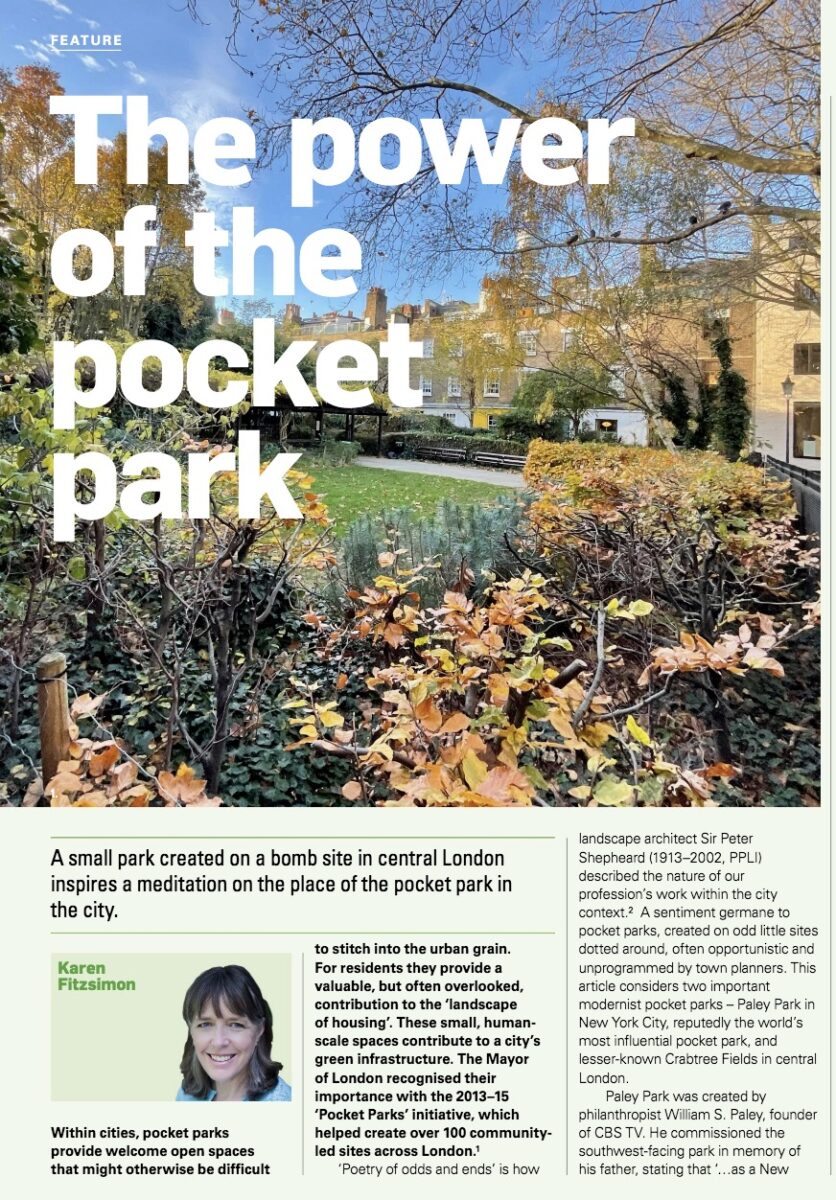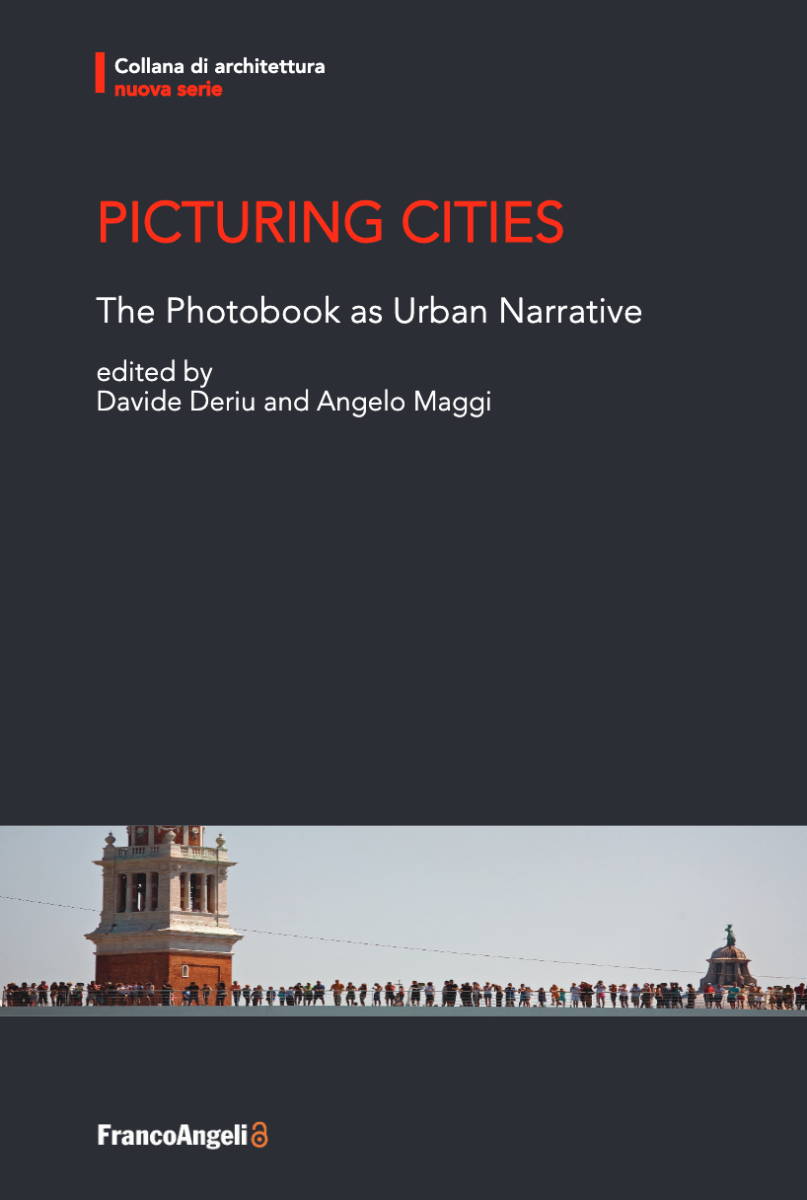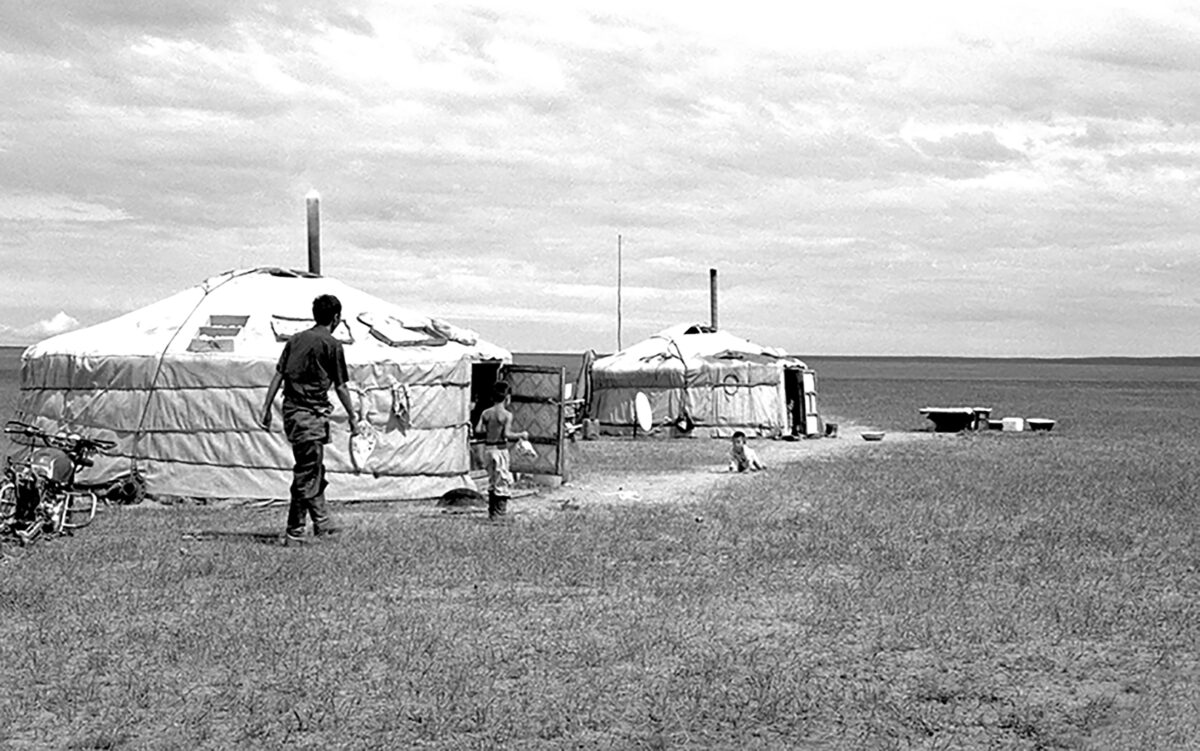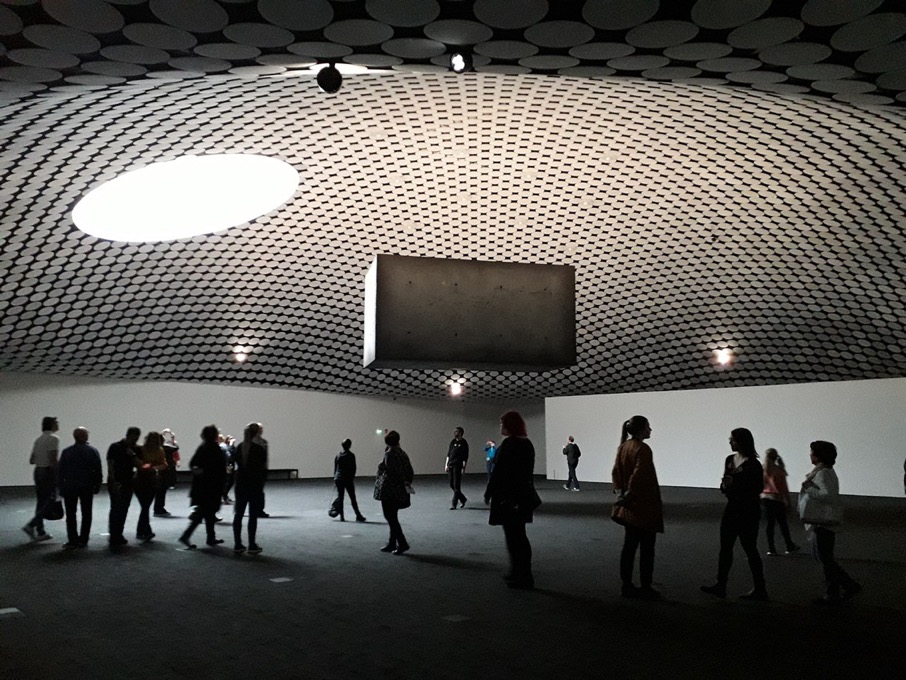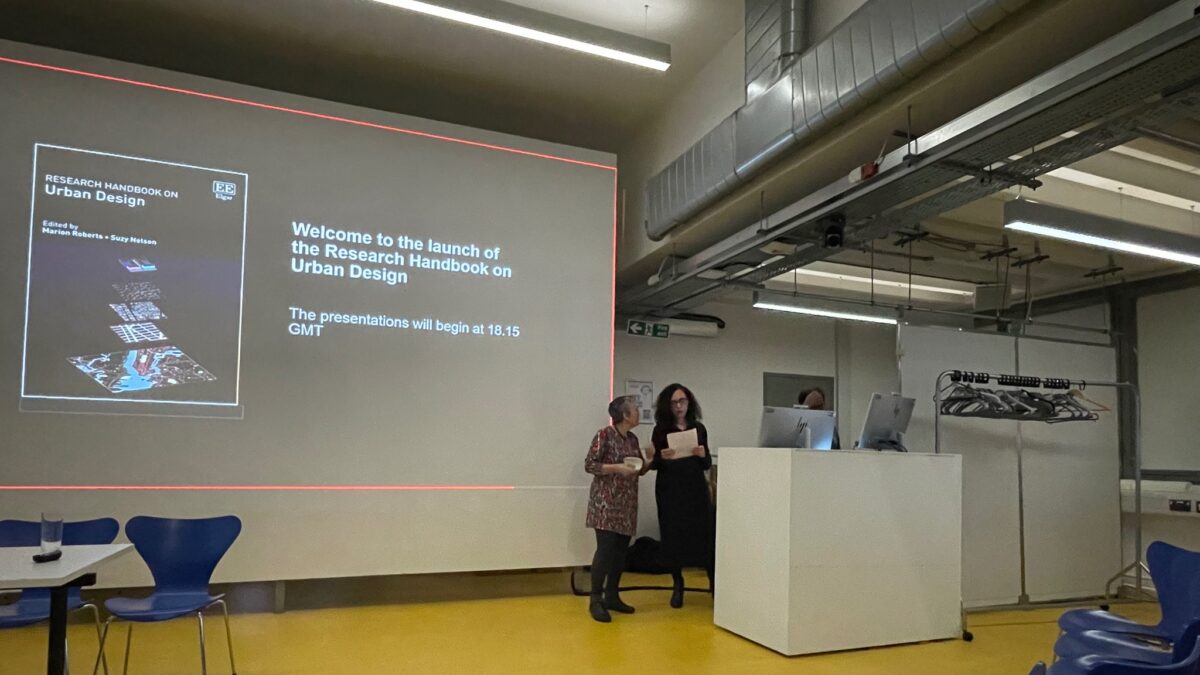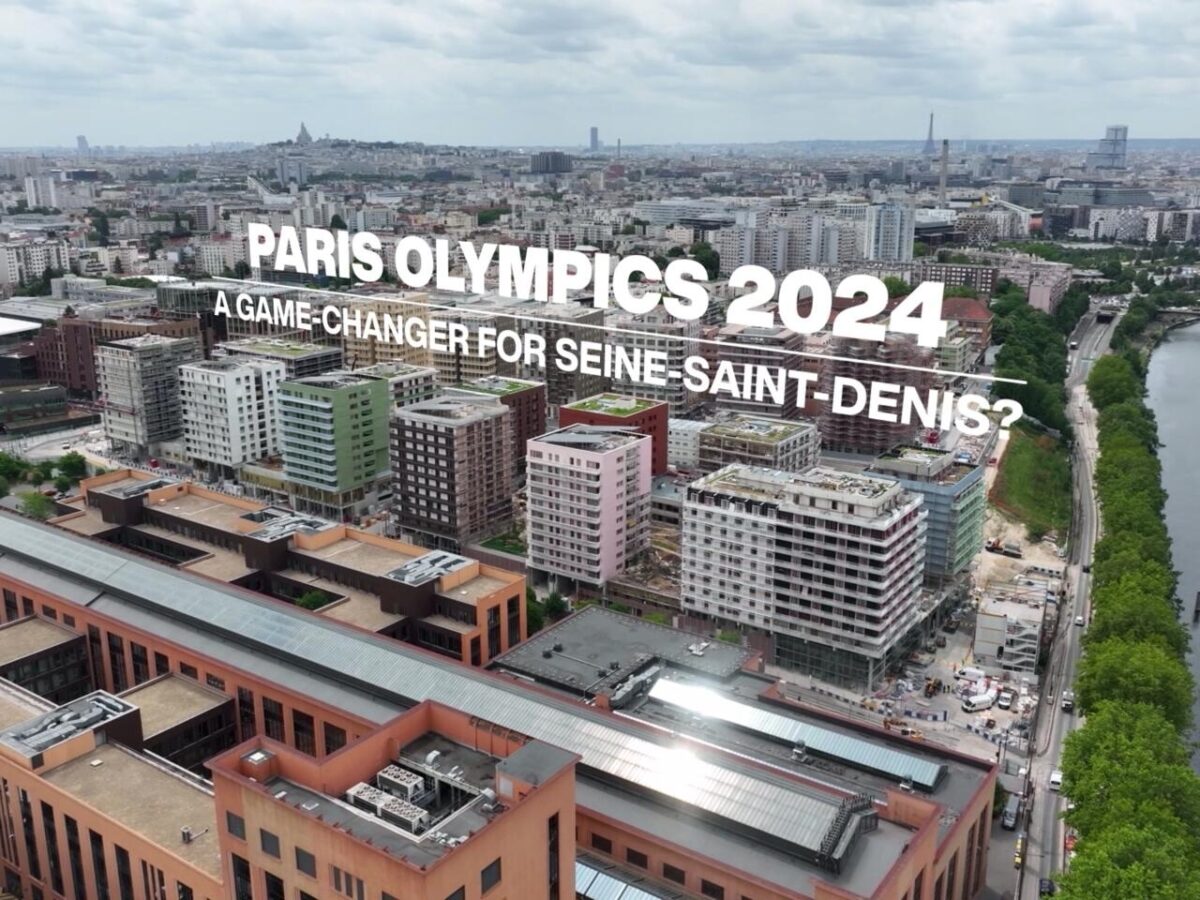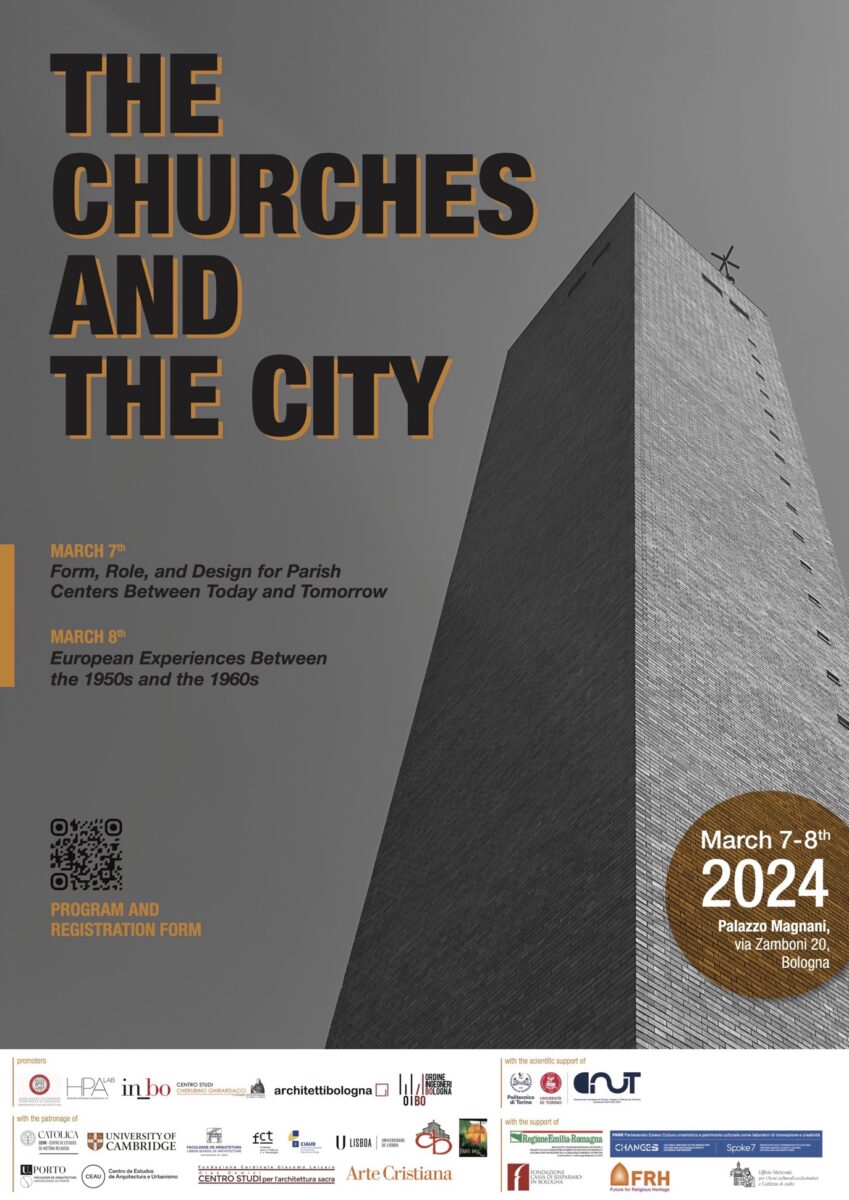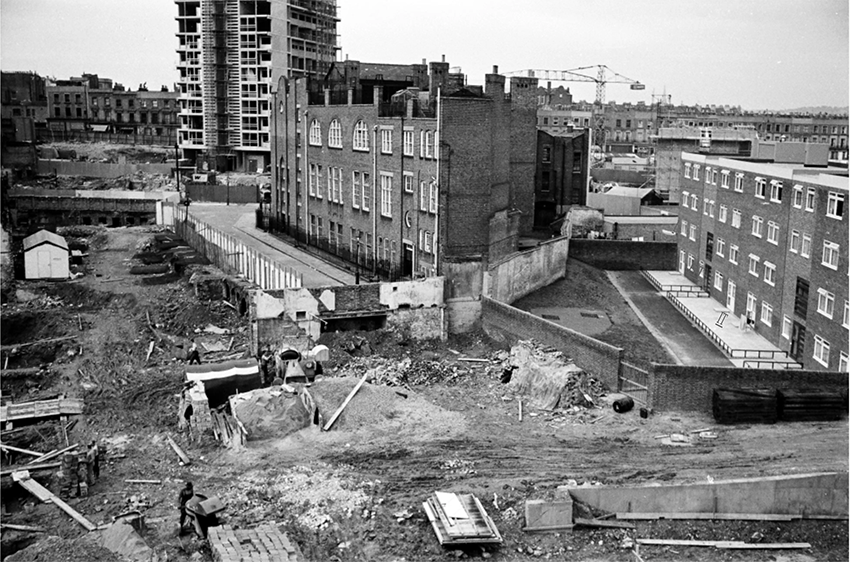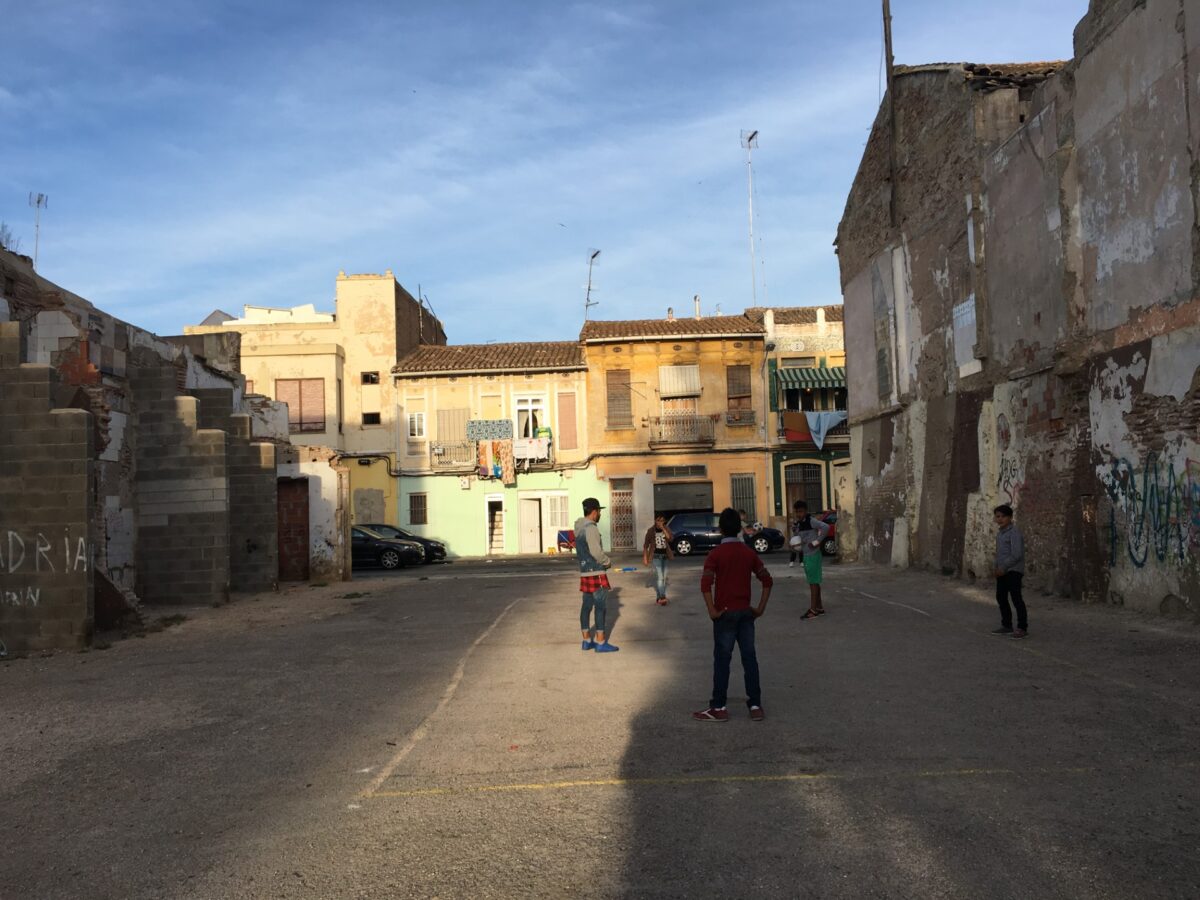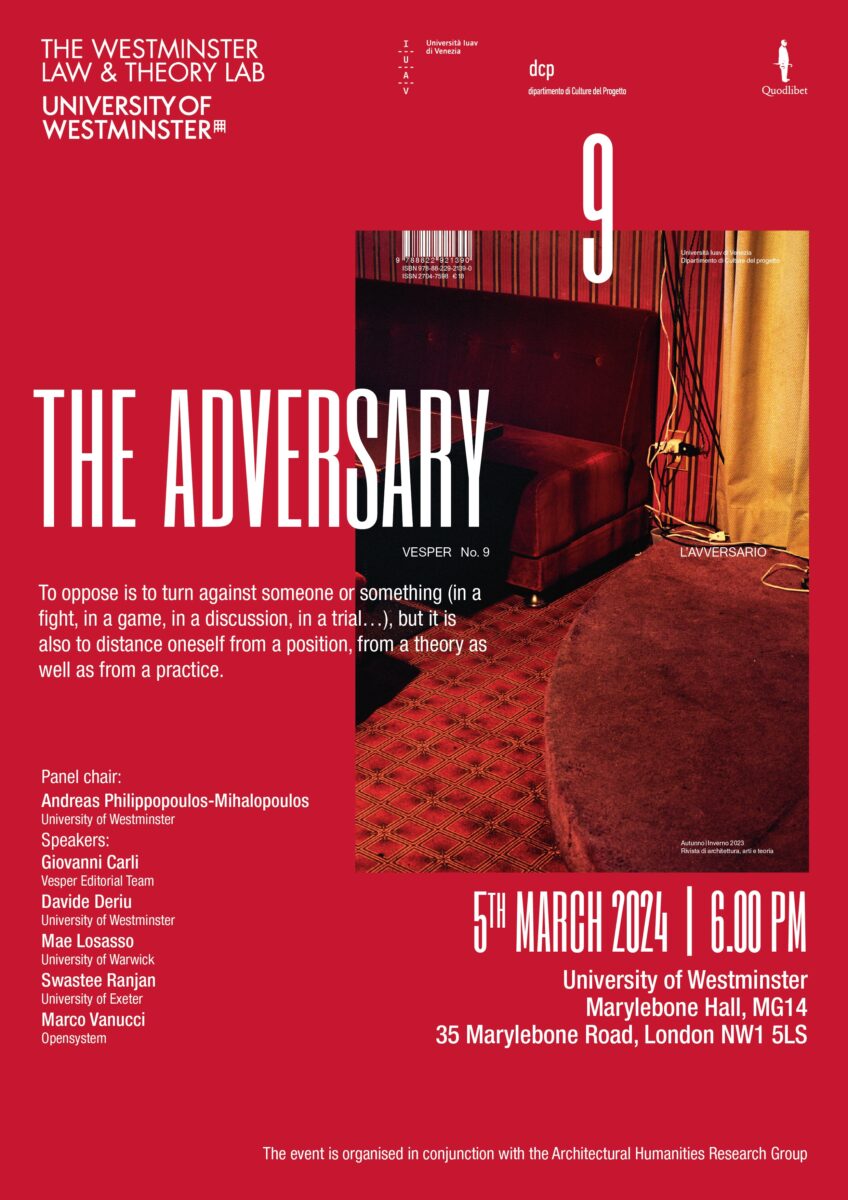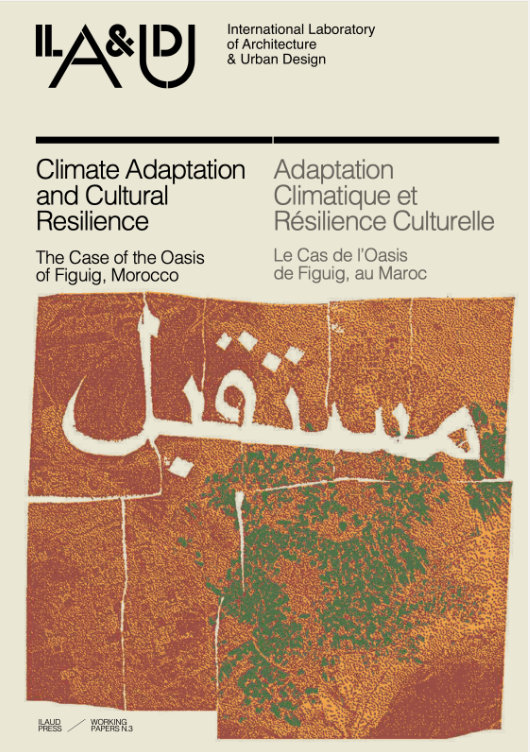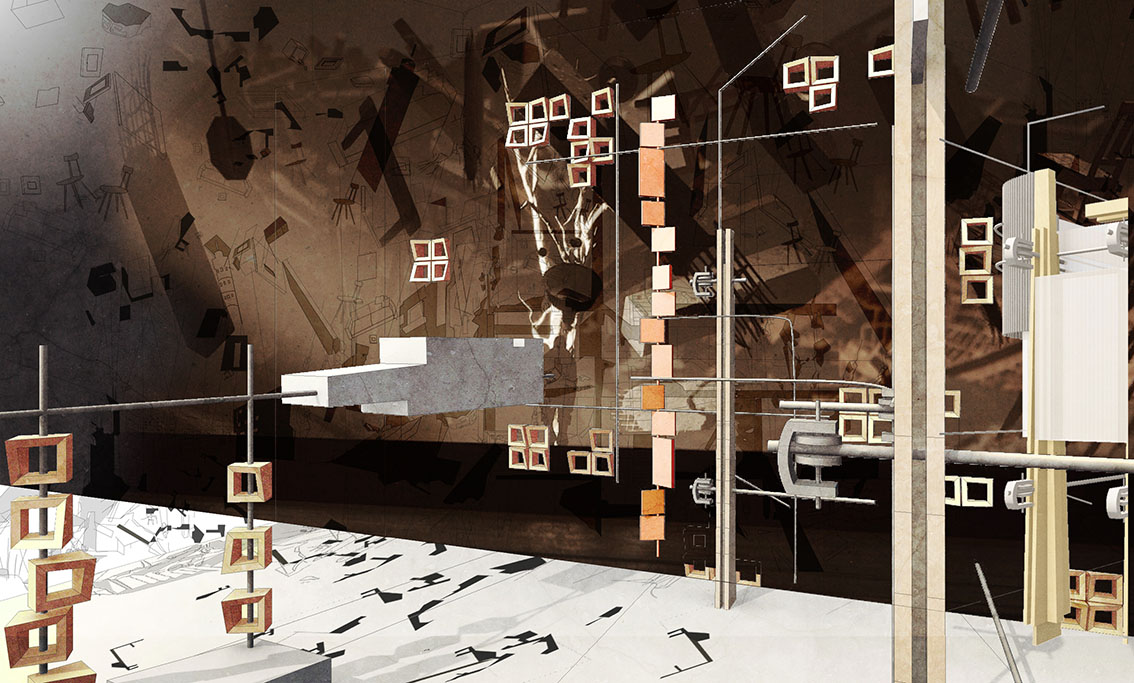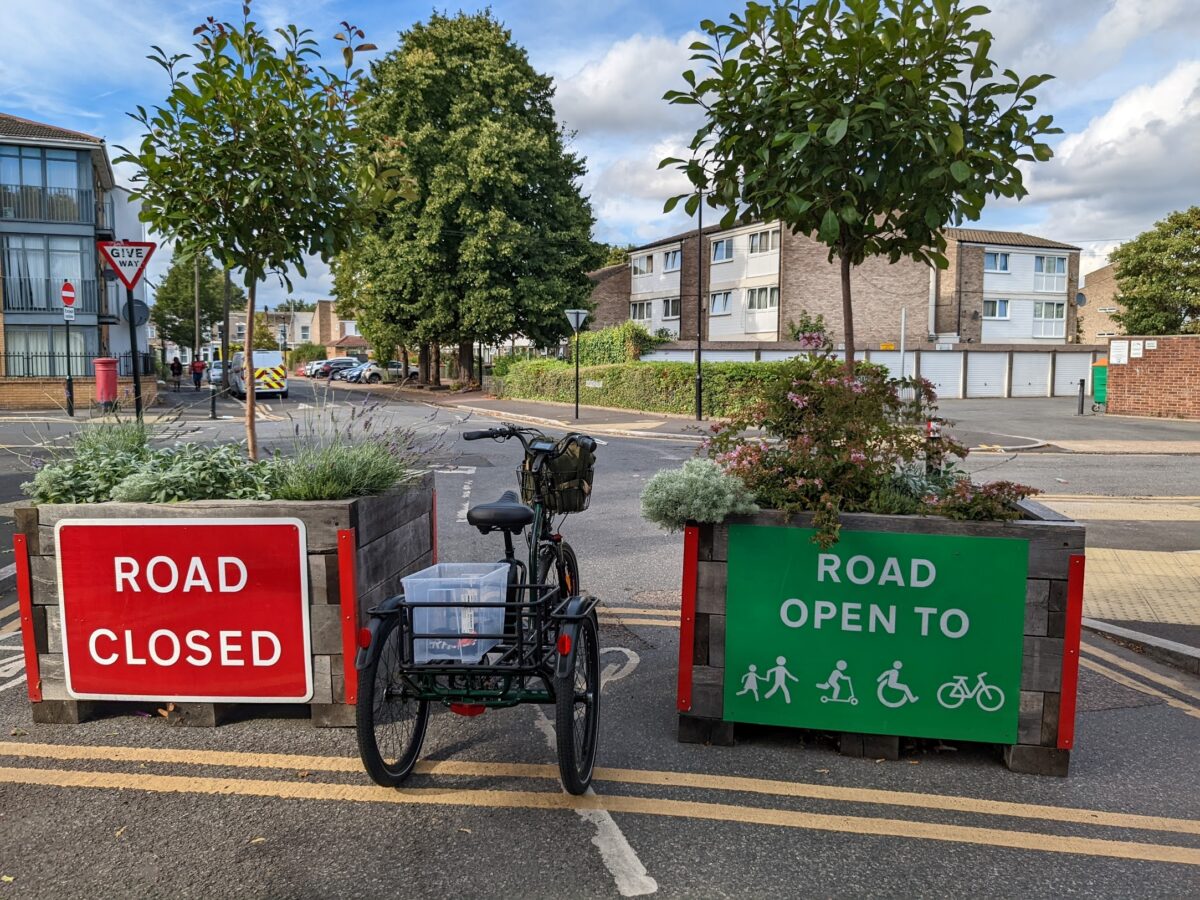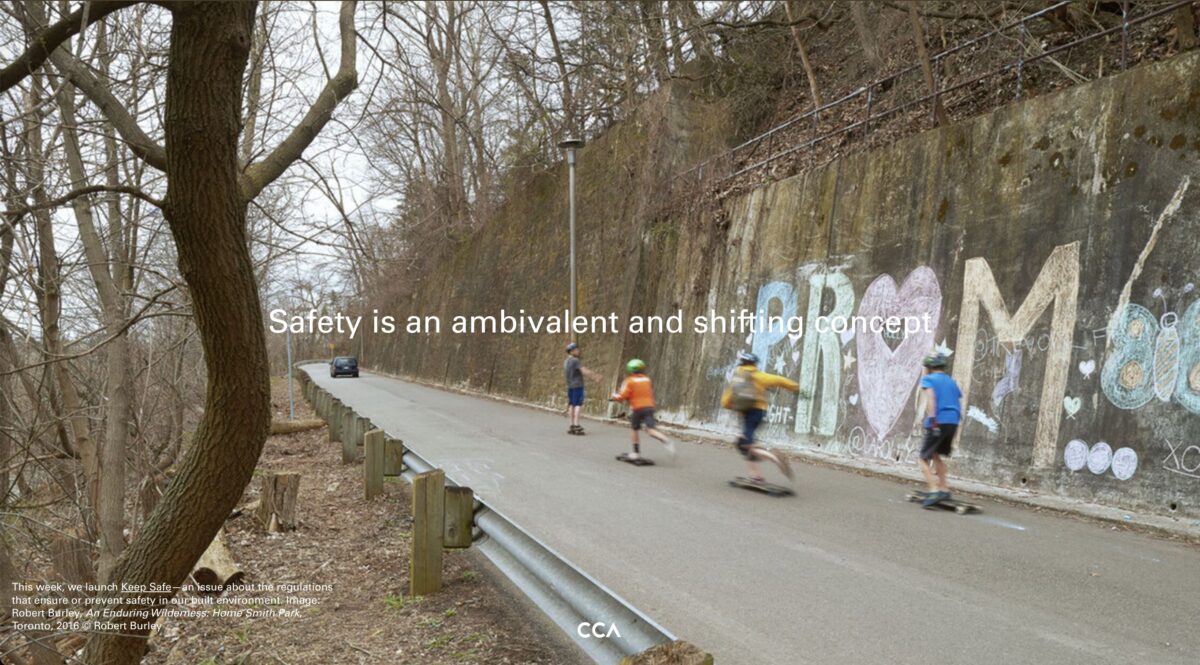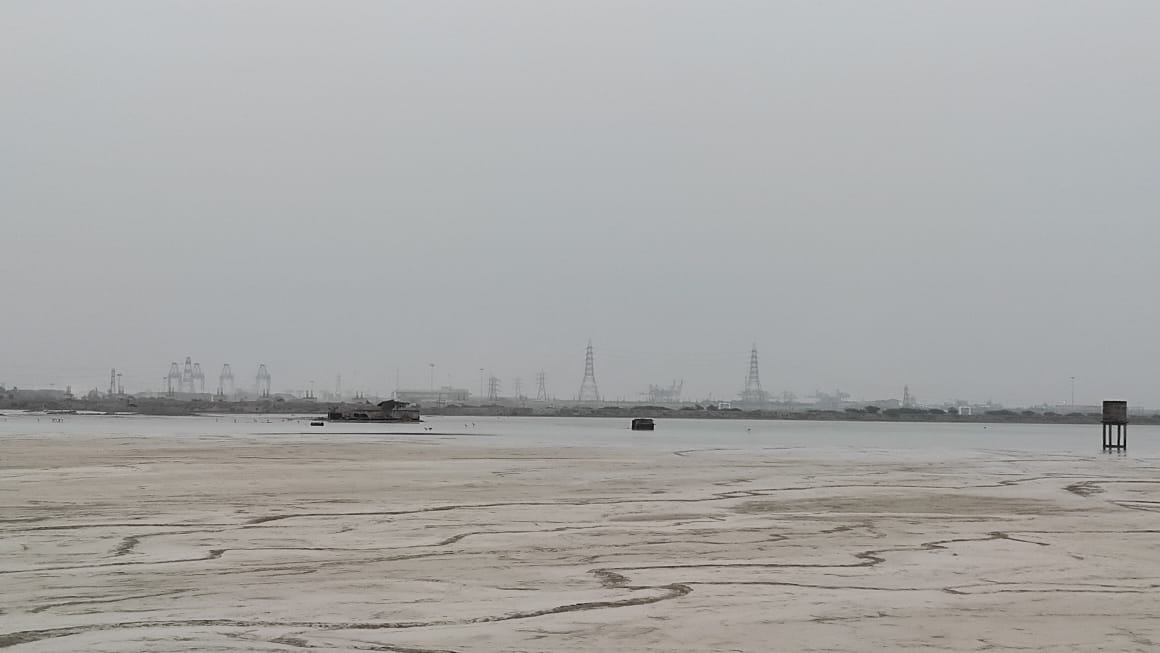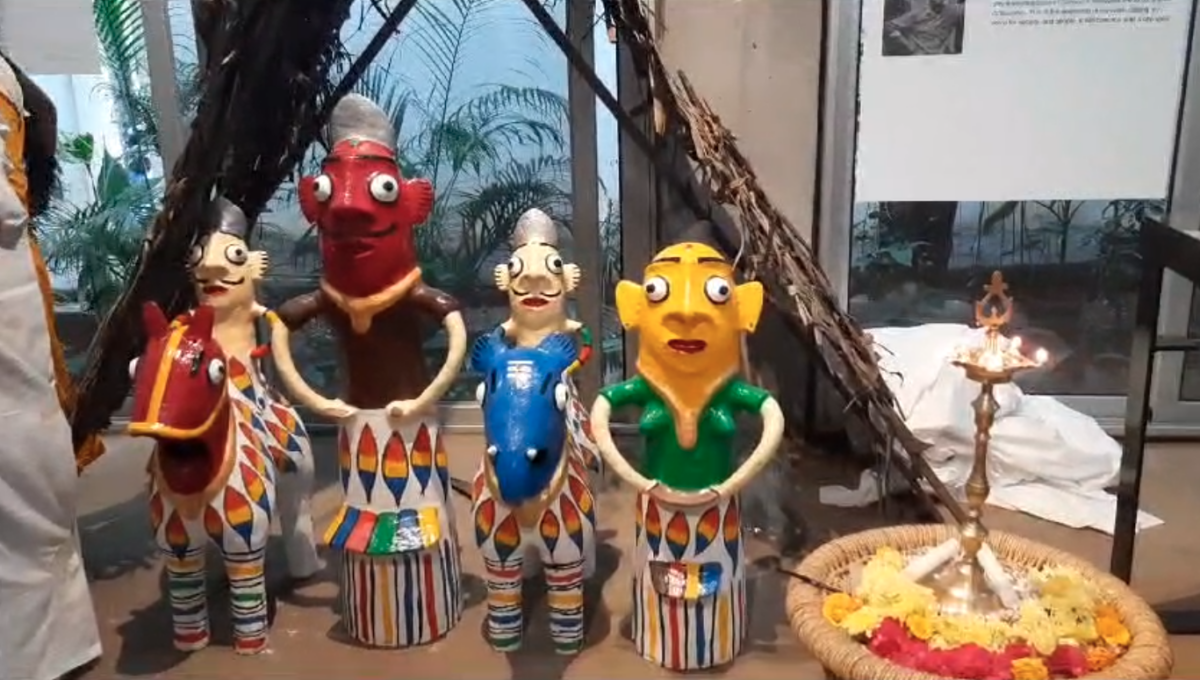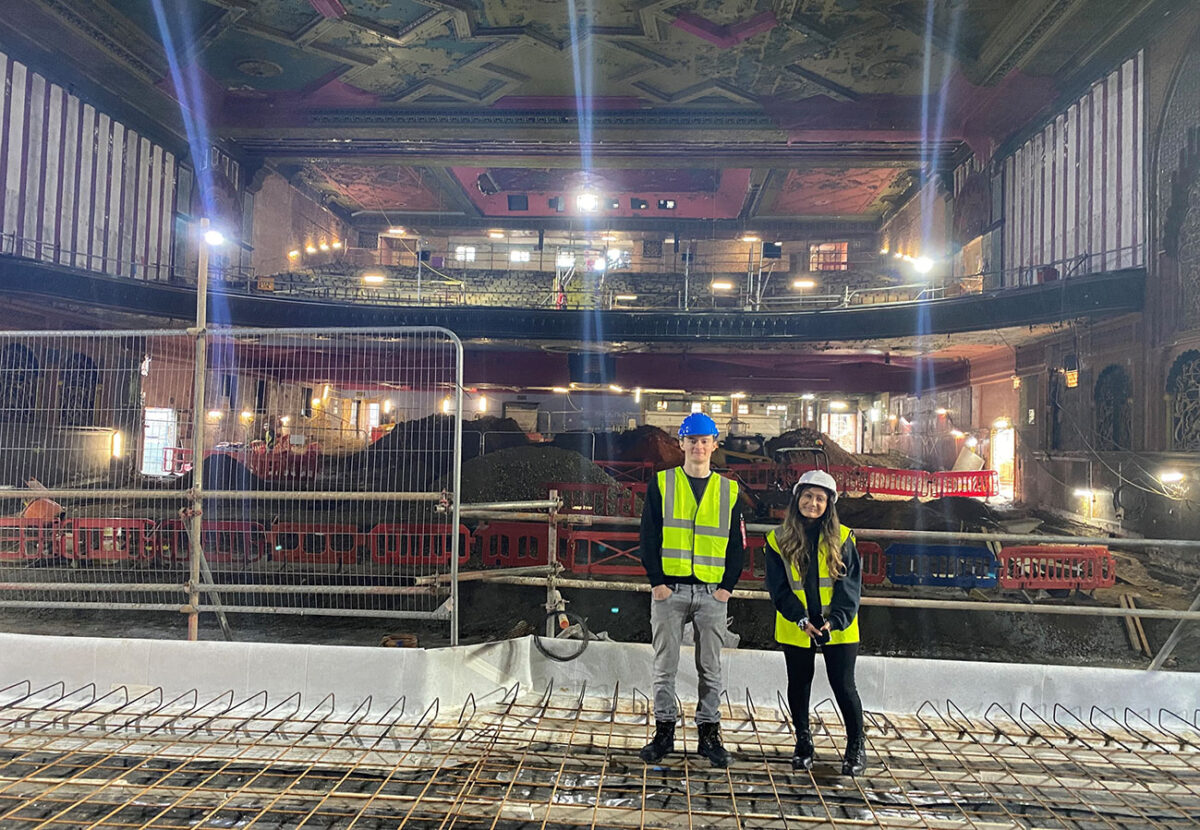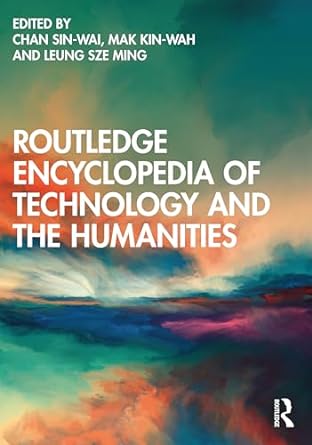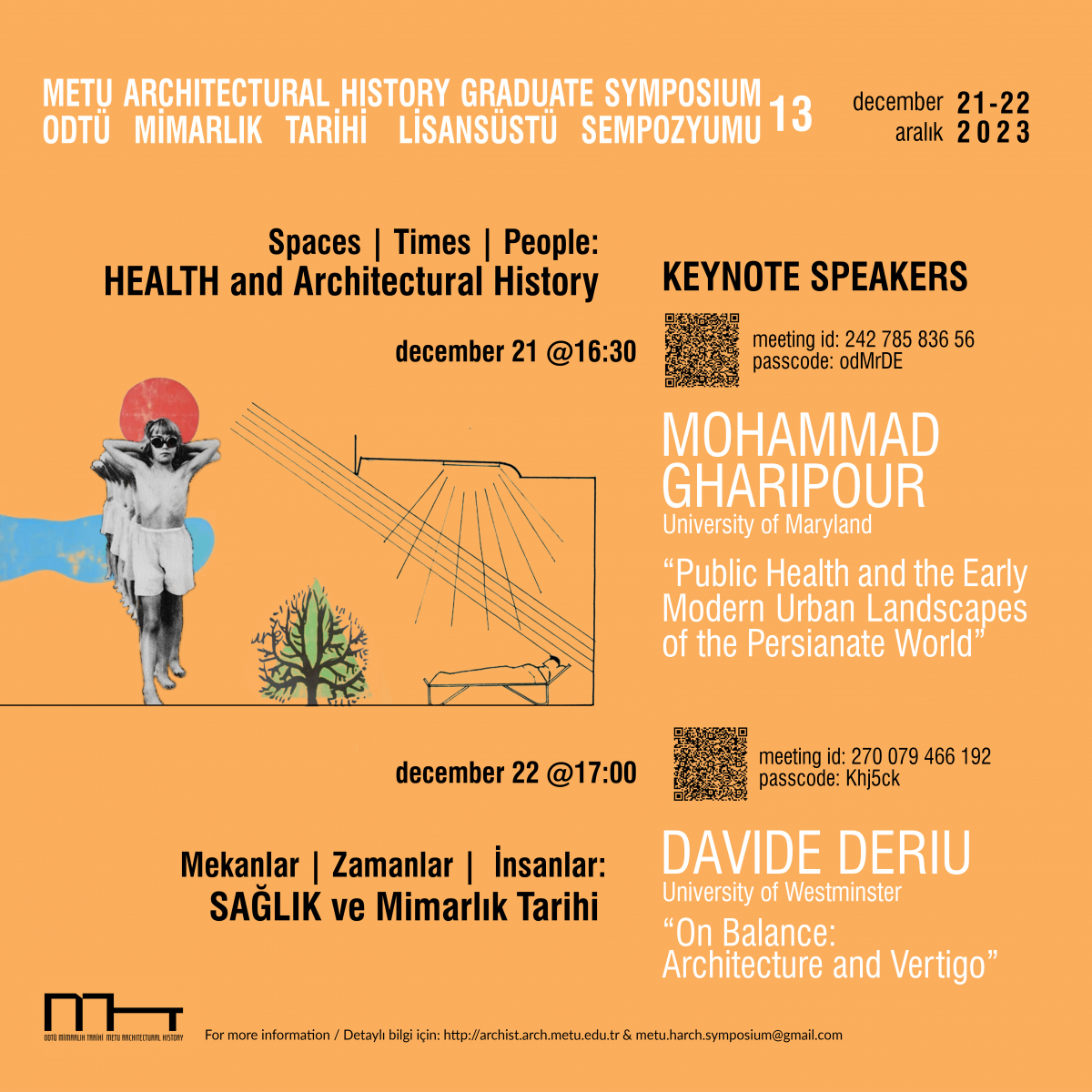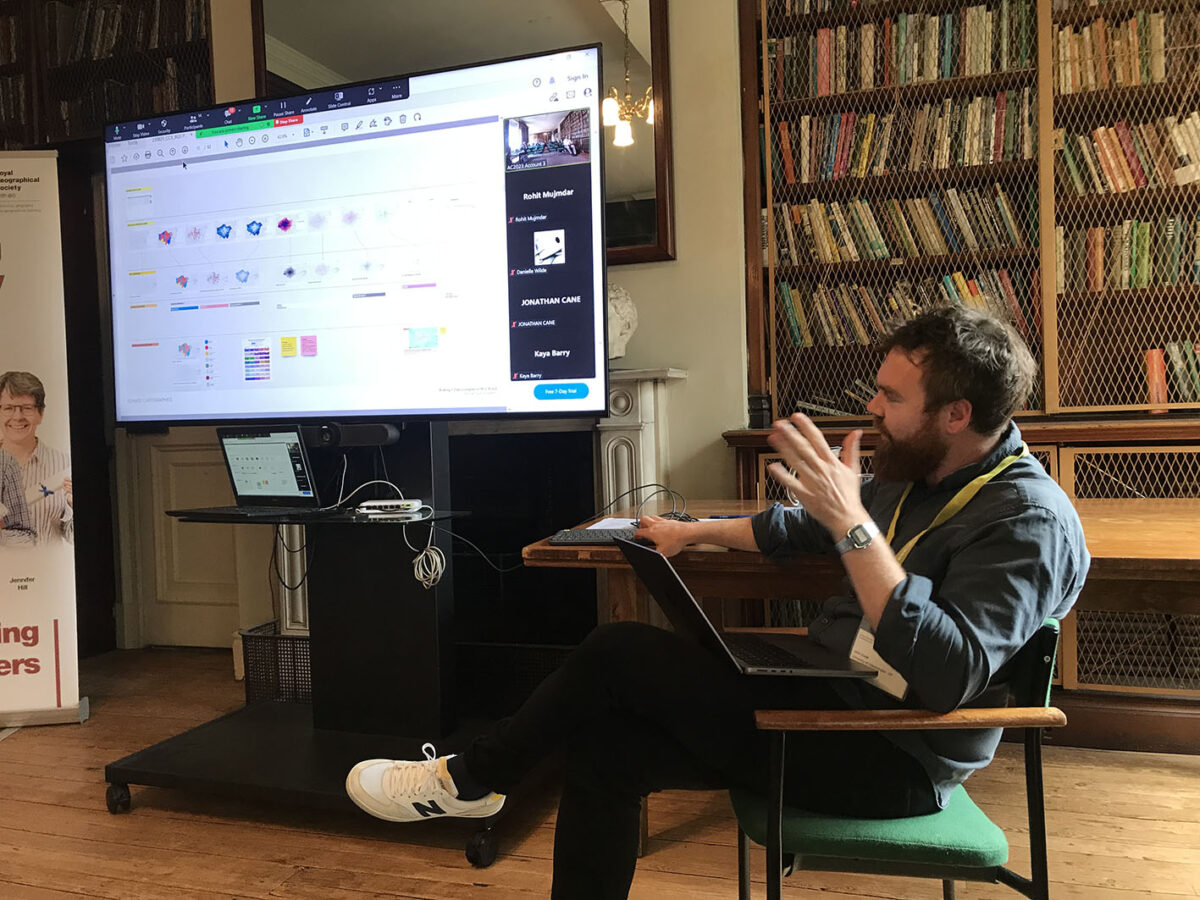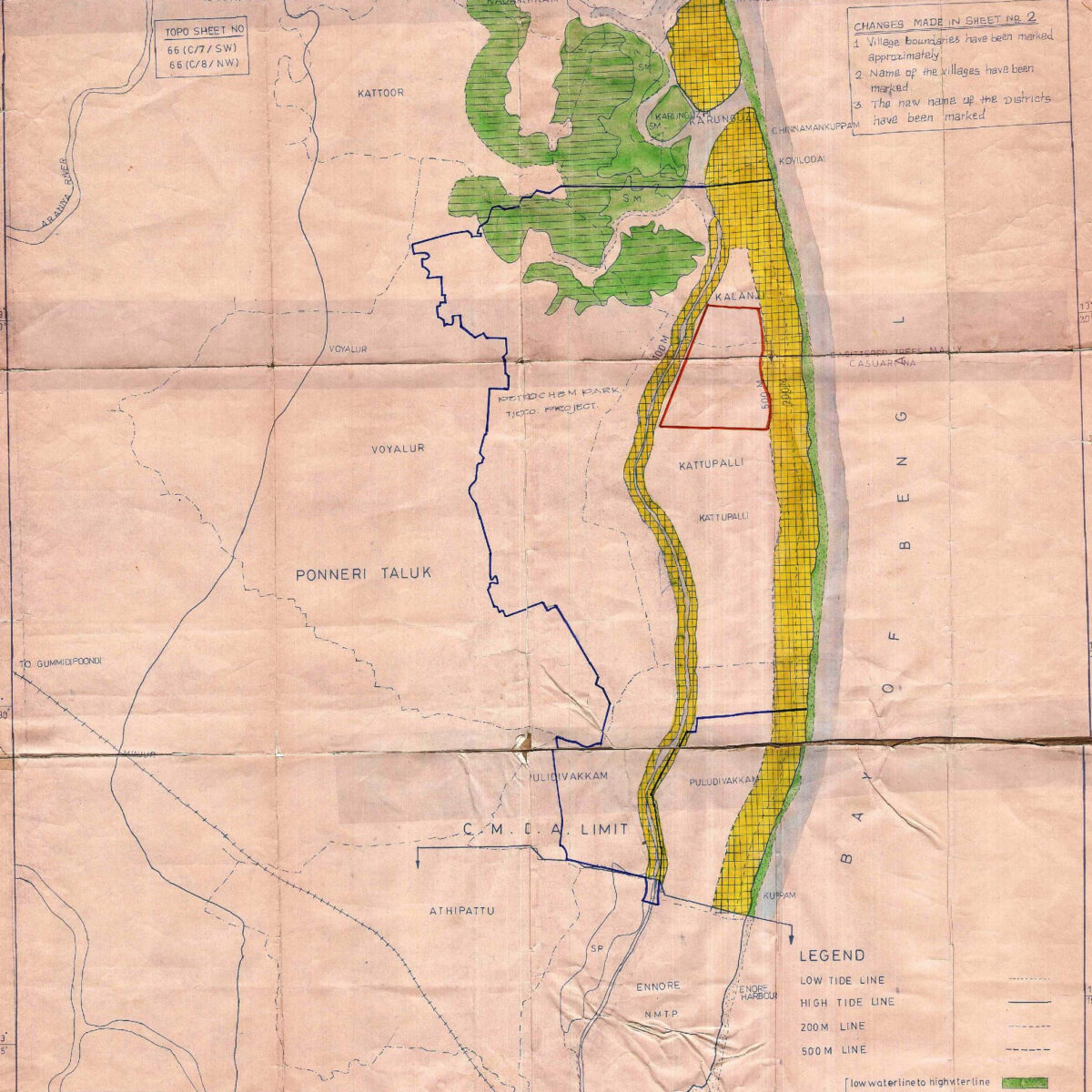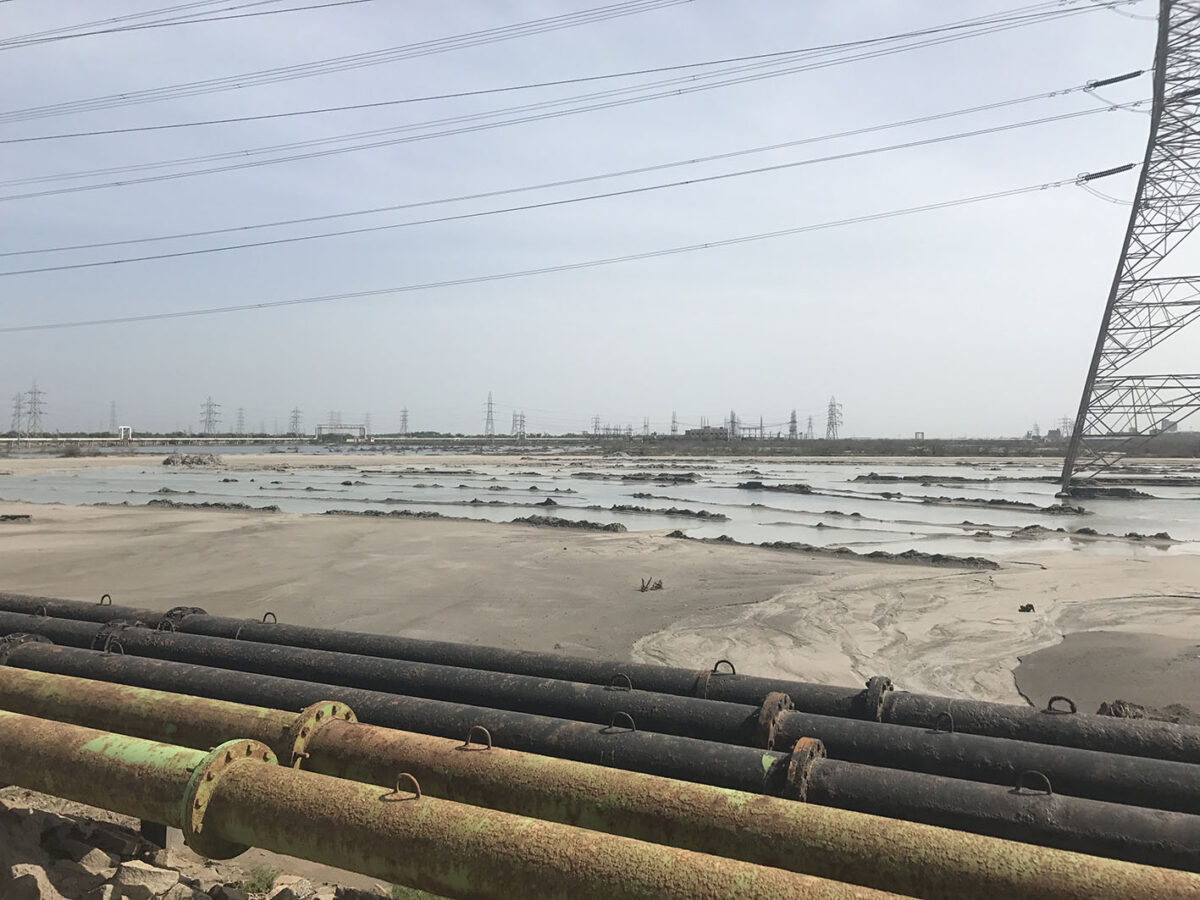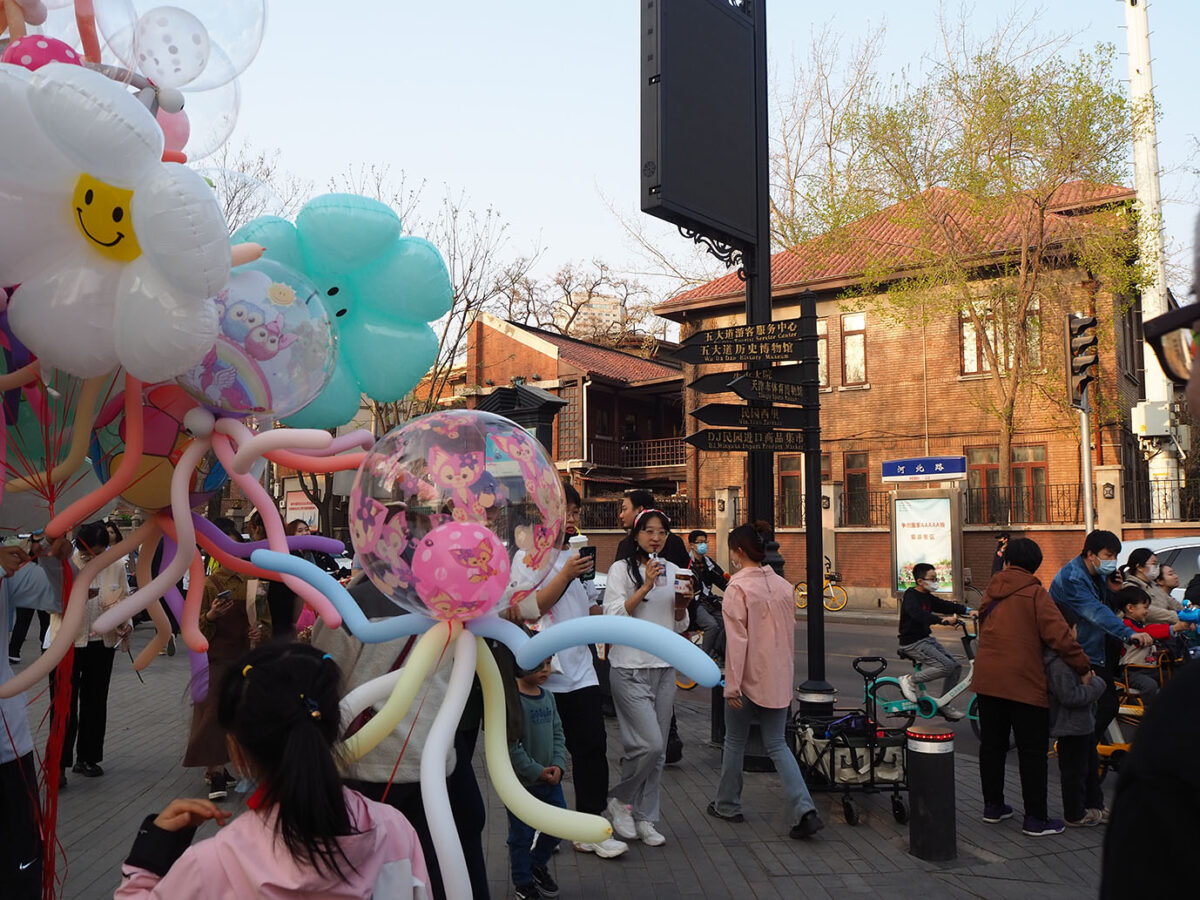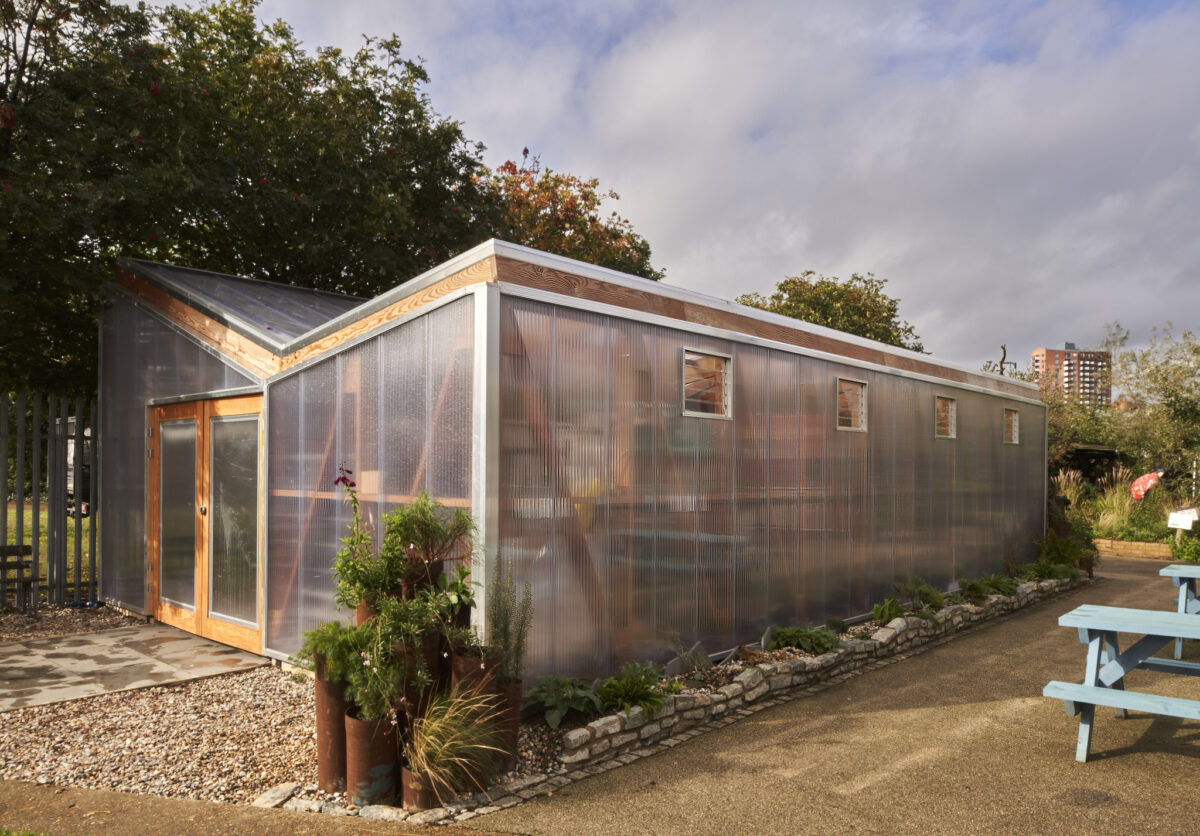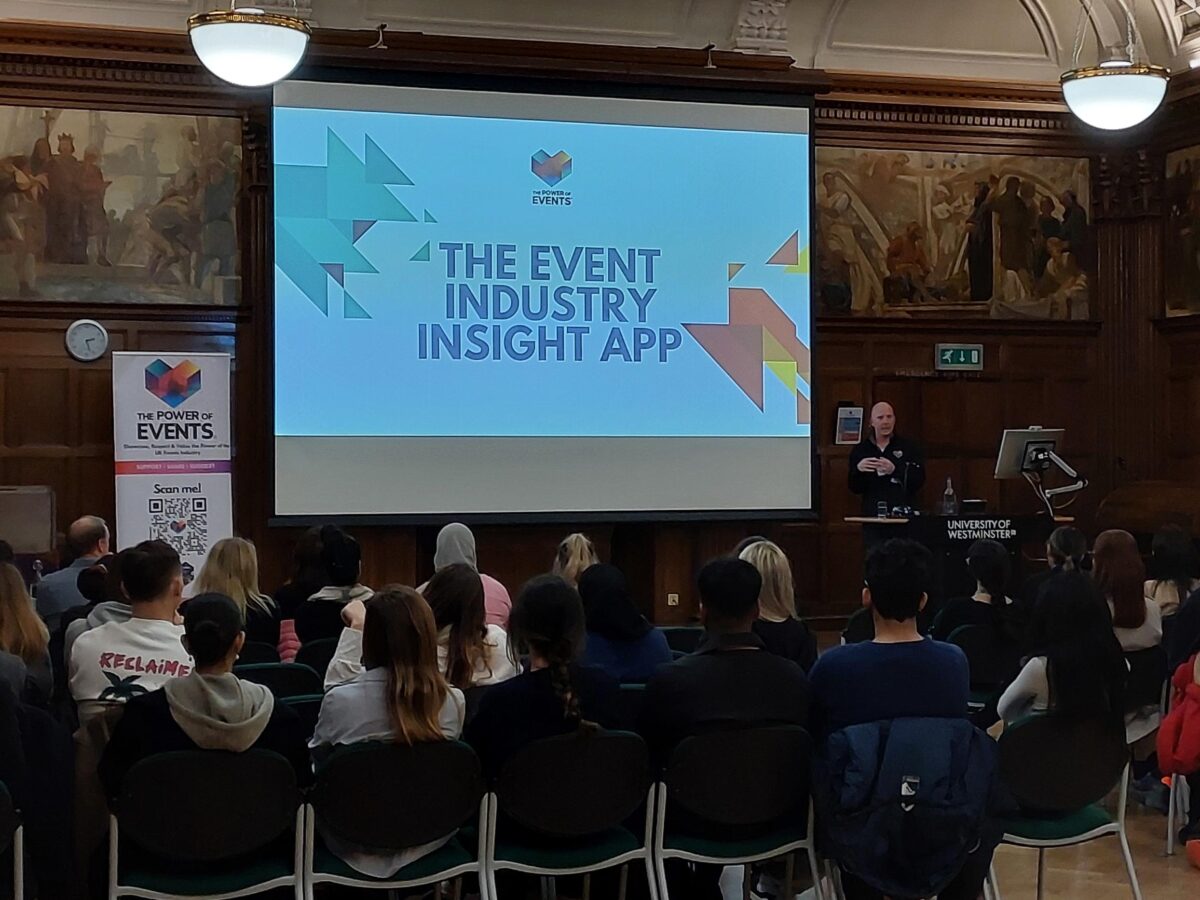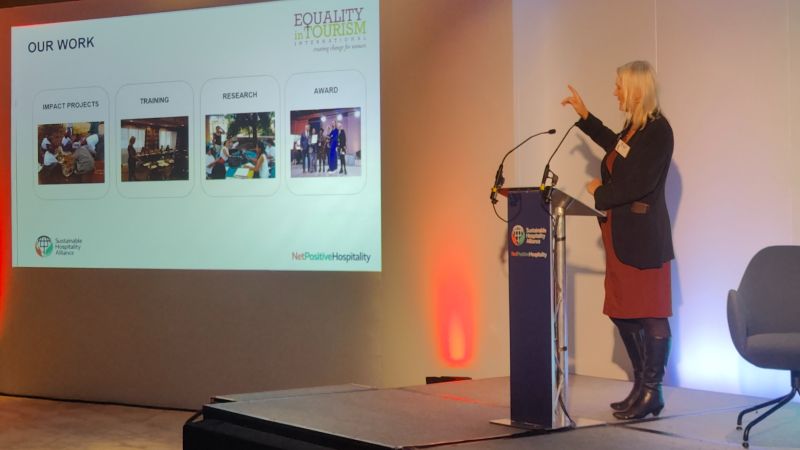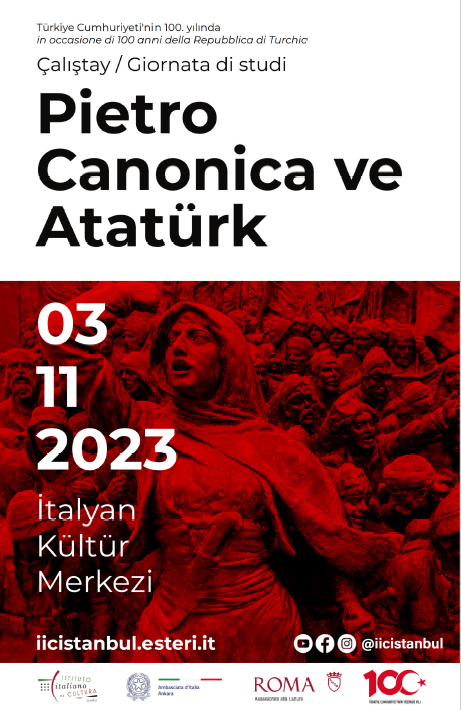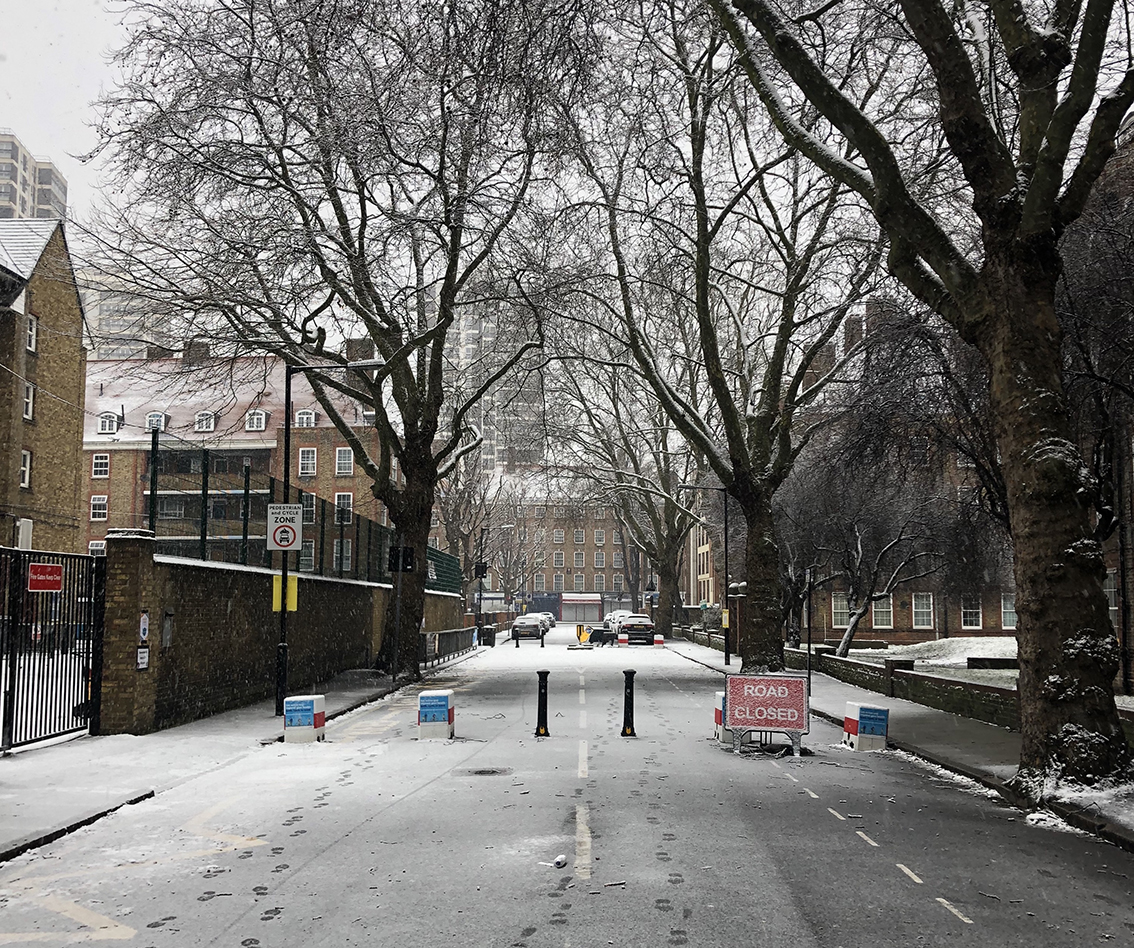This website presents the research and knowledge exchange activities of staff and PhD researchers in the School of Architecture + Cities at the University of Westminster. It records the work being undertaken in the school to inform staff, students and the wider community of the incredible breadth and depth of the activities that staff and PhD researchers in the school undertake.
India is a growing market for air travel, both domestically and internationally. This seminar presented research based on a longitudinal study that examines air travel patterns from 2005 to 2017 between India and North America using airline schedules and PaxIS data. The results indicate that India relied upon indirect connections to facilitate travel to North America, but the hubs used has changed over the years. Air travel was almost totally undertaken over the North Atlantic, but airplane technology and more recently geopolitical issues have seen the development of flights over the Pacific Ocean. The Indian market continues to grow leading to a concurrent growth in international travel.
The Heritage & Place Research Group is hosting an afternoon and evening of presentations and discussions on the themes of curating places, managing change and dealing with loss. With a focus on the university’s central London neighbourhood of Marylebone and Fitzrovia, we will consider how historic places can adapt to the challenges of the 21st century.
KEY SPEAKERS:
Simon Loomes. Director, Portman Estate
Anna Mansfield. Director, Publica
Robert Ayton. Senior Heritage Consultant, Donald Insall Architects
Sharif, Y., & Golzari, N. (2025). Ruins confronting colonial erasure: Challenging emptiness and reclaiming home, street and neighbourhood in Gaza. In D. Matar & V. Porter (Eds.), Archiving Gaza in the Present: Memory, Culture and Erasure (pp. 252–255). London: Saqi Books
Conflict does more than destroy physical spaces. It extinguishes lives, erases histories and disrupts the collective memory of entire communities. In Gaza, where genocide has wrought catastrophic loss, the destruction of heritage adds another dimension of devastation. Yet amid the rubble, acts of archiving, art-making and storytelling persist. “Archiving Gaza in the Present: Memory, Culture and Erasure” brings together voices from Palestine and beyond to document cultural erasure and to explore how creative and archival practices resist it. Contributions from curators, architects, artists, journalists, lawyers and scholars capture Gaza’s once-vibrant cultural life—historic buildings, art cent
‘Gravity at Play: The Emergence of Architectural Ilinx and the 1958 Brussels World’s Fair’, Architectural History 68 (2025): 213–246.
Architects in the 1950s pursued increasingly weightless, vertiginous forms that reflected a world shaped by Cold War instability and technological ambition. Drawing on Roger Caillois’s sociology of play, this essay traces the emergence of “architectural ilinx,” a phenomenon that reached a defining moment at the Brussels World’s Fair (Expo 58). In addition to situating this trend within a broader cultural preoccupation with gravity, it argues for its ongoing relevance in today’s experience‑driven built environment.
In this seminar Marion Roberts and the independent film maker, Jeremy Clancy, discussed their collaboration to make a short film at the end of Roberts’ Leverhulme Emeritus Research Fellowship Project, Urban Design and the Urban Night. Making a film presented new challenges with regards to the imagined audience, scripting, presenting, filming and arranging the final dissemination, to which Clancy brought considerable experience and expertise. In the seminar colleagues were alerted to the benefits and pitfalls of the medium, and to that all important question, ‘if we were to do it again, how would we do it differently’? The film, Night Towns, 7 minutes long, was shown.
This seminar outlined Anita’s PhD research project, which is an ethnographic exploration of the world of coral reef restoration in North Sulawesi, Indonesia. Here, coral restoration has become both an act of care and a performance of conservation, inviting tourists to take part in rebuilding reefs while promising encounters with nature and hope amid environmental crisis. Through long-term fieldwork, this research traced how governments, NGOs, local communities, and private enterprises work together in collaboration and in tension, to shape what restoration means in practice. The project asked what meaningful conservation might look like in an age of environmental uncertainty.
This project is an act of collaborative research-creation, connecting three distinct landscapes across the globe through a shared moment in time. We are investigating the materiality of place, the concept of deep time, and the invisible ecological processes that shape our world.
Under the light of the same full moon, students in New York, London, and Bengaluru become collectors, archivists, and storytellers, gathering micro-landscapes from three critical sites:
Seneca Meadows Landfill, NY, USA:
A landscape of anthropogenic accumulation and waste, a monument to our contemporary consumption and its long-term geological implications. A negative hydrology where water is the problem to be solved, the carrier of toxicity, and the agent of potential environmental risk.
River Lee, London, UK:
An urban waterway, a site of historical memory, ecological contestation, and constant flow amidst a dense human environment.
Gantiganahalli “Kere” (Lake/Reservoir), Bengaluru, India:
A vital temporal water body and system reflecting cycles of monsoon, drought, urban pressure, and agricultural reliance.
By collecting these materials simultaneously, we create a “snapshot” of the Earth’s skin at a specific celestial moment. The petri dish becomes a portable plot of land, a lens, and a canvas. This exercise asks participants to think across scales: from the planetary (the moon’s pull) to the territorial (the site) to the microscopic (the sample itself).
In this inaugural professorial lecture, Sean Griffiths explored the fraught relationship between architecture and politics, arguing that a materialist conception of language offers a possible way to link architectural meaning and production. Starting from the premise that language and production are necessary attributes of human sociality, the lecture explores how they combine to produce different notions of ‘architectural language.’ Following philosopher Wilfrid Sellars’s conception of language, the lecture used Marxist analysis to propose that different modes of production create the physical patterns produced by both language and the built environment.
John Zhang’s practice-based research is focused on using immersive technologies to transform climate and ecological data into sensory, spatial, and participatory experiences. Presenting a series of projects developed with scientists, students, and museums — from digital twins of coral reefs and East London docklands to virtual wasp nests and Beijing courtyard ecologies — John will present a design-led practice that moves between design, technology, and climate communication. With an awareness of established critiques of participation, situated knowledge, and environmental aesthetics, the work questions how mixed reality technologies can be used critically beyond spectacle or simulation.
In this lecture Professor Harry Charrington advocated for a more engaged history of architecture and place-making. He discussed some remarkable work in Helsinki and Kumasi, and introduces individuals with their own distinctive agency. He argued that we need to share more stories like these if we are to develop a praxis capable of addressing the complexity of the living world. Reflecting on over thirty years of practice, teaching, and research, and utilising archival material and oral histories, Charrington suggested how we might restore them to history – i.e. to humanity.
In this lecture, Peter Sharratt made a case for a new design imperative, Strategic Design, in addressing the global growth challenges we face by applying design and systems thinking to solving complex and often contradictory problems. Drawing from his international professional experience leading a niche Strategic Design and Planning consultancy, he explained what strategic design means, how it’s being deployed in practice and importantly, how architects’ unique skills can play a leading role in shaping the real-world solutions that make a difference.
The UK Government has committed to achieve net zero carbon emissions for the whole economy by 2050. This pathway is subject to numerous constraints and challenges. The roles of the various built environment disciplines and their expert advisors are critical to this process. This lecture highlighted the ‘real world’ challenges involved, but also the benefits and opportunities that might emerge from a collective effort towards ambitious outcomes. With examples including urban energy systems and delivery of net zero housing, the various implementation challenges and the innovations needed in policy and financing approaches were explored.
Prof Sadie Morgan’s lecture chronicled major endeavours over her twenty-five year career, including a selection of projects and roles that have provided fertile testing ground for how design can work to authentically improve people’s lives. Morgan focused on the lessons learnt throughout – the power of collaborative design thinking and doing; the need for real social value; gender parity and diversity within the industry; the importance of listening and gathering knowledge; the importance of collective criticism; and the need for well-being and quality of life to become central to the built environment.
At this seminar, Rosa Schiano Phan presented a study on the daylighting performance of the Marylebone building. With rooflights, tilted ceilings, double height spaces and other features, it is a late modernist example of optimised daylighting design. However, the north-south symmetrical approach to the openings and the distribution of internal spaces raises questions about the efficiency of daylight. Through archival searches, desktop analysis, computational simulation and spot measurements, the study assesses the daylight performance of the architecture studios comparing their original and current use.
In this lecture, Prof Rachel Aldred reflected on over fifteen years of researching active travel, changes implemented in London and elsewhere, and the limits of those changes. Rachel suggested ways in which walking and cycling environments need to change to ensure that more people can walk and cycle, that these opportunities are available to currently under-represented groups, and that people’s experiences of walking and cycling are more equal than they are now. This drew on Rachel’s own and other research, and considered what we might expect or hope for in future.
In this seminar, visiting researcher at the ATA, Serena Mombelli presented her work on the political discourse surrounding superblocks and low-traffic neighbourhoods as models for sustainable urban change in Barcelona between 2016 and 2024. Media coverage plays a key role in shaping competing narratives around these interventions, influencing public support or opposition – particularly in politically polarised contexts such as local elections. Despite the growing importance of such interventions, systematic research on their media representation remains limited and largely qualitative, a gap her study aimed to address.
This seminar reflected on a series of Live Projects that acted upon, intervened in, or engaged with the public realm. Projects such as the Urban Garden Follies, Kowloon Park installations, and the Bottle House involved students in building small-scale architectural works that responded to real urban, political and environmental issues. Spanning sites from London and Hong Kong to the Zimbabwe–Mozambique border, these projects explored how place is shaped by overlapping layers of history, culture, economics, and informal social structures.
Talk
Talk
Talk
Poster session to launch the new Design Practices Research Group (DPRG) Publication, with presentations and discussion.
Talk
Talk
Book launch and panel discussion
Talk
Talk
In this episode of Deconstructed, host Matthew Lloyd Roberts is joined by Shukri Sultan, a lecturer at Westminster University, to explore the story of Almanaar Mosque in West London. Together, they unpack how this unassuming building became a vital hub for faith, community, and resilience — especially in the wake of the Grenfell Tower fire.
Victoria Watson, /ATMOSPHERE/ The Origin of Air Grid, Air Grid Publications, 2018, hardback edition 2025,
ISBN9781838018054
This is the hardback edition of my book based on the original thesis submitted for the degree of Doctor of Philosophy, University College London, 2004. The thesis is an exploration of the sensibility of modernity, focused through a dualistic study of the work of Mies van der Rohe and aiming to critique and revise post-modernist readings of the Modern Movement in Architecture.
Fu, S., Verdini, G. Creative placemaking at heritage sites between material improvements and selective memory: the case of Wudadao in Tianjin. Built Heritage 9, 38 (2025). https://doi.org/10.1186/s43238-025-00202-2
Wudadao, the former British concession area of Tianjin, has undergone significant regeneration over the past decade, becoming a key urban tourism destination. This regeneration, driven by a successful creative placemaking strategy, effectively protected urban heritage, reviving the glory of the 1920s foreign architecture. However, in this paper we argue that these achievements have come at a cost to the existing local community. Drawing on interviews with local authorities and civil society, historical analysis, and field observations, this paper aims to reveal the material and symbolic impact of urban regeneration on Wudadao inhabitants and their stories.
This article investigates the wilful destruction of Ennore Creek, a littoral wetland system in north Chennai, Tamil Nadu, by a series of shifting statist good city imaginaries expressed in plans, research reports, environmental impact assessments, government orders and court judgements. We show that these media built a powerful scaffold of legally sanctioned and scientifically backed good city narratives that reformulated the creek as a sacrificial zone for sustainable development, economic growth and logistical urbanism. Framed through the analytic of the littoral, we interrogate these developmentalist narratives and the technologies they used to contain or dispossess the fluid materiality of the creek. We then develop the idea of amphibious activism to describe the actions of backwater fishers to care for and resist the further degradation of their life world. We suggest that their activism expresses what Michel Foucault called a practice of liberty. It could not free them from the sets of relations in which they were embedded, but it enabled them to imagine and enact another way of life within them.
Shahed Saleem leads a conversation, unpacking the themes and ideas of his latest published collection of essays and photographs, Building Futures: The Counter Architecture of the British Mosque. The discussion will explore how migrants and diasporas create space and community, and how the post-war multicultural consensus in Britain has been shaped and challenged through the intersections of race, politics and architecture.
Urban vacant lands, terrain vague, urban voids, brownfields—are typically viewed as negative spaces awaiting profitable development, despite often harbouring rich ecological systems and supporting diverse community activities. As cities confront climate change, biodiversity loss, and spatial inequity, these undervalued spaces present untapped potential. What alternative values do these spaces hold? How might we reconcile theoretical understandings with practical interventions? When should preservation take precedence over development? The seminar discussed initial findings from research into emerging innovative practices that reimagine vacant land to address contemporary urban challenges.
Verdini, G., Woltjer, J., & Cioboata, S. (2025). Localising and reimagining urban planning knowledge for effective Global South climate urbanism. Planning Practice & Research, 1–21. https://doi.org/10.1080/02697459.2025.2474817
This paper acknowledges the limitations of the current system of urban knowledge production concerning climate change and its applicability to the Global South. It explores whether climate urbanism pedagogy, emerging in higher education, takes effectively into consideration local contexts and how this translates into curricula innovation. Drawing on insights from 14 interviews with engaged scholars and practitioners, the paper argues that advancing effective Global South climate urbanism requires reorienting planning education towards the historical specificity of places and their climate justice issues while experimenting at the same time with new forms of knowledge co-production.
This seminar reflected on the author’s research with ‘air grid’ structures. It returned to an old line of inquiry, comparing air grids with the paintings of the Agnes Martin, and then turned to a new line of inquiry, looking at a form of proletarian art rooted in lead mining traditions in the Northern Pennines, called ‘spar boxes’. Researching spar boxes revealed the concept of ‘gangue material’ and shows how and why, gangue materials were produced through the value structures of lead mining. The seminar speculated on why the concept of gangue materials might be relevant for understanding air grids and their relationship to architectural design.
In May 2024, Caxias do Sul, in Rio Grande do Sul of Brazil, was struck by a devastating flood that resulted in over a hundred fatalities, numerous injuries, and the evacuation of thousands of residents. Research funded by the Economic and Social Research Council (ESRC) enabled the authors to conduct a series of workshops in Galópolis, Caxias do Sul in March 2025, highlighing potential pathways for transformative action toward building the city more resiliently.
An AIR Grid Publications, Copyright 2024, Doctor VA Watson, ISBN: 9781838018047
A prototypical design for a new kind of architecture school. The idea for a new kind of architecture school began when, at the turn of the millennium, we were invited by David Greene and Samantha Hardingham to contribute to the prospectus for their speculative idea for an Invisible University. Our response was a tiny bit nonsensical, but it pointed the way to a fabulous AIR Grid architecture that not only includes the proposal set out in this book but much more besides.
Journal of Historic Buildings and Places, volume 03, 2024, ISBN 978-0-946996-39-1
At their RA summer exhibition in 2023 the architects Herzog and de Meuron claimed to not have an architectural style. By looking carefully at a select few of their projects, this essay examines what the claim means. Just as the exhibition directors had to devise a strategy for demonstrating the diversity and inventiveness of H&dM’s work within a limited space and timeframe, so it was necessary to devise a strategy for focusing on their design methods within the limited framework of a journal essay. To gain the necessary focus, the inquiry considered just two pairs of architectural competitions, both for museums of modern and contemporary art − in the cities of London and Berlin.
Dr Victoria Watson & Dr Will McLean (eds); Photography Urna Sodnomjamts ©DPRG Publications, 2024, ISBN 978-1-0687997-0-9
The first published work of the Design Practices Research Group presents a catalogue of the group. The catalogue includes a brief biography of group members as well as short statement that highlights individual research and knowledge exchange ambitions. As a part of the catalogue, we have included a photograph of each researcher pictured in their research environment. The appropriate research environment is determined by the individual researchers and they variously include the design studio, offices, the fabrication lab, a building site, a library and a forest. Urna Sodnomjamts, one of our new colleagues and an early career researcher has kindly agreed to be official photographer.
When heritage sites are destroyed or damaged, such catastrophic events often prompt calls for restoration. Globally, the number of heritage sites at risk or already lost is staggering. Notre Dame has been expensively restored since the 2019 fire, but such care is not always possible or appropriate. In restoring a building, what and when is being restored? The building the day before the fire or the bomb? Or the building upon the day of completion? These questions were considered through a discussion of Clandon Park – an 18th century National Trust property, almost totally destroyed by fire in 2015.
Climatic Assemblages explores the technical, social and cultural modes in which climate knowledge is assembled across the spatial, textual and technological sites of climate science and ecotheology. I investigate these sites of climate knowledge production to situate climate scientific knowledge practices and examine the relations between this as a dominant mode with an alternative view of climatic relations through Roman and Anglo-Catholic ecotheology. The pairing offers the opportunity to explore the diffractive possibility of productive adjacencies, complements and distinctions in modes of knowing climate and ways of living within climates.
As a mother who doesn’t drive and has cycled with my son (now aged 12) in various forms since he was seven weeks old, my own experiences both positive and negative had left me intrigued to find out how other mothers were traversing the challenge of cycling with young children. Were my experiences typical of others cycling in the UK? Did other mothers have to plan where and when they can ride with their children due to lack of safe cycle infrastructure and had they encountered judgement from others for their choice of transport. A mixed method approach was pursued including focus groups, surveys and 30 semi-structured interviews.
“Will and Pete inspire us here. They have trawled the network of excellent scientists and designers to find materials, design and construction that leap off the page and make you want to become a natural builder without delay.”
Jonathan Smales, Human Nature
There is a creative explosion of work taking place in architecture and design schools exploring materials such as mycelium, clay/earth, engineered timber, bio-based plastics and algae. This handbook of low- and no-carbon materials for architects and designers focuses on sustainable materials, their sourcing, technical properties and the processes required for their use in architecture. The book showcases new and rediscovered processes for material fabrication, responsible sourcing and creative material design.
At this event, Lindsay Bremner and Dorothy Tang (National university of Singapore) told the Earth from the perspective of the littoral, the dynamic coastal zone shared by land and sea. We told stories from south and east Asia, examining the instruments used by authorities to measure and control the littoral since colonial times, and the resistance the littoral and its people have posed to such endeavours. Their presentations concluded by asking whether the littoral presented an imaginary for inhabiting the earth otherwise.The event was part of a series t the Architectural Association titled Field Forum curated by Jingru (Cyan) Cheng and Chen Zhang.
This is the recently uploaded YouTube video of Sean Griffith’s conference paper, “Towards a Sellarsian Theory of Architecture”, delivered in June 2024 at the Marxism and the Pittsburgh School Conference, organized by the New Centre for Practice and Research at UCL in June 2024.
The presentation discussed Jörn Janssen’s theoretical and pedagogical efforts to analyse architecture from a Marxist-Leninist perspective in the early 1970s. Janssen scientifically situated architecture in the socio-economic dynamics of capitalist development, and examined it as an instrument of profit accumulation and workers’ exploitation. This understanding allowed him and his students to develop a clear agenda, aiming, to unveil the opposition between capital and labour at the core of every capitalist building; and to demonstrate that only revolutionary change could address this structural contradiction and liberate architecture from being an instrument of class exploitation.
Over the last 4 years I have held public events in galleries and museums where architectural themes and ideas have been displayed, narrated and discussed. In the presentation I describe some of these events, and how they were both a representation of traditional research, and also generators of new architectural knowledge co-produced through engagement with the public.
This paper was presented at the AHRA 2024 international conference, Body Matters (session: Contained Bodies). It critically revisited the history of London’s ‘tube shelters’ as a means of addressing the condition of civilians in the age of aerial warfare. By reappraising the transformation of the London Underground into a mass shelter during the Blitz, the paper highlighted the role of human experience, agency and resistance in the production of space.
This lecture explores the unique qualities that made Aalto furniture so appealing to architects and the public in London, the actors and agents involved in promoting it, such as Laszló Moholy-Nagy, Herbert Read and Philip Morton-Shand, how Finmar became the model for the Aaltos when they later set up Artek in Helsinki, and how furniture became the basis for the enduring connection between Finnish and British architecture.
In this seminar, Lindsay Bremner presented her recent experimental work on urban agglomerations as aerographies rather than geographies. She developed the idea that air, far from being the in-between or backdrop to the everyday dramas of urban life, is a dynamic material agent that organizes and transforms cities in ways that are historical, political, meteorological and affective. Drawing from philosophy, cultural geography and anthropology, she developed three ideas about air’s urban material agency – weathering, datafying and mattering, and explored these ideas in the city of Chennai, the capital of Tamil Nadu in South India.
Antipode, online first, 29 October 2024
The Ennore wetlands in North Chennai, India were once dense with diverse habitats and interwoven histories. Many of these histories began to unravel from the 1960s onwards, when state-sponsored heavy industry began encroaching into and polluting the wetlands. Local fishers, whose lives, livelihoods, and cultural worlds were ignored by these changes, fought back in a campaign to reclaim and restore the wetlands. This paper analyses how the Save Ennore Creek Campaign and Ennore fishers used counter-mapping strategies to reveal the state’s wilful suppression of fisher knowledge and worldviews using maps and plans.
Jordan, Kate. 2024. ‘Women’s religious communities and patronage in the UK: two case studies’,. Actas de Arquitectura Religiosa Contemporánea 11: 102-115. https://doi.org/10.17979/aarc.2024.11.11340.
This article discusses women as architectural clients through an examination of Roman Catholic nuns as patrons, designers and in some cases builders of religious architecture. The paper offers two case studies to explore the roles that women assumed in religious communities: the first, a chapel commissioned and built by a community of Carmelite nuns in Wales during the 1950s and the second, a recently completed abbey in the North of England. The examples highlight the evolution of female agency in the built environment and how this has been impacted by the professionalisation of architecture.
K. Jordan and S. Saleem (eds) ‘Sacred, Spiritual Secular: Spaces of Faith in the Twenty-First Century’ Guest edited special issue of Architecture and Culture, Volume 10 no.4 (2024)
The starting point for this Special Issue of Architecture and Culture was a conference hosted by the University of Westminster in association with the Royal Institute of British Architects (RIBA) in 2019, entitled “Spiritual Sacred Secular: The Architecture of Faith in Modern Britain.” While the conference focused on Britain, we were aware of an important gap in the literature on global faith spaces in late modernity, and sought to explore it through a collection of written papers. The contributions to this issue have been selected to highlight the wide diversity of methods and practices used to read faith spaces.
In this talk, Gurtner and Delgado raised awareness of the potential massive paradigm shifts that may come with AI. They summarised the latest development in AI and discussed how they will likely shape the future. They presented some conundrums on AI use, and then focused on how AI can be used right now for research. They concluded by considering the implications of AI for Universities, researchers and students.
In this presentation, Pete silver discussed the origins, development, and future applications of a new, lightweight, low-energy, structural system for which he was granted a UK patent in 2022 and that he describes as ‘torsegrity’.
Bremner, L. & Cook, J., (2024) “Anthropocene Desire Lines: A Coal Story”, Anthropocenes – Human, Inhuman, Posthuman 5(1). doi: https://doi.org/10.16997/ahip.1630
In this experimental visual essay, we follow an imaginary lump of coal across space and time from its Gondwanan beginnings, through its extraction from the Talcher Coalfields in Odisha in India, combustion in a thermal power plant in Ennore in Tamil Nadu, and into the future through its multitude of postcombustion afterlives. We track how flows of earthly matter that begin in subterranean strata, and, mobilized by ideas of power, growth and national pride, result in indifference towards the molecular colonization of bodies, soils, waters and airs they produce.
John Cook and Ben Pollock recently won three awards from the British Cartographic Society (BCS) for cartographic work submitted by their non-profit design research studio, Climate Cartographics. For further information go to the URL accompanying this post.
Toti, Alessandro. 2024. “Reform or Revolution: Architectural Theory in West Berlin and Zurich (1967–72).” Architectural Theory Review, June, 1–20. doi:10.1080/13264826.2024.2356373.
The article explores the evolution of architectural and urban theory in the wake of the 1960s politicisation of the architecture faculties of TU Berlin and ETH Zürich. Focusing on Oswald Mathias Ungers, Jörn Janssen, and their students, it examines a symposium, an exhibition, and a seminar that shaped divergent perspectives on architectural theory.
Pete Silver’s patented structural prototype has been selected for the 2024 Royal Academy Summer Exhibition. The prototype was built at the Marylebone Campus. It is made of carbon fibre rods held in torsion by rigid carbon fibre tubes, with reinforced polyamide connecting components. All materials were sponsored by the School of Architecture + Cities and assistance was provided by Fabrication Lab staff and by Dr Will McLean. Carbon fibre rods and tubes were supplied by Easy Composites Ltd and connecting components by RK Rose+Krieger GmbH. For a full description of UK patent number GB2594037B – Helical Structural Framework with Torsional Integrity – see URL
Smith, A., Gold, J. R., & Gold, M. M. (2024). Olympic urbanism: past, present and future. Planning Perspectives, 39(3), 487–499. https://doi.org/10.1080/02665433.2024.2344598
The urbanization of the Olympic Games and the continuing evolution of the IOC-host city relationship invites deeper consideration of Olympic urbanism and its role in shaping multiple cities across the world. This special issue of Planning Perspectives takes up this challenge, placing particular emphasis on planning histories and historiographies. The timing of its publication in 2024 is significant. Besides being the year that celebrates the Games of the XXXIII Olympiad, 2024 marks the centenary of the previous Paris Summer Olympics and of the first ever Winter Olympic Games at Chamonix in France’s Haute-Savoie
Future for Religious Heritage, March 2024
In the UK, as in countries across the world, former cinemas have been widely reused as places of worship. While there has been some research into the reuse of cinemas as churches, there has been little work on the broad repurposing of this building type for different faith groups. This article considers the way that buildings offer a snapshot of faith and society in the twenty-first century and reveals the extent to which religious adherence is, in fact, growing in many of Britain’s cities.
The Conversation, May 15th 2024
Feature article on research findings from the project ‘Moving pictures: reusing cinemas as places of worship in the diaspora.’
Landscape, Autumn, 2023, 6-13
As Liverpool’s Birkenhead Park is placed on the UK government’s Tentative List for consideration as a World Heritage site, this article explores the park’s important global role as a pioneer in public park provision. It demonstrates the design lineage with Central Park, New York City, and confirms the bold assertion that “without Birkenhead Park there would be no Central Park, and without Central Park there would be no New York City.” The article explores how the scale and concept of such historic parks is still relevant to contemporary life, especially in urban responses to climate change.
“The power of the pocket park,” Landscape, Spring, 2024, 42-44
In a journal issue dedicated to ‘Landscapes for Living’, this article argues for the role of pocket parks as part of green space provision for urban housing. The article explores two important modernist pocket parks – influential Paley Park in New York City, created via philanthropy, and Crabtree Fields in central London – a park forged through the power of community activity.
Deriu, D. and Maggi, A. (eds), Picturing Cities: The Photobook as Urban Narrative (FrancoAngeli, 2024).
This Open Access anthology examines how photobooks have variously been deployed to read, analyse and interpret cities through curated sequences of images – often in conjunction with literary or critical texts. Stemming from an urban history conference that was held in Bologna, a broad range of illustrated essays shed light on this particular genre of publication. The contents are organised into four sections: framing modernities; urban imaginaries; visual journeys; and politics of representation.
In this seminar, Urna Sodnomjamts presented her ongoing research into the metamorphosis of the nomadic herders of the Mongol Steppe into urban dwellers of Ulaanbaatar city, the capital of Mongolia.She discussed the circular economy and the land uses that sustained the ancient communities and the political evolution, environmental realities and economic challenges that, over the last two centuries have threatened their continuity. She also analysed the traditional Mongolian ger (yurt), its structure and its adaptations and the history and theory behind land-use and the interpretations of custodial vs settler occupation.
This seminar introduces ongoing research on the role that events play in fostering innovation in a sustainable way. It focuses on how events can become places and spaces for identifying and experimenting with new forms of sustainable living and doing business. It is based on a multi-disciplinary study combining a systemic perspective derived from institutional theory with a new view of prototyping from service design research. To understand how events can contribute to sustainable innovation, we need to consider the role they play in the ecosystem that provides the context where stakeholders negotiate values and agree on a common agenda.
Griffiths, S. ‘The poverty of embodiment in the work of Juhani Pallasmaa’. Architecture_MPS 27, 1
(2024): 2. DOI: https://doi.org/10.14324/111.444.amps.2024v27i1.002.
In books such as The Eyes of the Skin, architectural theorist Juhani Pallasmaa posits unmediated sensual encounters as the site of authentic engagement with the built environment. Such ideas, derived from phenomenology are very prevalent in architectural discourse today. In this article, I show that they are also highly problematic. Pallasmaa’s arguments are shown to be politically naive and philosophically unsound though analyses of works by Frank Lloyd Wright and Mies van der Rohe. Drawing on philosophical, historical and neuroscientific sources, the article posits an alternative, rationalist account of architectural experience in which the intellect and the senses are entwined.
This pivotal publication unites a diverse array of established and emerging scholars in urban design research from around the globe, showcasing a wide range of perspectives and insights. The event was a vibrant gathering of about 50 attendees in person and online, reflecting the global interest and relevance of the topics discussed. Insightful presentations included D Damyanovic with ‘Cool public spaces for the cities’; J Woudstra with ‘Trees and urban open spaces’; K Kamvasinou with ‘Crisis and Temporary Public Spaces’; H Kamalipour with ‘Informal Urban Design’ and E Pafka/K Dovey with ‘Enquiry by mapping’.
As global tourist cities increasingly experience the negative impacts of overtourism in inner city districts, mega events such as the Olympic and Paralympic Games can be seen as opportunities to develop tourism in peripheral areas in need of regeneration. The Paris 2024 Olympics are a case in point because, while many Olympic and Paralympic events will take place in iconic venues in the historic centre, some of the key Olympic venues and new developments are located in the suburban district of Seine-Saint-Denis. During the bidding process, the expected legacy for the Seine-Saint-Denis region played a crucial role in supporting Paris 2024’s bid.
This conference paper explored whether a current trend for white interiors suggests new directions in the social and religious cultures of Christianity. To examine this, the paper discussed three recently refurbished churches in London as case studies, through which to explore these questions: St John-at-Hackney; St Augustine’s, Hammersmith.
This seminar explored the value of social and cultural theory as a means to understand the history of the of the estate.It drew on Bourdieu’s schema of habitus that connects individual practices within a wider field of play that encompasses estate management, public health and urban regeneration. The seminar also engaged with the concept of the geo-body, unpacking the relationship between map demarcations, and the territorial quarantining of things, people and relations to be either valued and kept, or eviscerated, as well as the production of emptiness as a starting point for the production of community, and the doxa of slum clearance, urban renewal, and estate regeneration.
Somers, J., Demasi, M., Burke, S., & Carr, P. (2023). ‘Toilet talk: (Trans) Gendered negotiation of public spaces.’ Routledge International Handbook of Innovative Qualitative Psychological Research. Eds. by Tseliou, E., Demuth, C., Georgaca, E., & Gough, B. Routledge
Public toilet provision in the UK fails to meet the needs of cis women while trans communities are absent from current building regulations. This research explores how individuals negotiate differing positions on toilet provision and accessibility. The data were formed of online posts on Dezeen, a forum for building design professionals, and Mumsnet, a parenting forum, in response to the Ministry of Housing and Local Government “Technical review on increasing accessibility and provision of toilets for men and women”. Discursive psychology was used to explore how accessibility to toilets is constructed.
This research seminar explored the potential of dissensus as an agent of design in the current post-political arrangement. Dissensus is understood as an opportunity to shape alternative ways of conceptualising, imagining, planning, and designing urban space, contesting hegemonic urban agendas. Drawing from her doctoral research, Luz investigated the transformative potential of dissensus and its materialisation into agonistic spaces by looking at everyday practices of resistance to hegemonic discourses of urban regeneration from 2015 to 2018 in El Cabanyal, a contested neighbourhood in Valencia.
The editorial board of Vesper: Journal of Architecture, Arts and Theory is going to hold a panel discussion with writers and critics to launch their ninth issue: ‘The Adversary’ (Vesper is published in English and Italian by the Iuav University of Venice). The event is organised by the Westminster Law & Theory Lab in collaboration with the Architectural Humanities Research Group.
The event will be in room MG14, Marylebone Hall, at 18:00. Drinks reception to follow. Registration via Eventbrite. All welcome.
Verdini, G., El Ganadi, Y., Nolf, C., Vannoorbeeck, F., Anouar, S. and Siddiki, A. (ed.) 2023. Climate Adaptation and Cultural Resilience. The Case of the Oasis of Figuig, Morocco. Milan ILAUD PRESS.
This book addresses the environmental and social challenges of climate adaptation of Figuig, an oasis in the Oriental Region of Morocco still alimented by traditional underground water conduits. This fragile ecosystem, weakened by persisting socioeconomic decline, is now threatened by the impact of climate change, thus requiring new transformative approaches. Scenarios of resilience and sustainability were discussed by an interdisciplinary group of Moroccan and international scholars, practitioners, and students with local stakeholders and community associations, during an intense planning and design charrette.
The presentation unpacked current work by the Gaza Experimental Lab to rethink Gaza and its reconstruction with interventions that reimagine a world built out of urgency and scarcity, challenging colonial powers and the geography of exclusion by re-appropriating discarded resources. Recent work includes a self-built prototype that tries to offer alternatives on the ground by using materials salvaged from the ruins. The components assembled are an accumulation of what has been collected, used, or appropriated in collaboration with families to reconstruct fragments of their neighbourhoods and homes in Gaza and Palestine.
Low Traffic Neighbourhoods (LTNs), have been controversial and divisive as they challenge the established car-centric social order. In this presentation, we use Membership Category Analysis (MCA) to analyse differences in how residents who are for, against or unsure about the scheme frame what the LTN is and does, contributing to reshape or disrupt automobility and assign new meanings or moral values to being in public space. We focus on the ways in which two opposing sets of characters, ‘the good driver vs. the irresponsible cyclist’ and ‘the vulnerable cyclist vs. the negligent driver’, are mobilised to frame stories about the scheme and create narratives about what the LTN does.
Davide Deriu’s photo-essay, ‘On the Edge’, inaugurates the new web issue published by the Canadian Centre of Architecture (CCA), which focuses on how different measures and regulations ensure or prevent safety in our built environment. The piece weaves together a series of photographs from the CCA collections that feature protective barriers such as handrails and parapets. It revisits prominent place in the canon of Western architectural history in order to explore how photographs can visualise the tense state of being on the edge. By disrupting the logic of the archive, the essay draws on the indeterminate character of fragments to provoke new insights and interpretations.
An eco-restoration plan prepared by the team of the British Academy funded project, Reimagining the Good City from Ennore Creek, in consultation with the residents, elders and fishers of Ennore, Chennai.
An exhibition, film screenings, play performance and workshop to Reimagine the Good City from Ennore Creek, as part of the British Academy funded research project by the same name.
Krystallia Kamvasinou has a chapter titled “Crisis and temporary public spaces: reflections from London, UK” published in the Research Handbook on Urban Design, edited by Marion Roberts & Suzy Nelson (Edward Elgar Publishing, 2024). Gathering together scholars across the globe, the book demonstrates the depth and rigour of 21st century urban design research. Krystallia’s chapter explores adaptive, temporary public space interventions in London during two pivotal moments, the 2008 global financial downturn and the COVID19 public health emergency, and discusses their longer-term contribution to reimagining cities.
This presentation explored the role of the construction site as an essential component of architectural education. It addressed the questions: What kind of educational experience do construction sites offer to architecture students and how is this different from campus based learning? What is unique about the building site as an educational environment? How is this type of learning an example of active engagement and equity, diversity and inclusion? Scott drew on his work with a cross section of over 800 students and architectural practice and the construction industry in London.
Routledge will publish their much-anticipated Encyclopaedia of Technology and the Humanities on the 29th April this year. The book covers topics such as archaeology, cultural heritage, design, fashion, linguistics, music and philosophy. The field of architecture is represented by Pete Silver and Will Mclean in a chapter entitled A Critical Pedagogy for Architectural Technology.
The 13th METU Architectural History Graduate Symposium was held in Ankara on December 21-22, 2023, and explored multiple interconnections between health and architectural and environmental histories. At this symposium, Davide Deriu delivered a keynote lecture (online) based on his recent book, On Balance: Architecture and Vertigo. The talk was the closing event of the programme and was followed by a lively Q&A session.
The paper was delivered as the inaugural lecture at the 8th International Conference on Contemporary Religious Architecture: The Client.
K. Jordan, ‘White Spirit: Situating Whiteness in Contemporary Church Architecture’ Architectural Histories, Vol 11(1) pp.1-14 2023
In his polemical tract, The Present State of Ecclesiastical Architecture in England published in 1843, AWN Pugin condemned the ‘vogue’ for whitewashed church interiors that had characterised Protestant iconoclasm: for him, the return to colour and darkness was an indispensable backdrop to the reawakening of ritual, tradition and the sacred. In 19th-century Christian theologies, colour (or the lack of it) was profoundly important: no decorative scheme was ever applied without considering the religious implications. The long history of whiteness as a trope in Christian visual culture has been well documented but little attention has been paid to its meaning in late modernity. In the 21st century, whiteness is understood as a polyvalent and freighted concept, bearing implications that reach beyond the religious and into secular critical discourses. In this essay, I explore the contemporary vogue for whiteness as a motif in church architecture, focusing on its political and cultural significance in relation to the decline of traditional Christian worship and the rise of ‘believing without belonging’.
An inter-disciplinary two-session panel that invited contributions that presented, reflected on or critically analysed visual / aesthetic cultures of climate change data, the scientific and artistic imaginaries they draw from, the manners in which they make climate change and its data palpable, the new collaborations and alliances they foster and the new publics they create. The panel was organised with Neal White (School of Arts, University of Westminster), Roberto Bottazzi (The Bartlett, UCL) and Kaya Barry (Griffith Centre for Social Cultural Research, AU). It included presentations by Jonathan Cane, Rohit Majumbdar, Mariska Versantvoort, John Zhang, John Cook, Guy Sinclair and others.
This presentation discussed the counter-mapping strategies used by the fishers of Ennore Creek in north Chennai, alongside other ways of visibilising their struggle (protests, tours, festivals, music videos), to resist the degradation of their creek-based lives and livelihoods by a state-sponsored heavy industry complex, facilitated by the manipulation of maps. It focused on one instance of counter mapping, when the fishers’ map was not a map at all, but a lively demonstration of fishers standing thigh deep in water, protesting the depiction of the water as land on a fraudulent map issued by the State to justify encroachment into the creek.
At this panel, Lindsay Bremner presented ongoing work by an interdisciplinary team of researchers, activists and fishers to rethink the meaning of what constitutes a good city from Ennore Creek in North Chennai in India, as part of a British Academy funded research project. The presentation engaged with ideas of the Good City that have shaped Chennai since the early 20th Century, and presented provisional ideas emerging from a fisher-led ‘People’s Plan’ to reimagine Ennore creek not only as a human lifeworld but as a becoming-world of multi-species entanglement, as the basis of good-citiness-to-come.
In recent years, Creative Placemaking has played an essential role in urban intangible heritage management. However, the trade-off between economic development and urban conservation might lead to unsustainable outcomes, such as property-led development, commercialization, and gentrification, and these side effects would harm the interests of creative actors and stakeholders in the community. In this seminar, the preliminary findings of PhD research creative placemaking in Wudadao, Tian-jin, China, will be presented.
What is the proper relationship between architecture and language? How does the way this relationship, as it is currently construed, allow or constrain architecture’s capacity to address the fundamental political and environmental crises of our time? Where does the uniquely human activity of producing architectural experience sit in relation to current conceptions of our relationship to nature as informed by science? Part of a wide-ranging research project, these are some of the questions examined in a book proposal, putatively entitled Against Poetics – On Architecture and Language, to be discussed at this research seminar.
Masters Architecture students at the University of Westminster have completed a lightweight, prefabricated timber structure that forms part of a therapeutic gardening project in east London. Designed by the Live Design Studio for Masters DS20 Architecture students at the University of Westminster, The Growing Space forms part of the bustling citizen community hub at London’s Cody Dock. Constructed from Douglas Fir, the lightweight timber structure provides a space for horticultural activities. The project was initiated and led by Maria Kramer.
Partners: Webb Yates Engineers, Nicholas Alexander, OfCA, Gasworks Dock Partnership
Sponsor: Rodeca
Funding: University of Westminster QHT Fund
The Power of Events is an industry-led initiative that aims to showcase the UK Events Industry. The not-for-profit organisation provides a platform that gathers all the major industry players and collaborates with selected universities in the country to carry out research on the social, cultural and economic value of events. The Tourism and Events Team at UoW hosted the launch of the PoW app on October 17th at Fyre Hall, Regents Campus. The app aims to engage students, industry professionals and academics in future research projects that will support the advocacy work carried out by the PoW. The event was attended by students, industry representatives and alumni.
Dr Stroma Cole, Reader in the School of Architecture and Cities, spoke at the Mainstreaming Net Positive Hospitality Summit, organised by the Sustainable Hospitality Alliance, on driving sustainability in tourism through equality and inclusion.
The event explored how to push positive change in the hospitality industry while keeping sustainability at the heart of operations. The organisation has recently launched a five-year strategy to support the growth of the sector sustainably and responsibly to support their goal of bringing the hospitality industry together to tackle worldwide environmental and social challenges.
This one-day conference, hosted and sponsored by the Italian Cultural Institute of Istanbul, reappraised the cultural, social and political relations between Turkey and Italy in the early period of the Turkish Republic. Davide Deriu was invited to give a talk based on his AHRC-funded research on western perceptions of modern Ankara. Focusing on the figures of Atatürk and Pietro Canonica (the Italian artist who sculpted several monuments of the Turkish leader), the event advanced new historiographic and critical interpretations. A bilingual publication will follow.
Since 2016 local authorities in London have pursued a novel policy of closing the streets in front of schools to cars during pick up and drop off times. These ‘School Street’ schemes were initially relatively marginal but since the beginning of the Covid-19 pandemic have increased dramatically, now covering nearly a third of state-funded primary schools in the city. This seminar reports on the work conducted as part of a doctoral research project at the Active Travel Academy focusing on these schemes.

